What Does “Anasazi” Mean, and Why Is It Controversial?
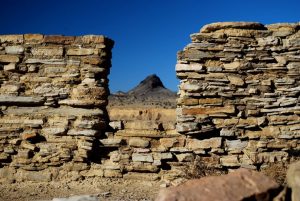
We were recently updating a page on our website and were surprised when we came across some text using the outdated term “Anasazi.” We recognized the need to change the term on that page, and to search the site for any other remaining references. Realizing that people visit the IPCC and our website from all over the world, and that many still search for information by that term, we decided that erasure and replacement wasn’t enough – as a cultural and educational organization, we needed to explain why.
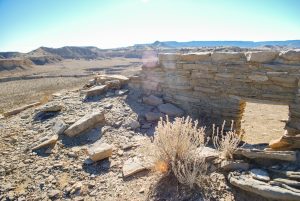
The term “Anasazi” was established in 1927 through the archaeological Pecos Classification system, referring to the Ancestral Pueblo people who spanned the present-day Four Corners region of the United States, including Mesa Verde, Chaco Canyon, Canyon De Chelly, and Aztec. The term is Navajo in origin, and means “ancient enemy.” The Pueblo peoples of New Mexico understandably do not wish to refer to their ancestors in such a disrespectful manner, so the appropriate term to use is “Ancestral Pueblo” or “Ancestral Puebloan.”
According to archaeologist Linda Cordell, “Anasazi” was first applied to the ruins of Mesa Verde by Richard Wetherill, a rancher and trader who was the first Anglo-American known to explore the sites in that area in 1888–89. Wetherill knew and worked with Navajos, and understood what the word meant. The name was further embedded in archaeological circles when it was adopted by Alfred V. Kidder, the acknowledged dean of Southwestern Archaeology, who felt it was easier to use than creating a more technical term.
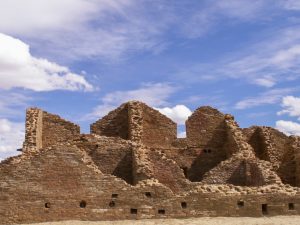
“It is to my knowledge within our Pueblo communities that we have always referred to our ancestors with proper words to describe their next stage in life with honor and care according to our own language composition,” says Stephanie Oyenque (Acoma Pueblo), IPCC Cultural Education Specialist. “The term ‘Anasazi’ is a word not used within our Pueblo communities. Therefore, how can we, as a universal collective, honor our past people with dignity and respect? Now is the time to take back control of how to accurately describe our ancestral people.”
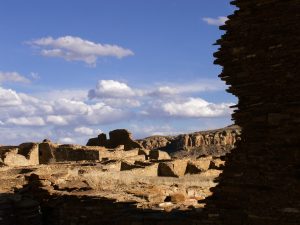
In pursuit of accuracy and respect, the Indian Pueblo Cultural Center and Indian Pueblo Store are dedicated to changing all mentions of Anasazi to Ancestral Pueblo or Ancestral Puebloan, and helping to educate others on the reason the term is no longer acceptable. It will only appear on our sites when part of a product or other official name, and in those cases a link to this information will be included.
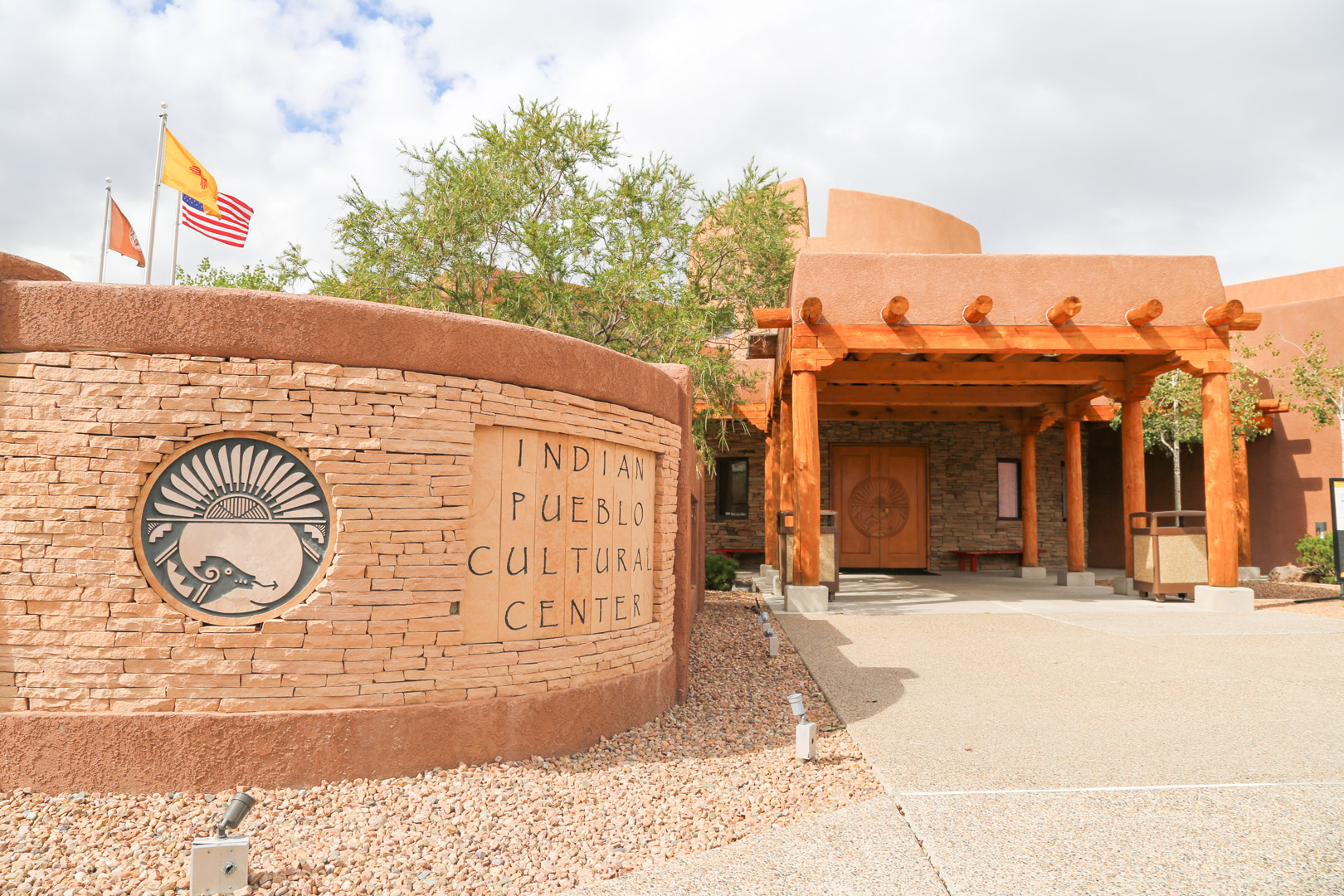
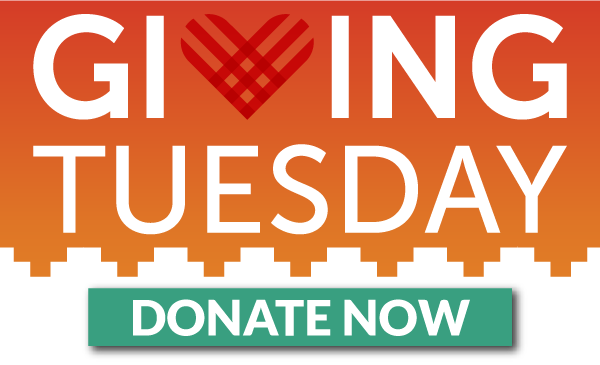
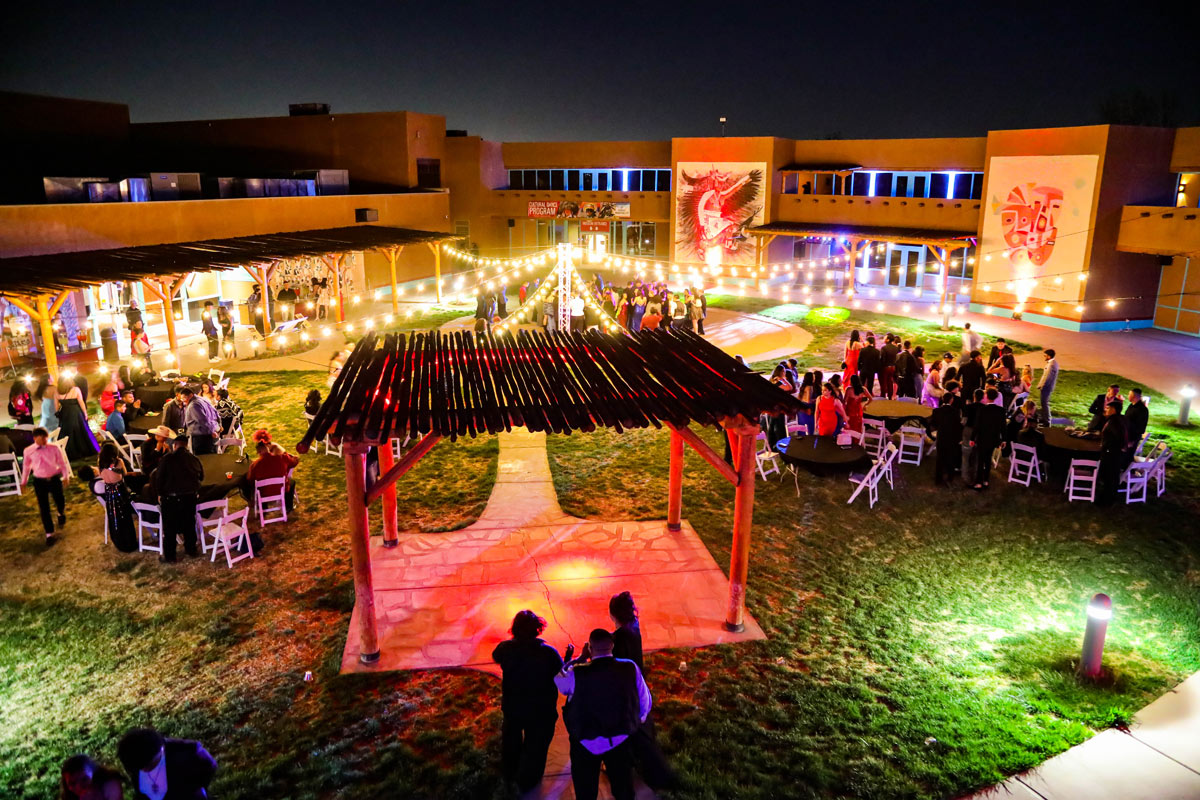
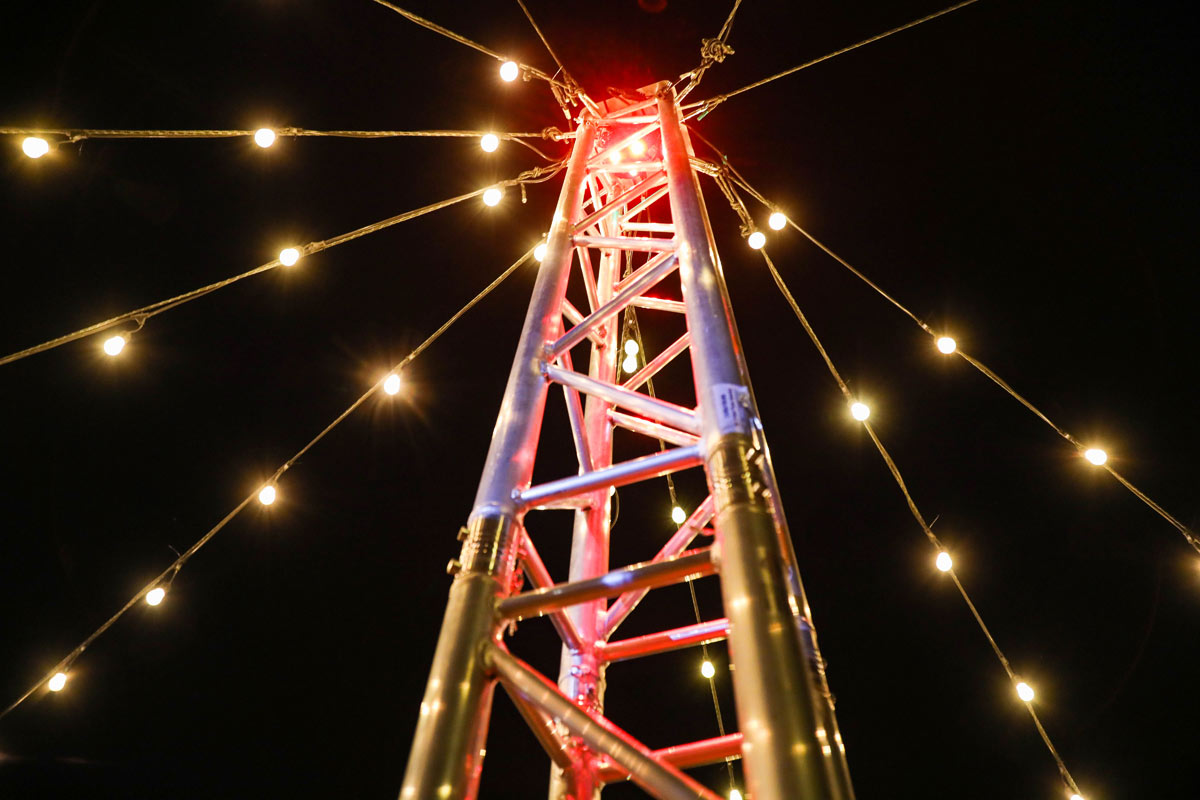
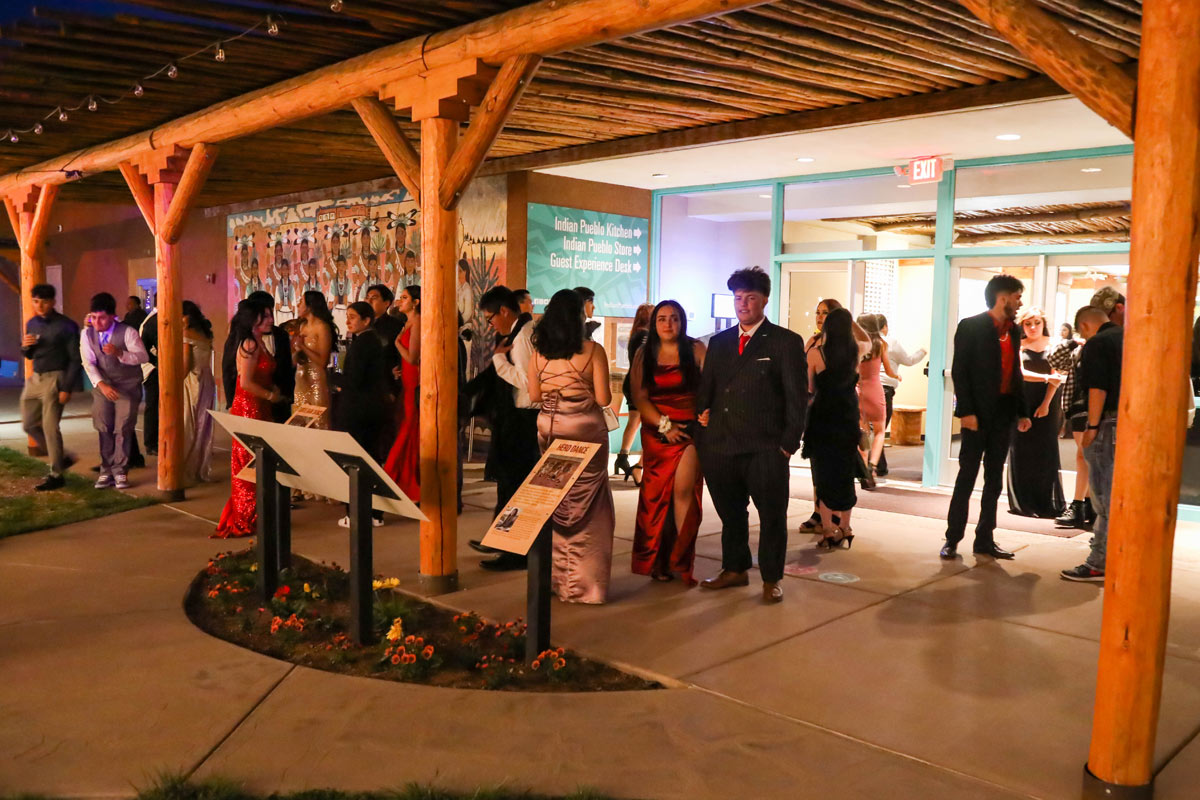
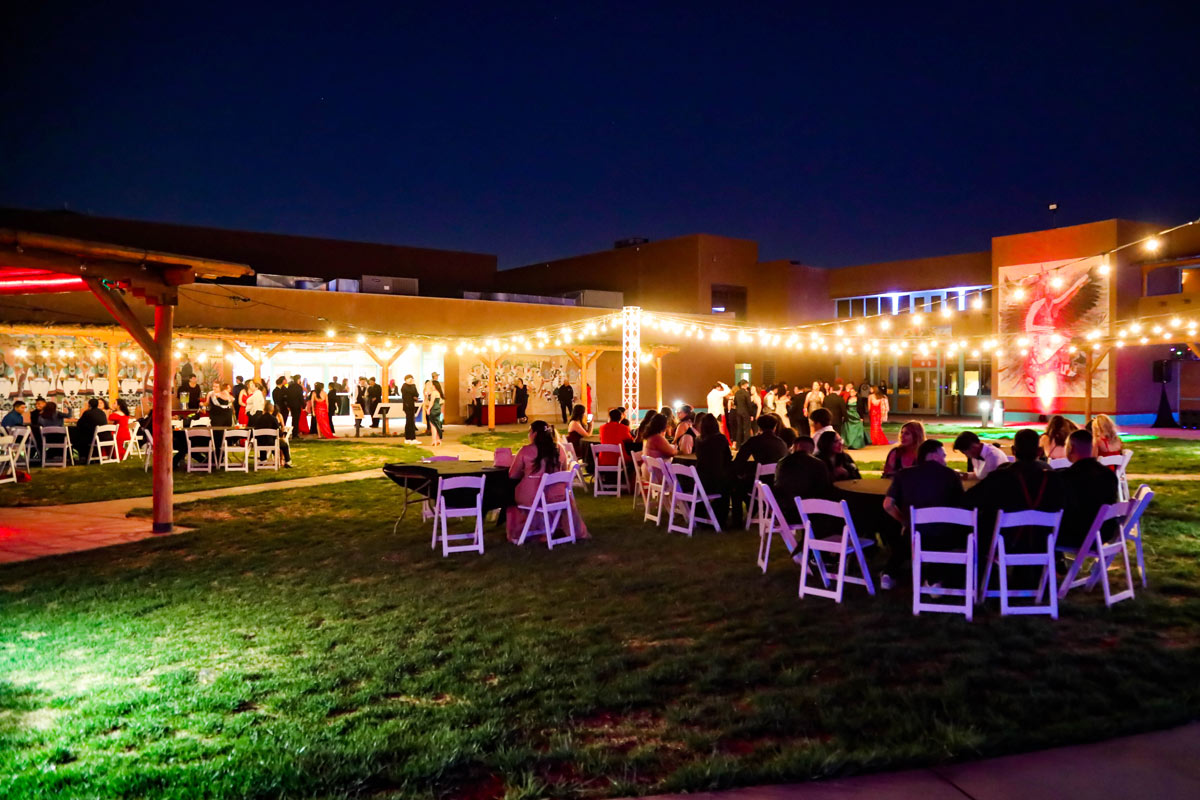
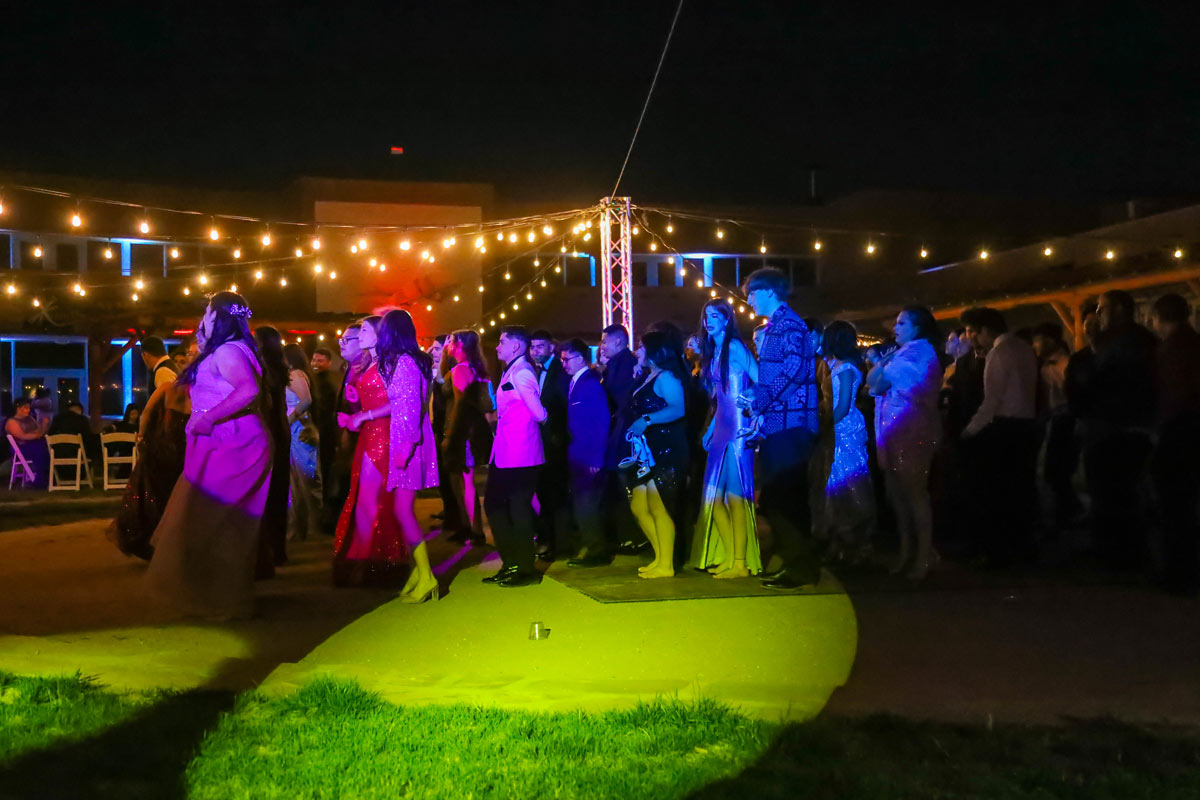
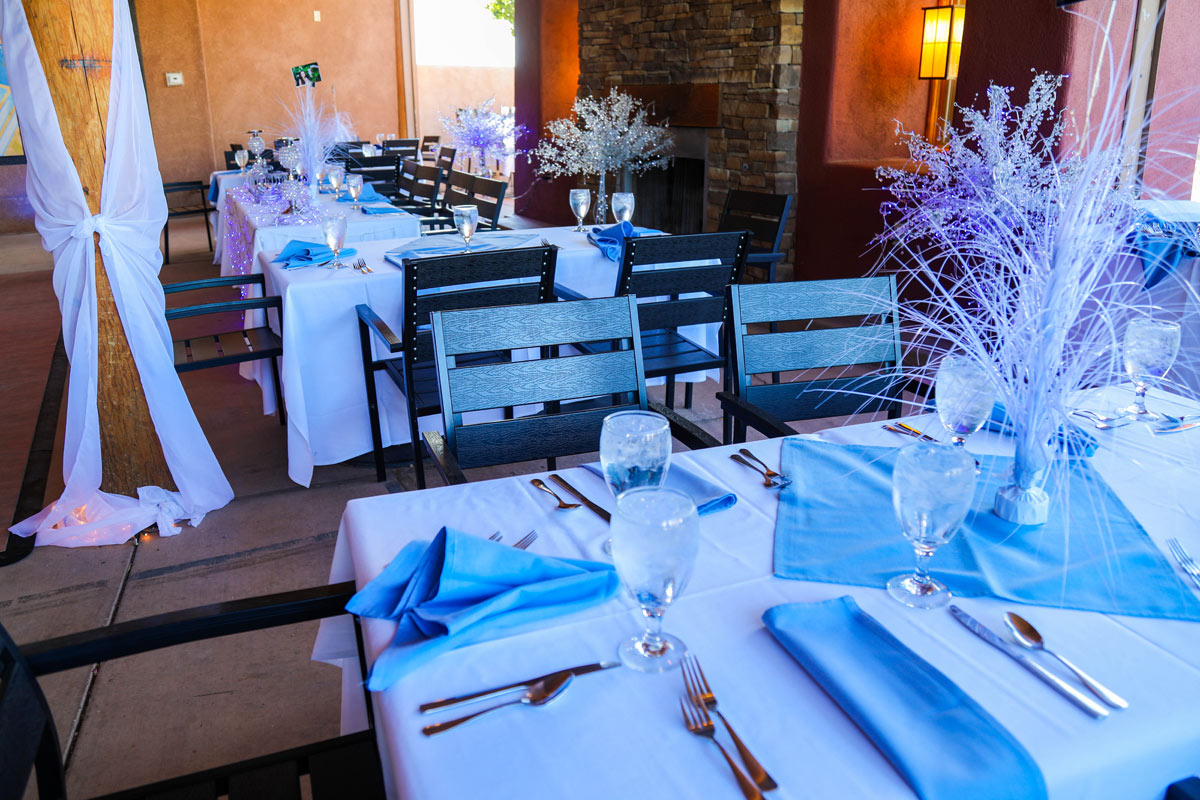
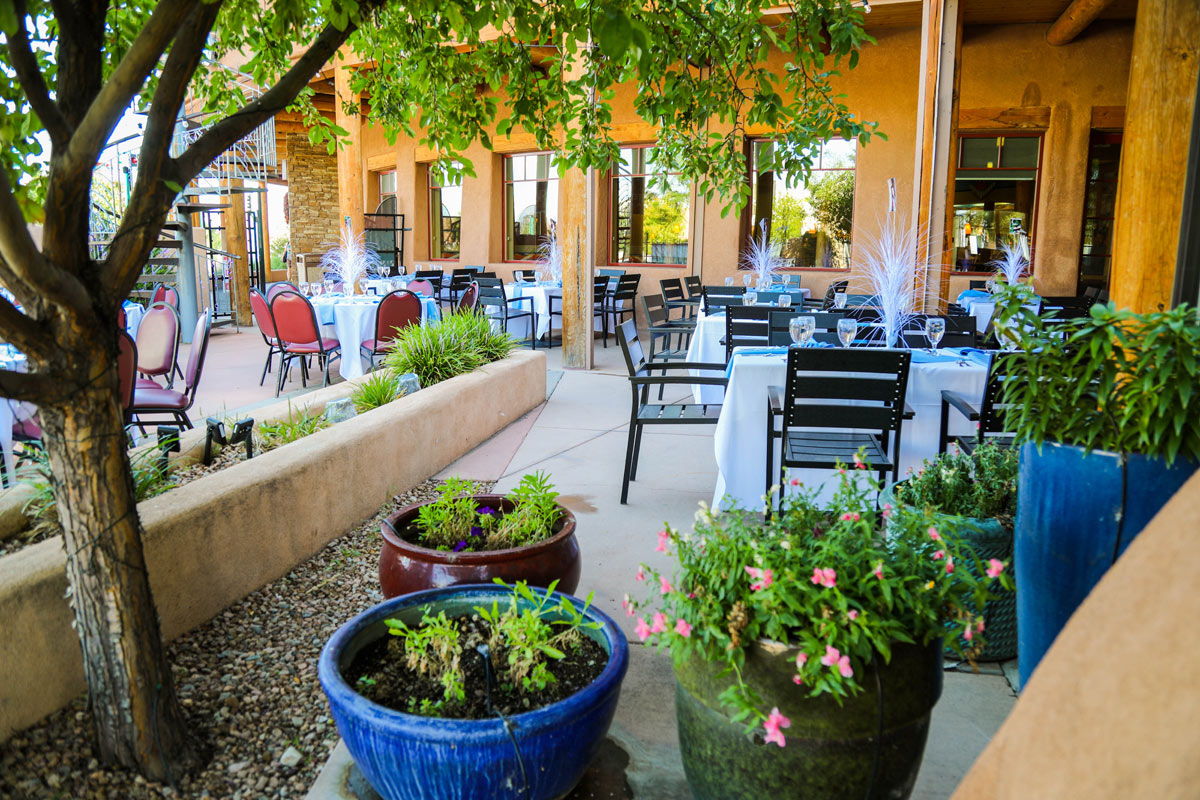
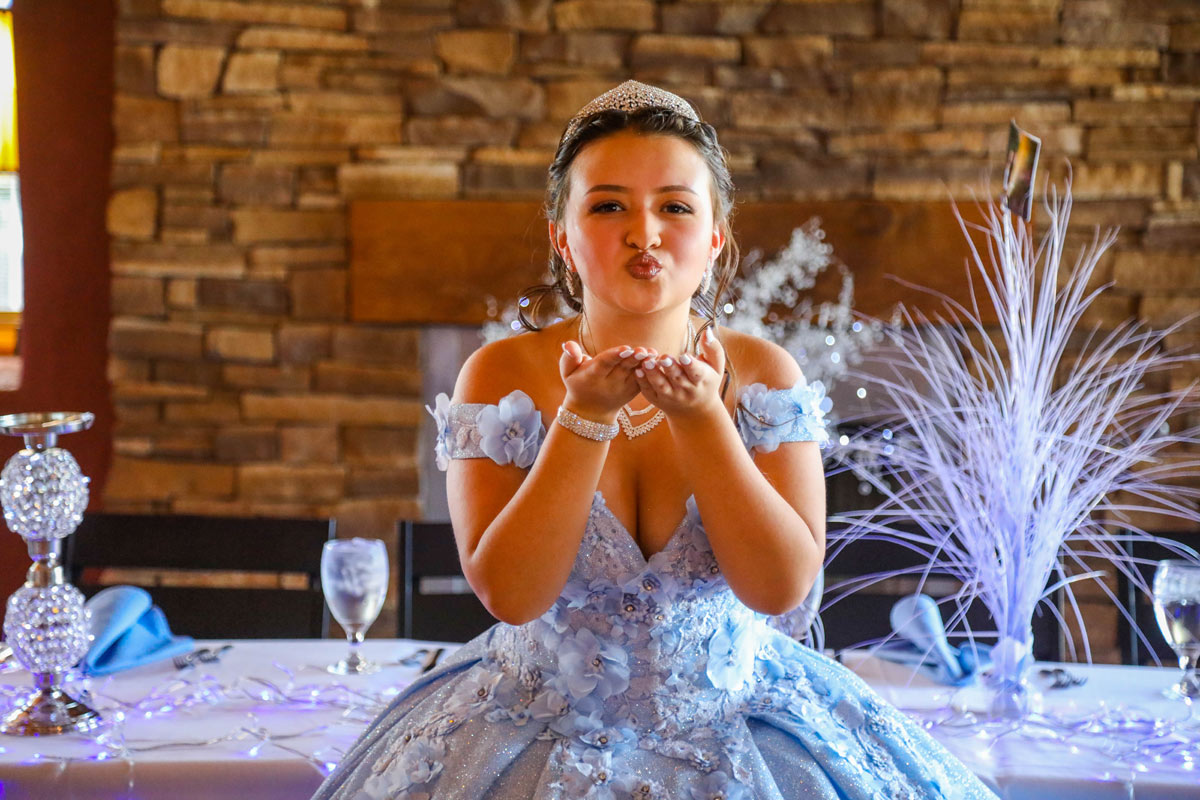
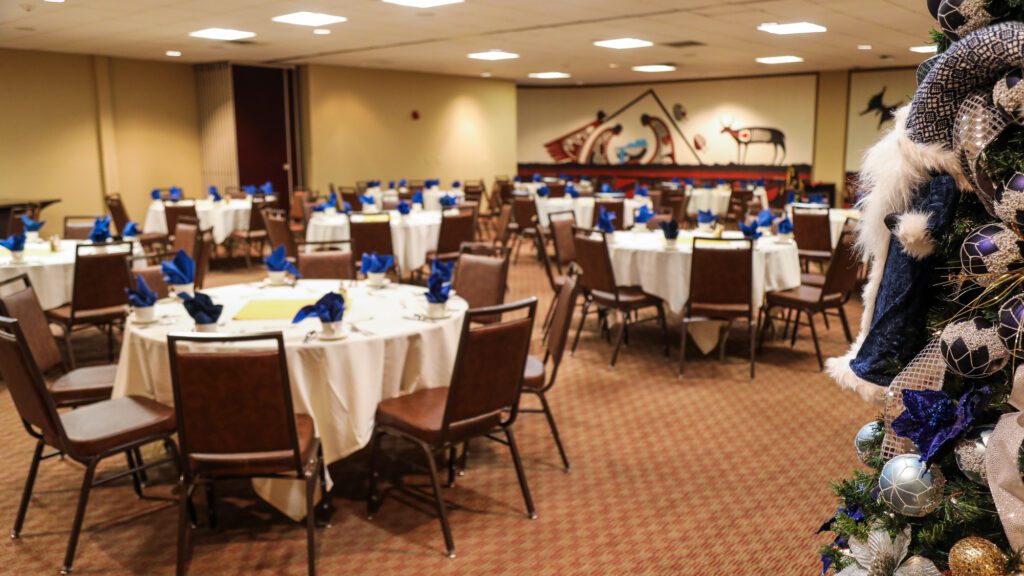
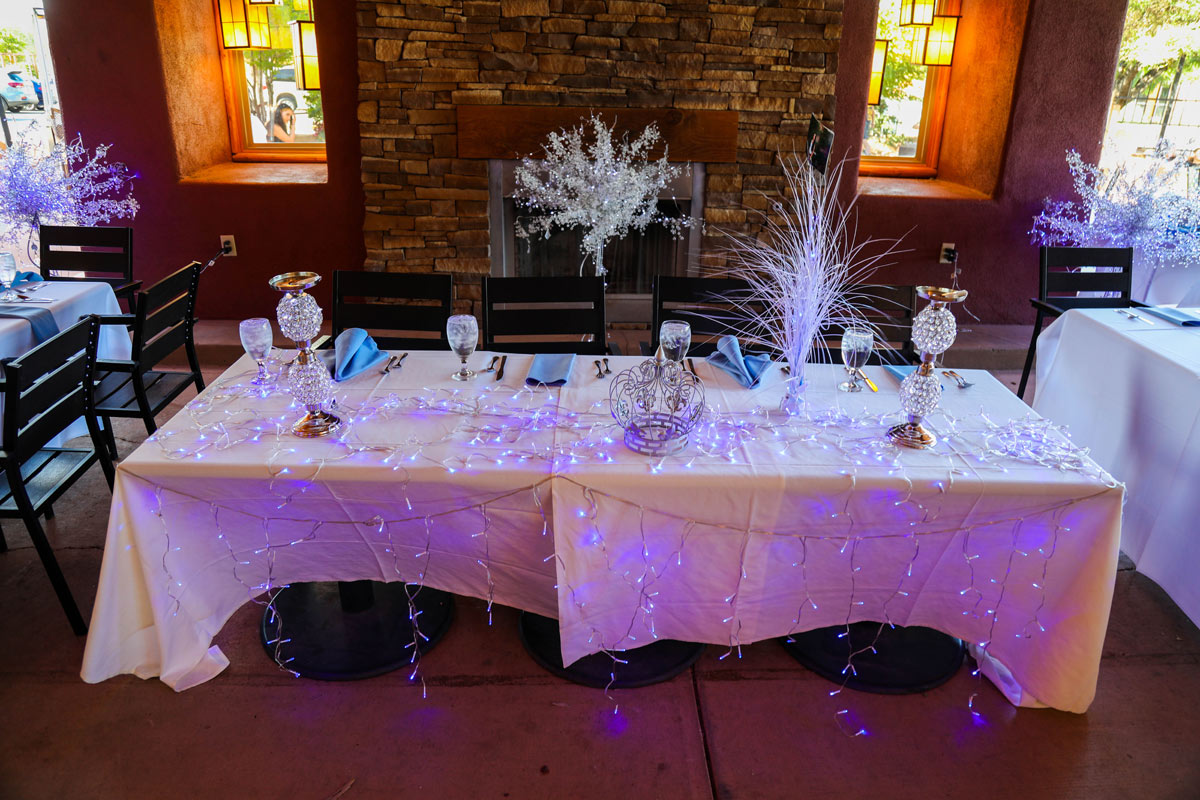
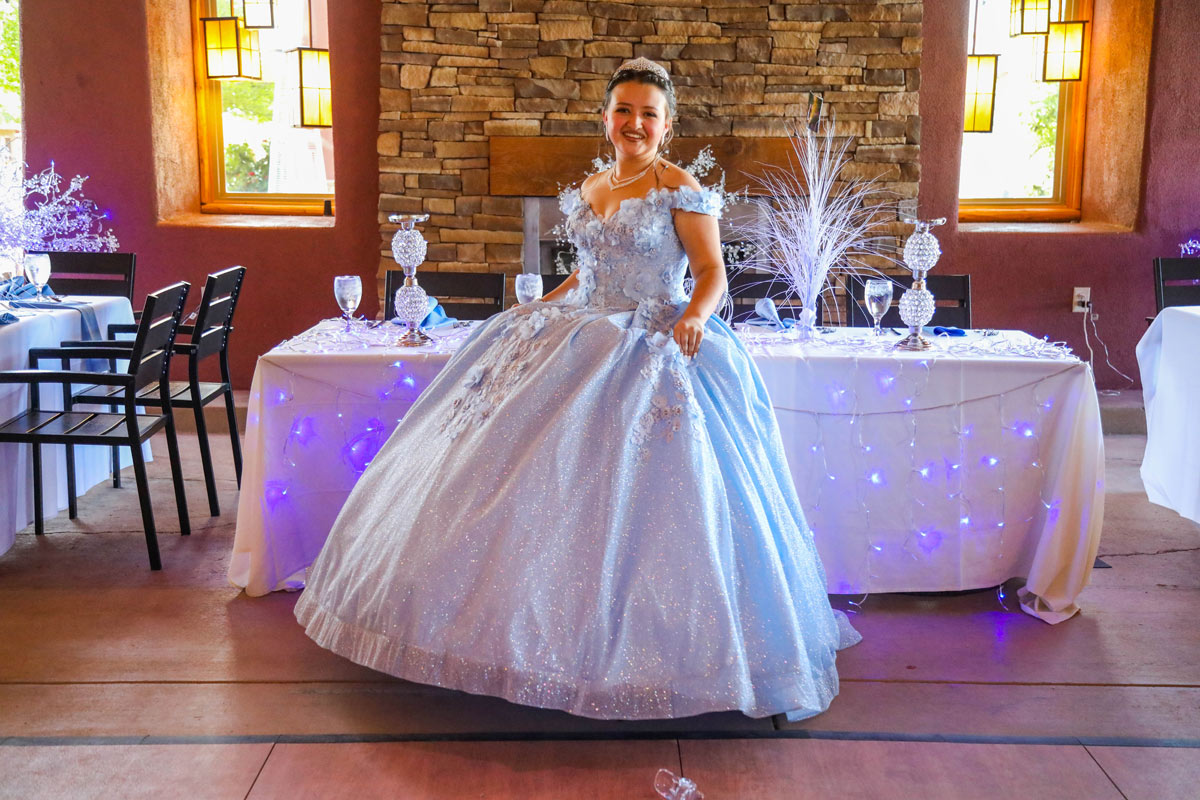
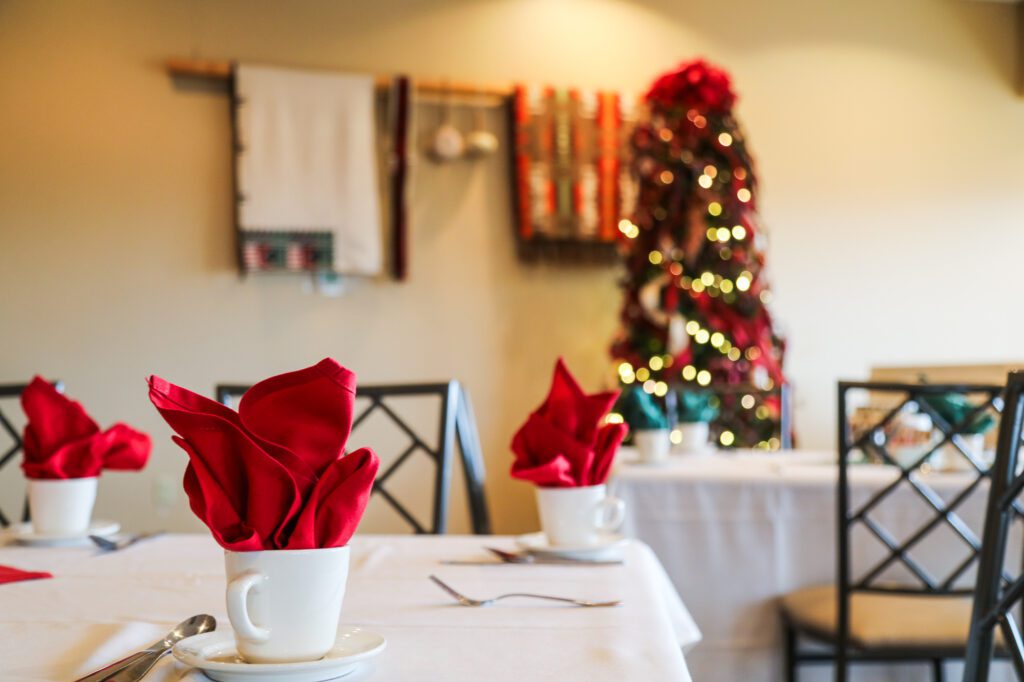
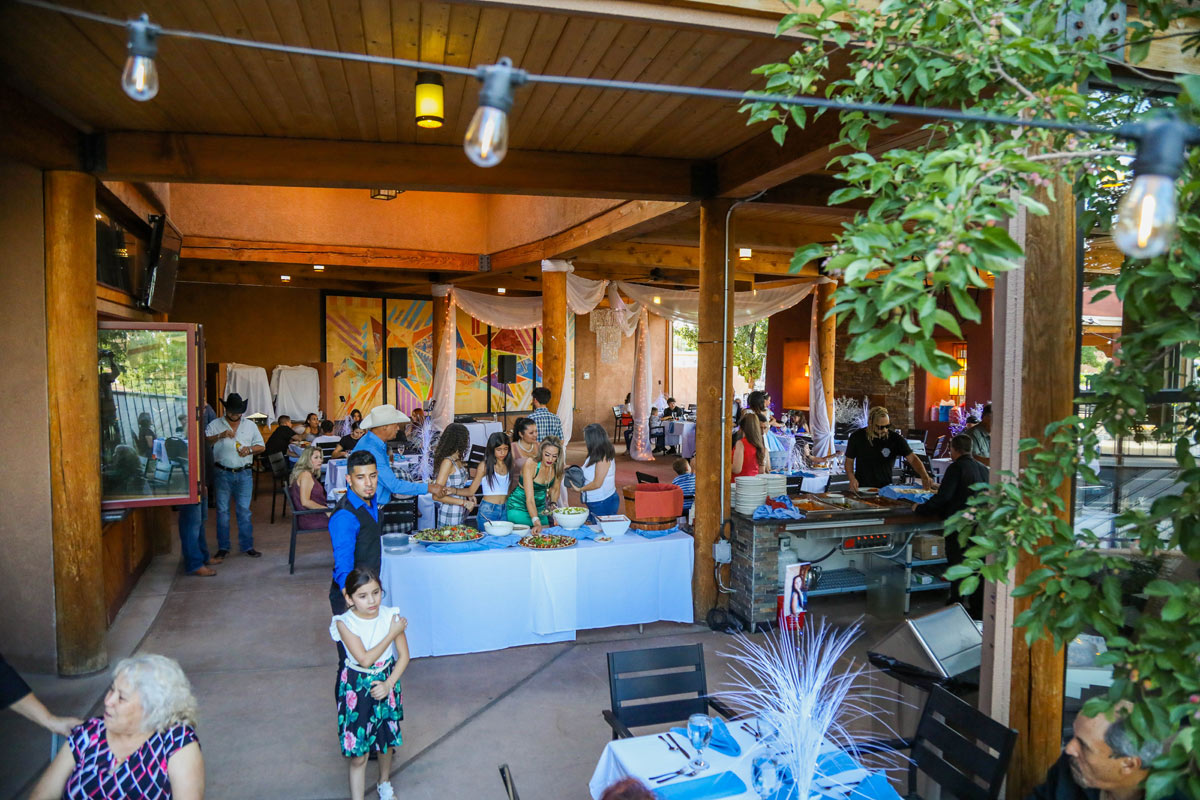
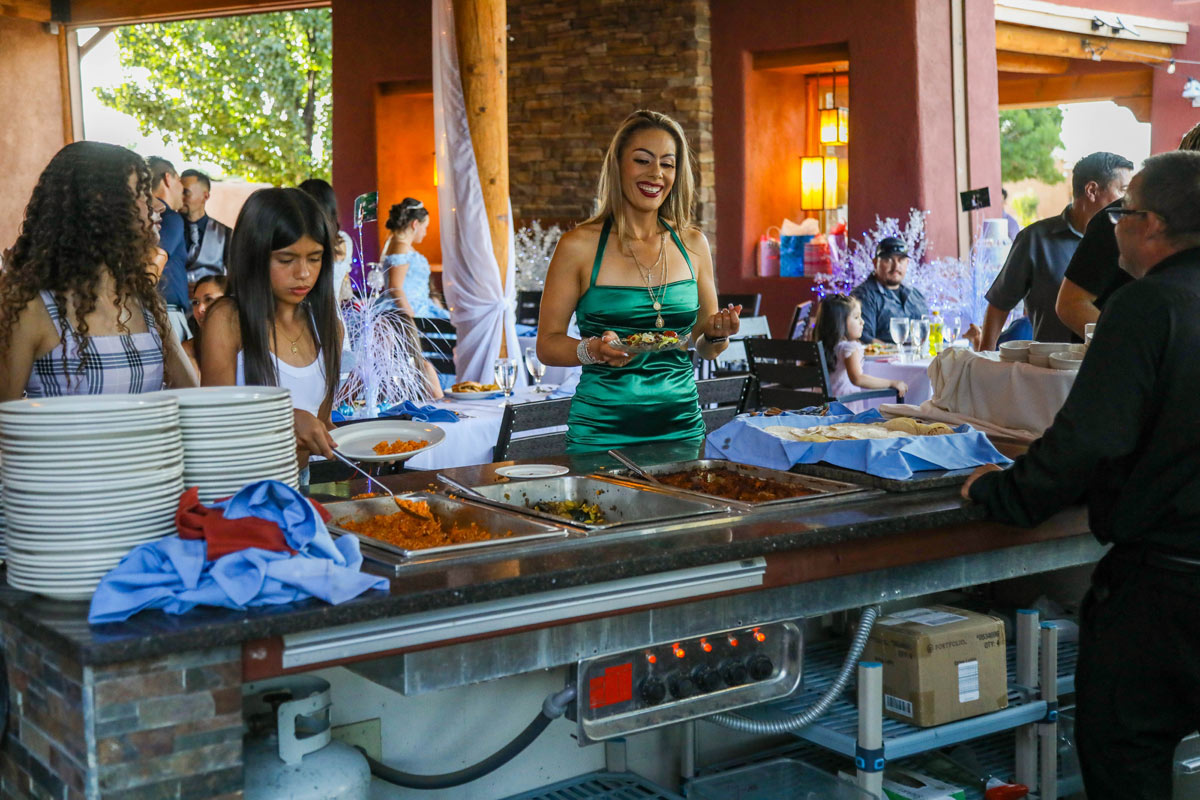
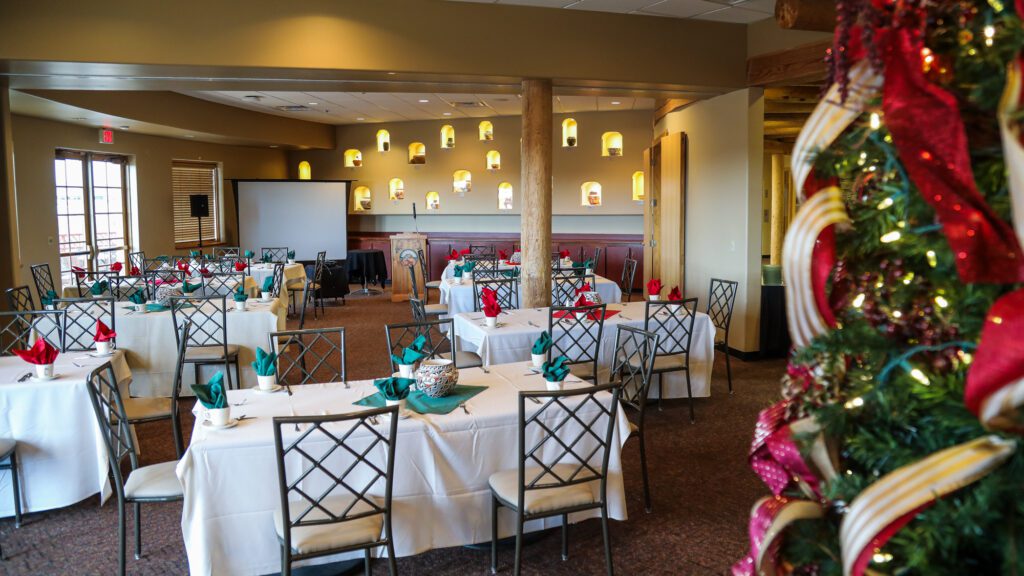
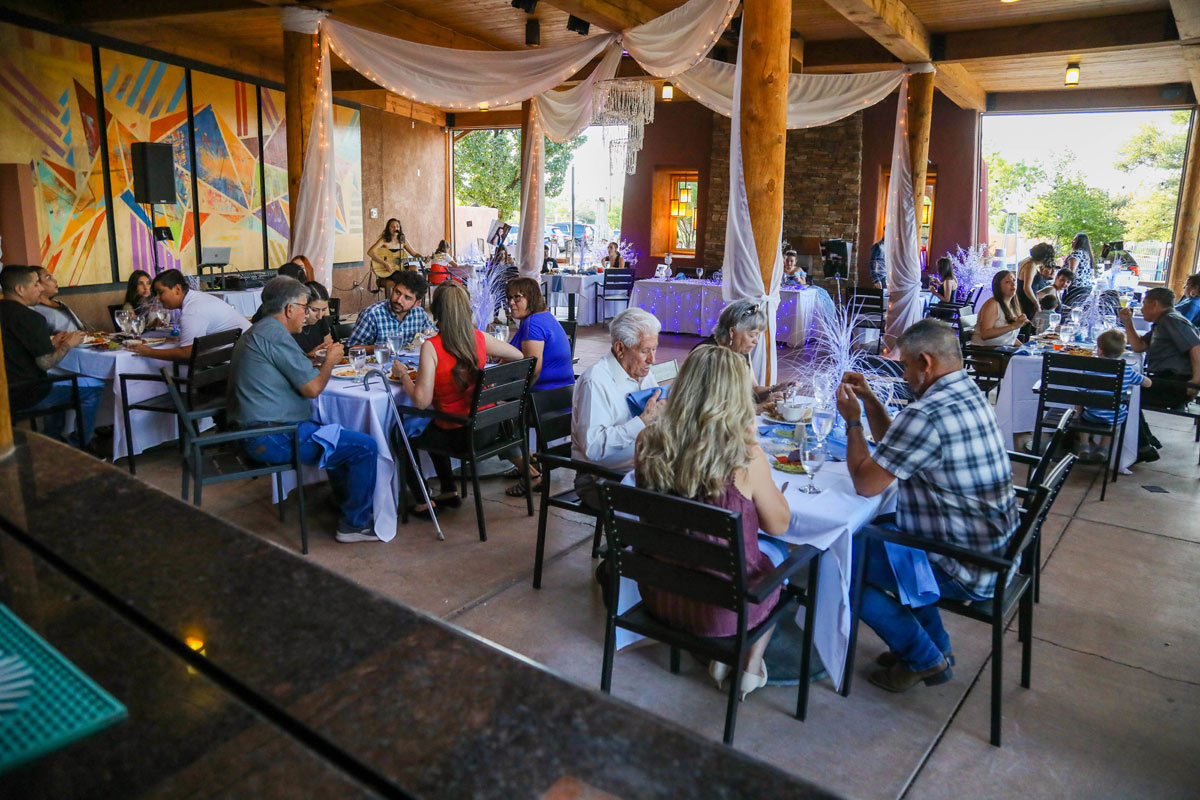
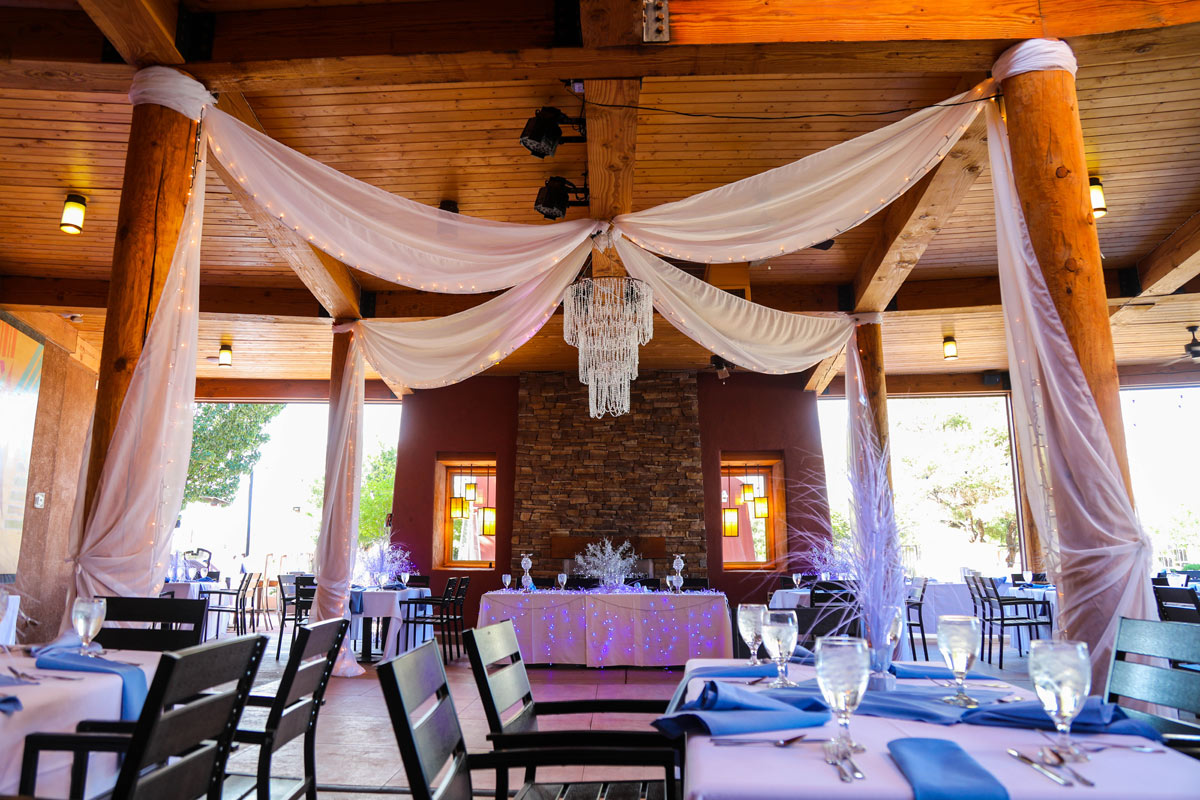
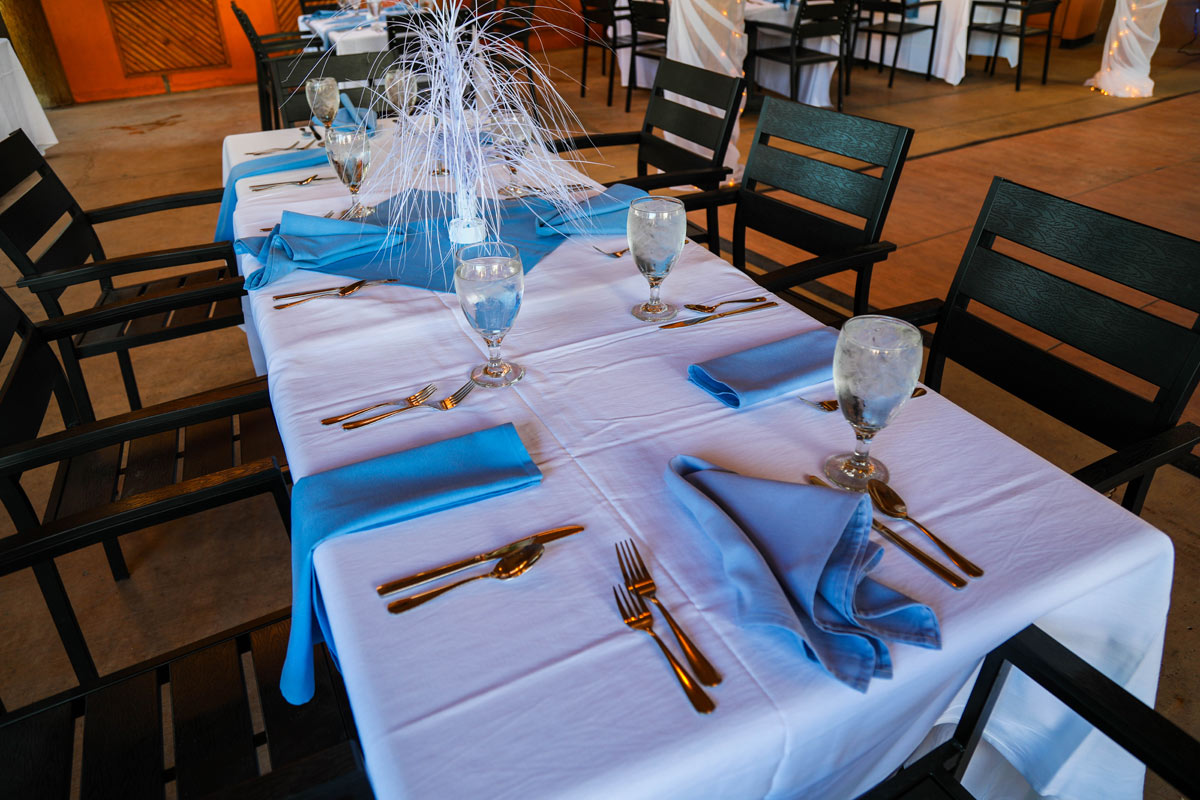
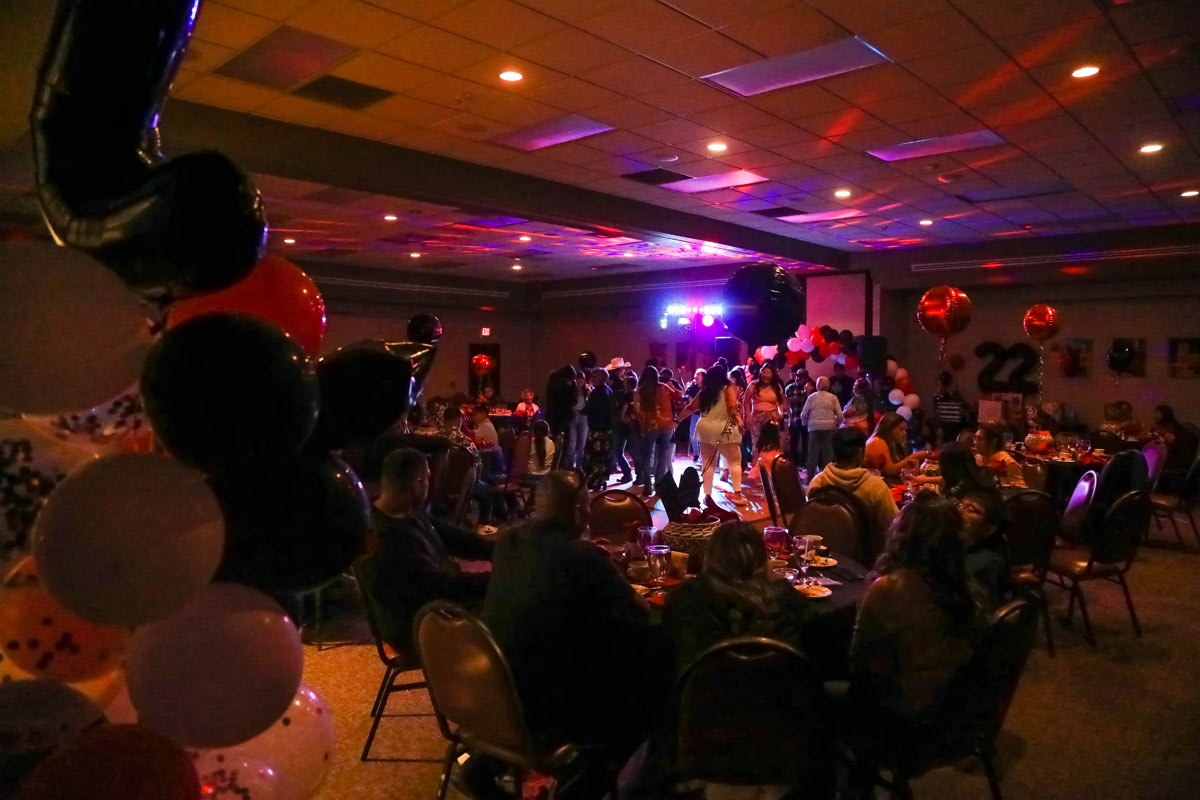
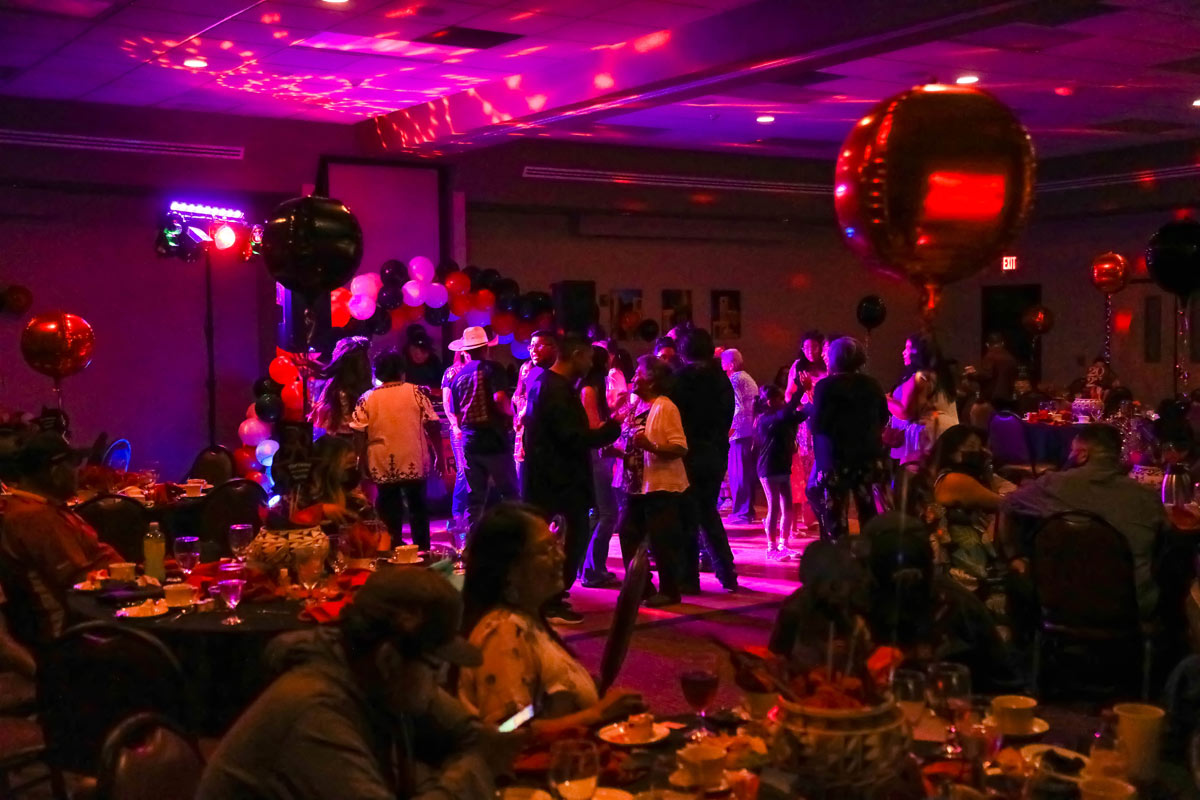
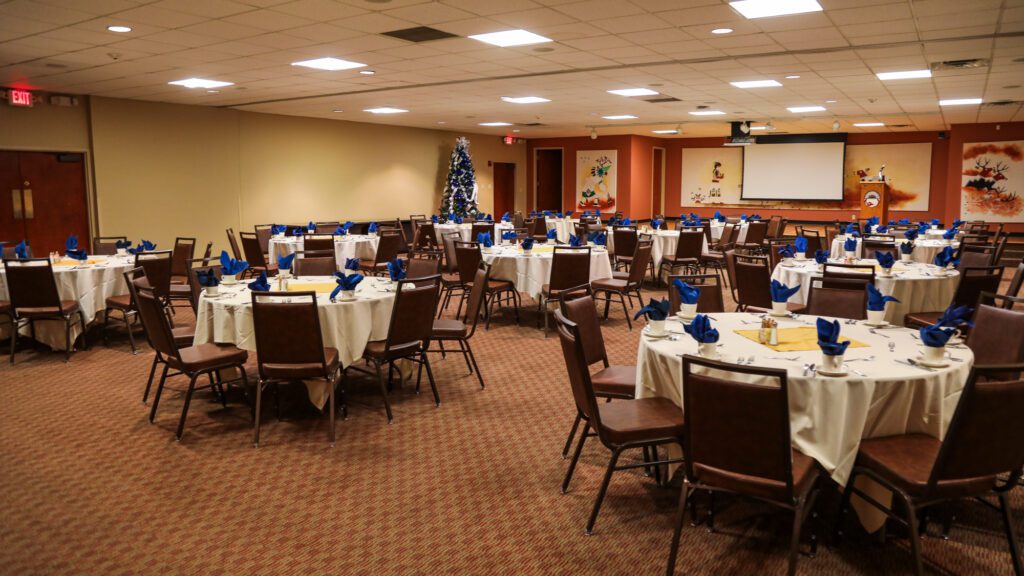
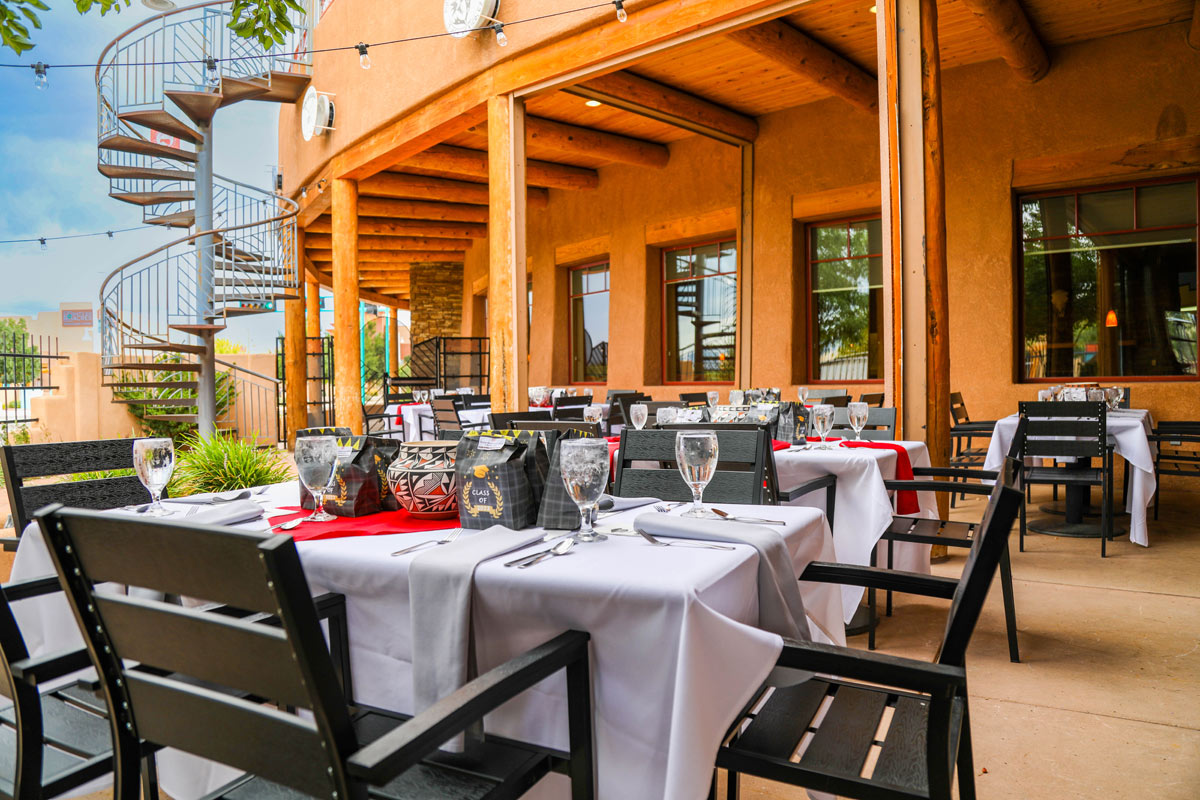
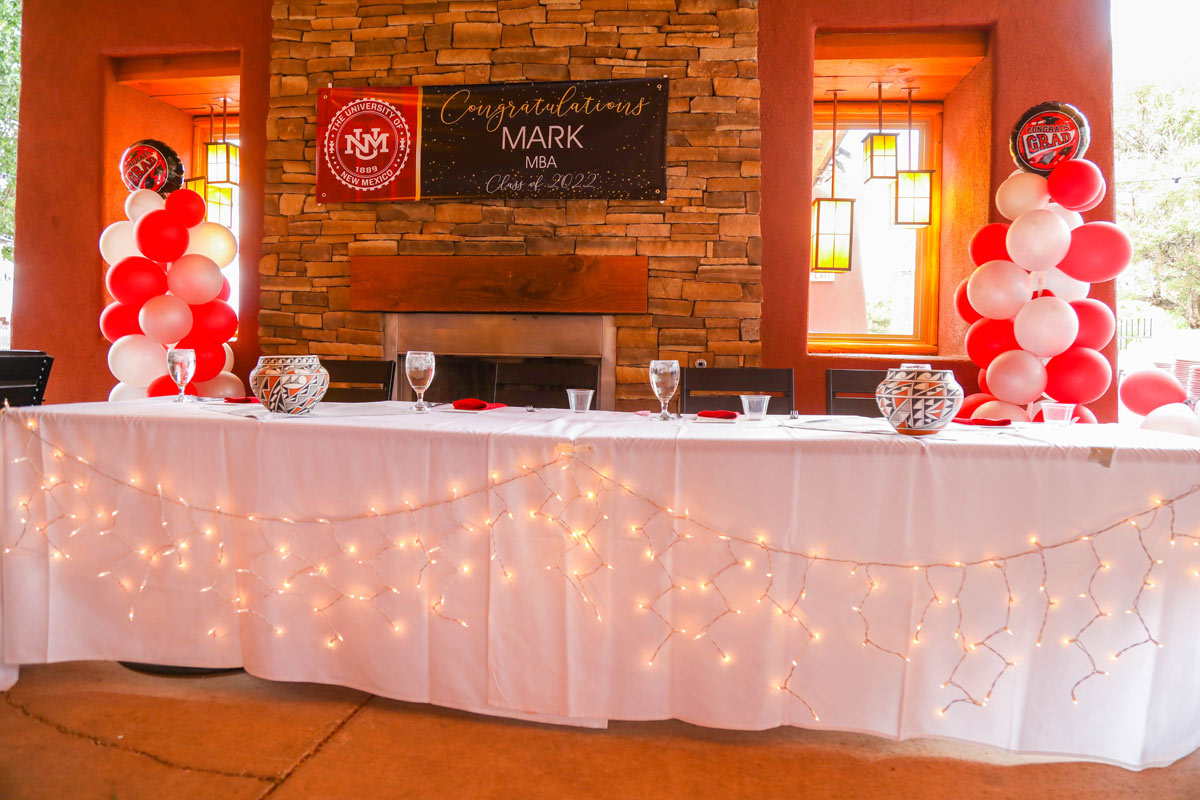
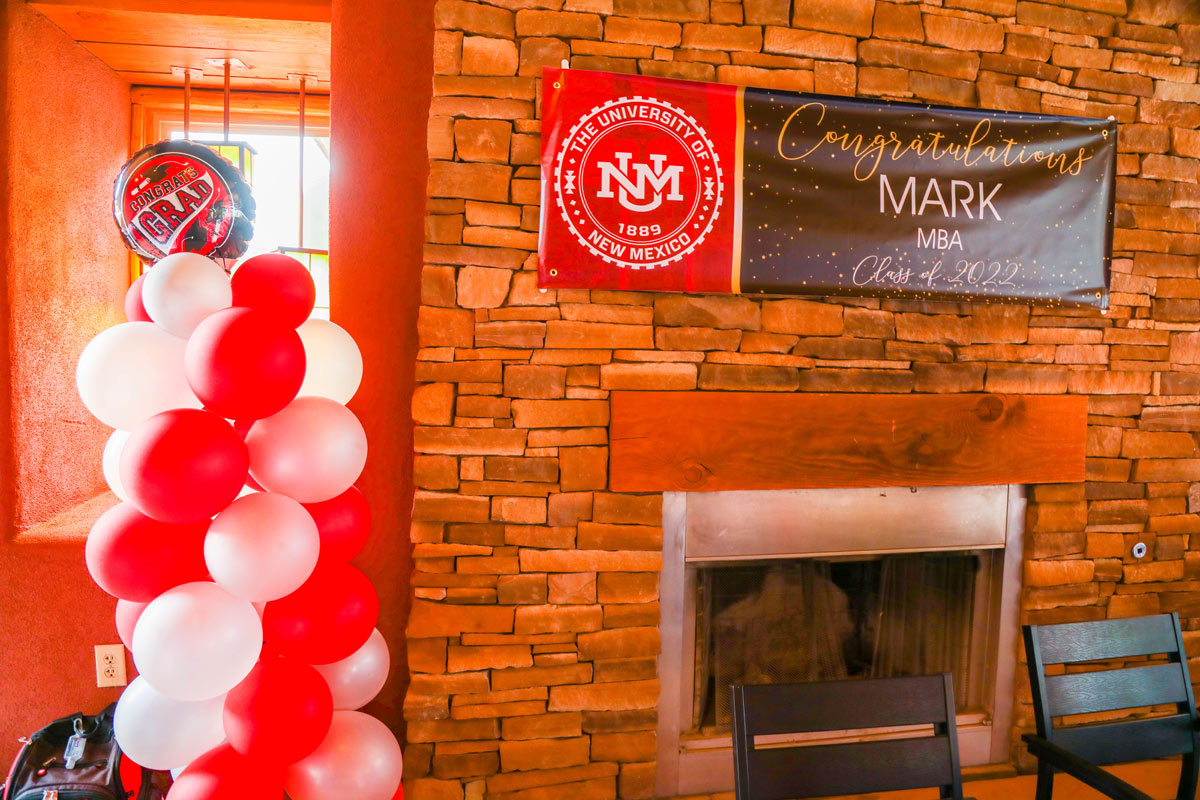
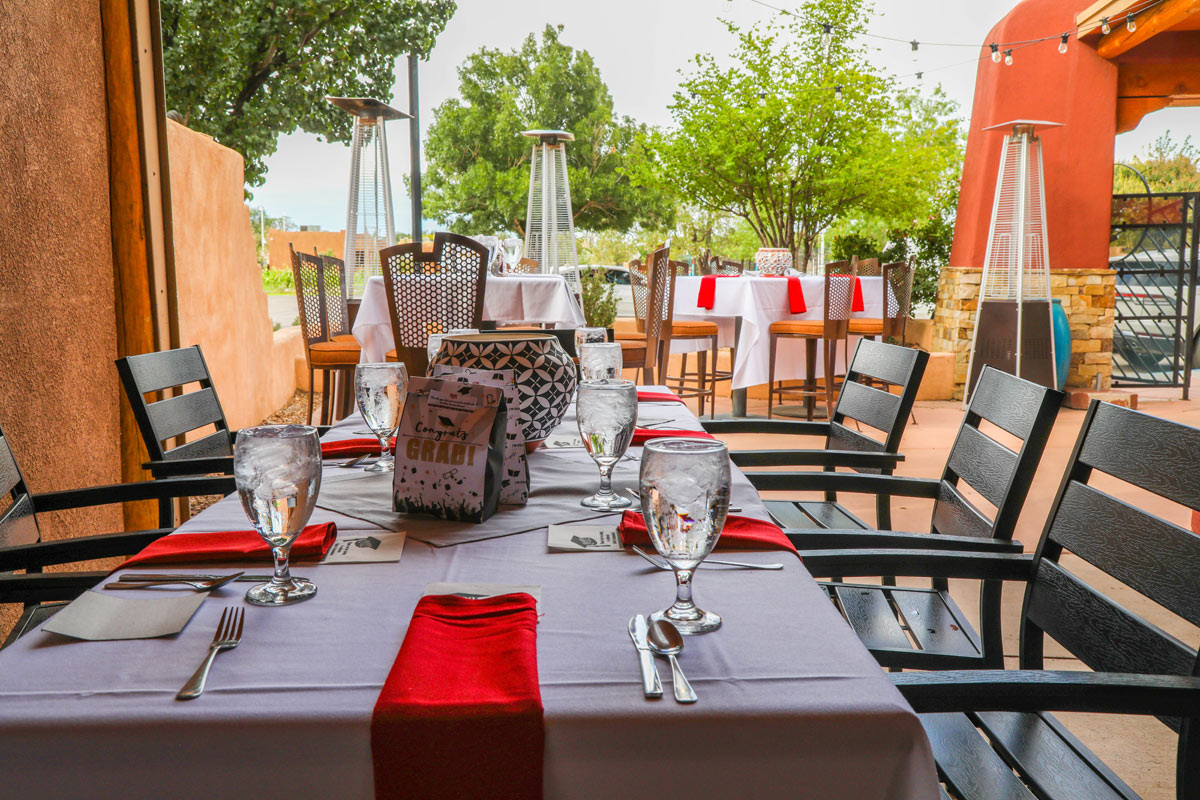
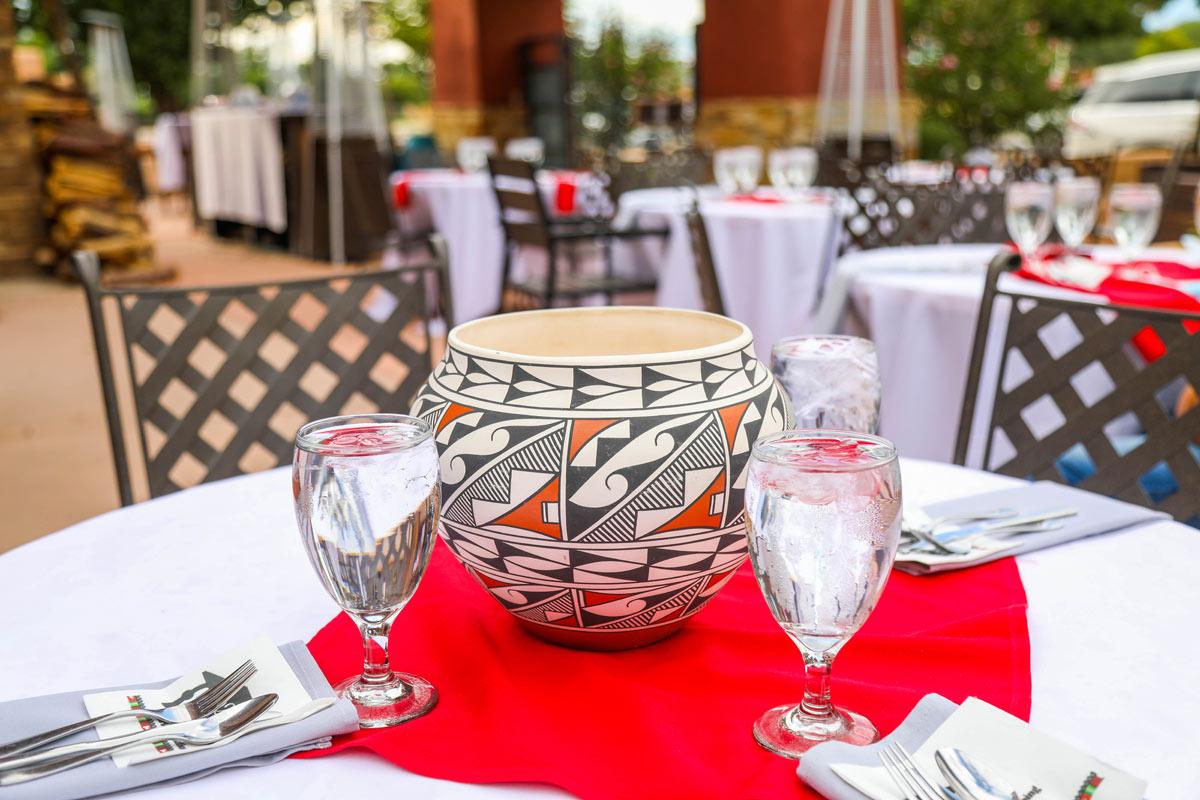
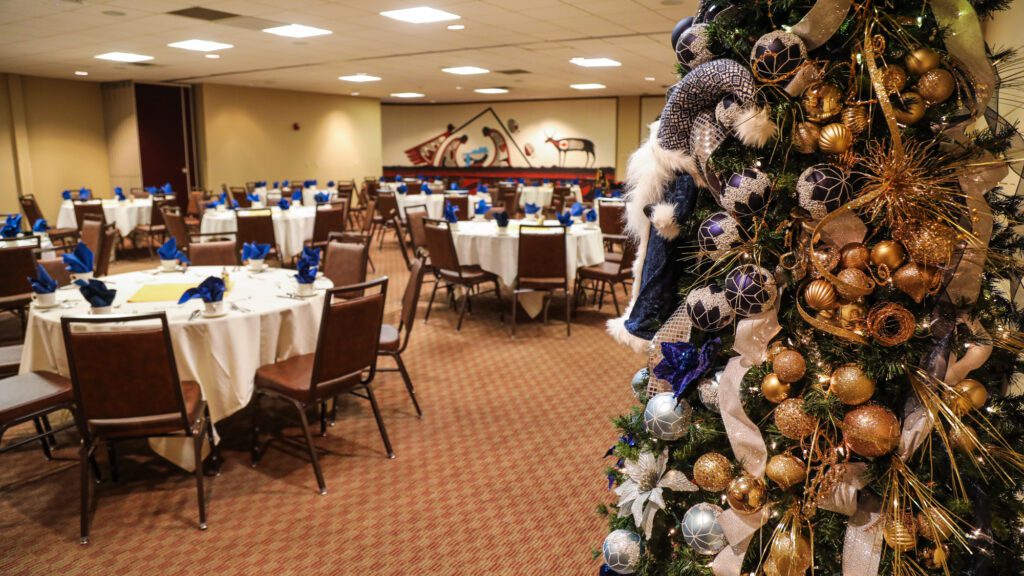
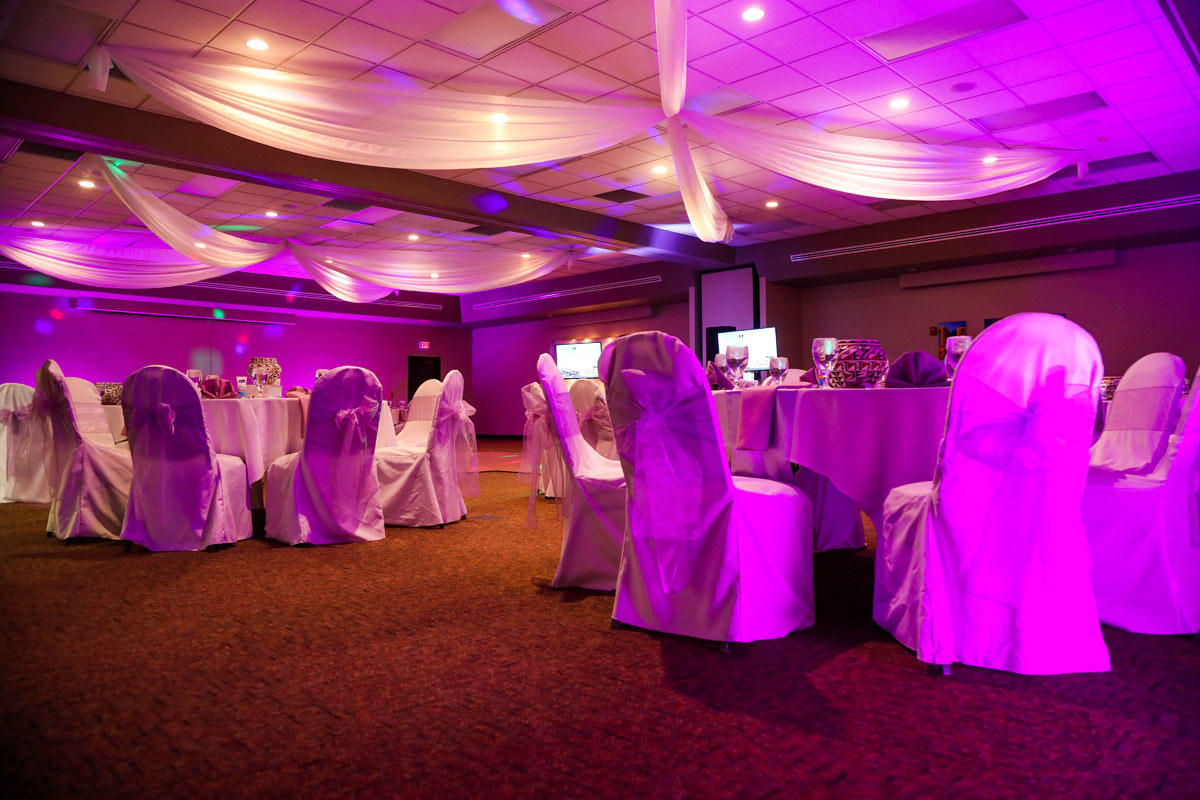

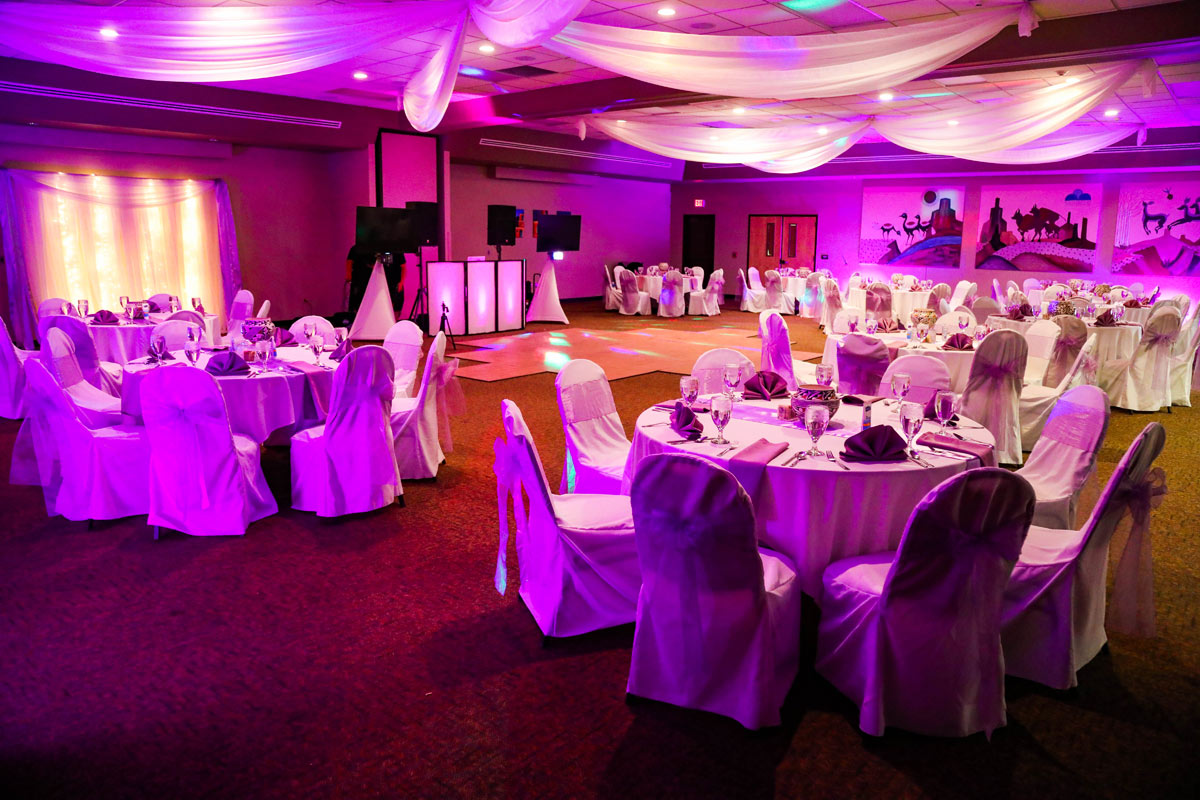


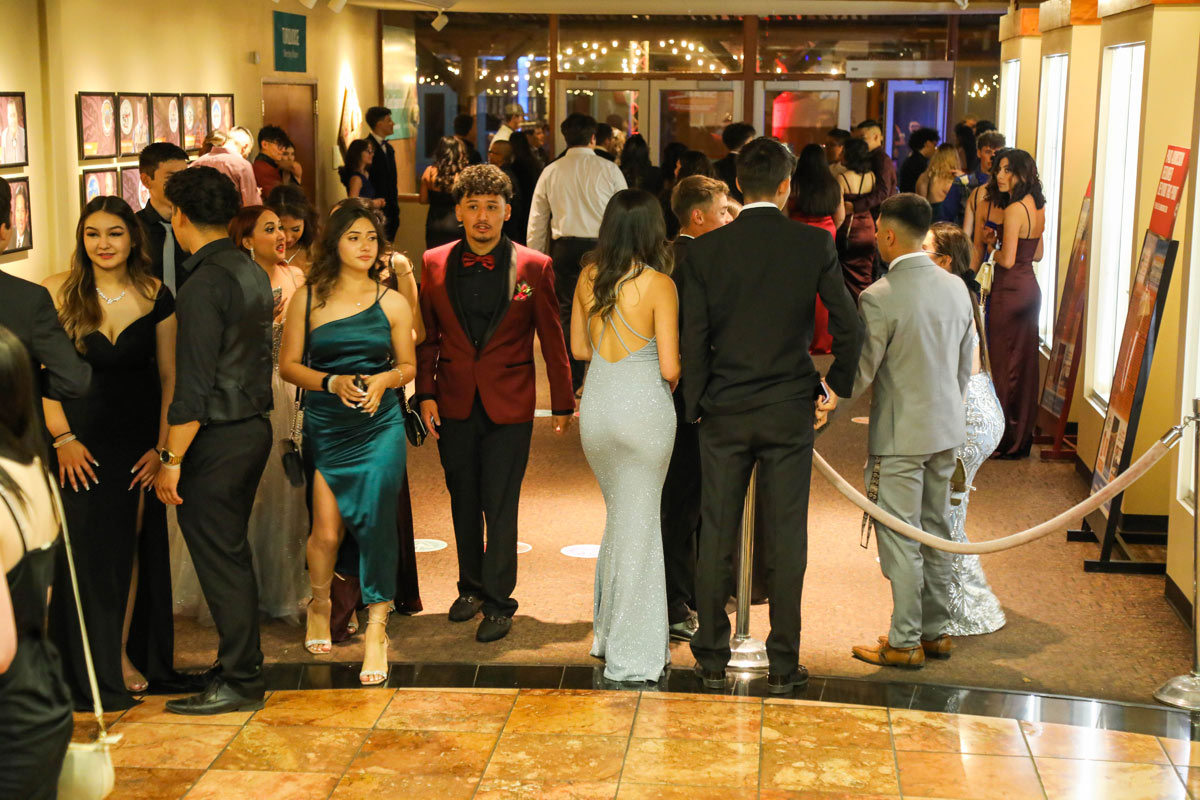
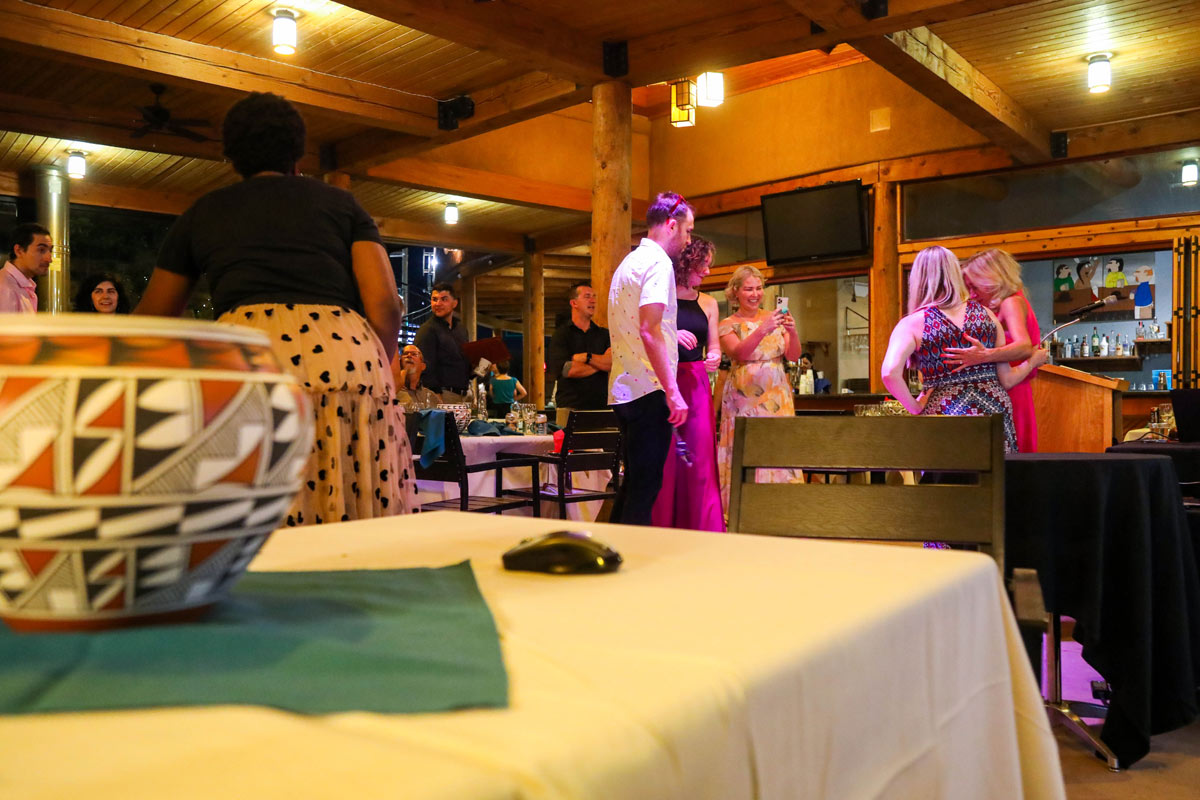
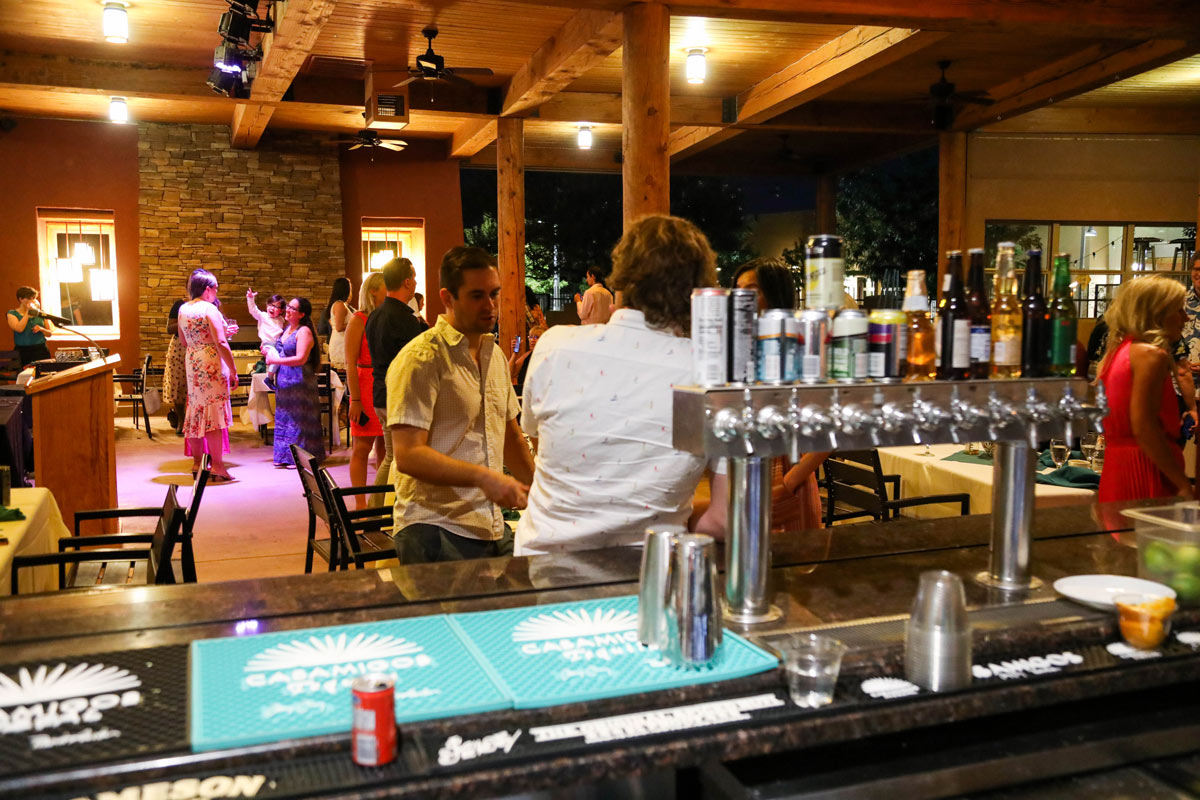
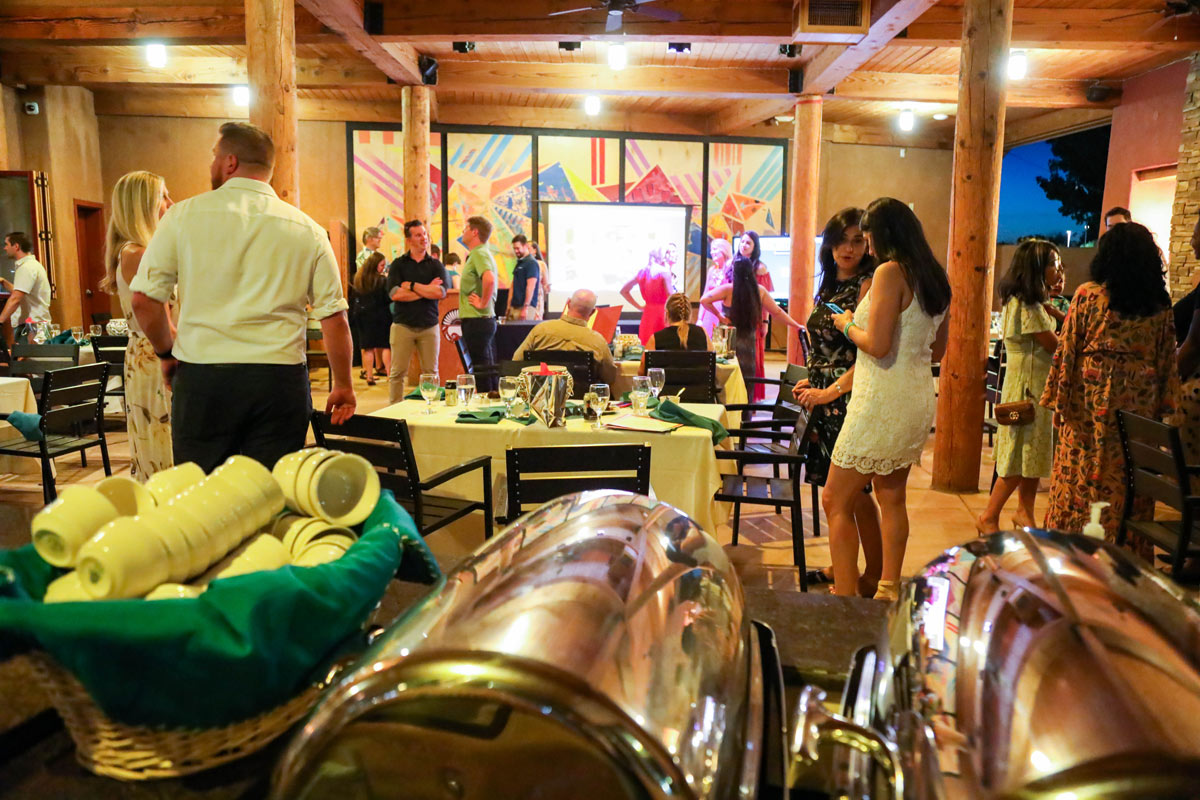
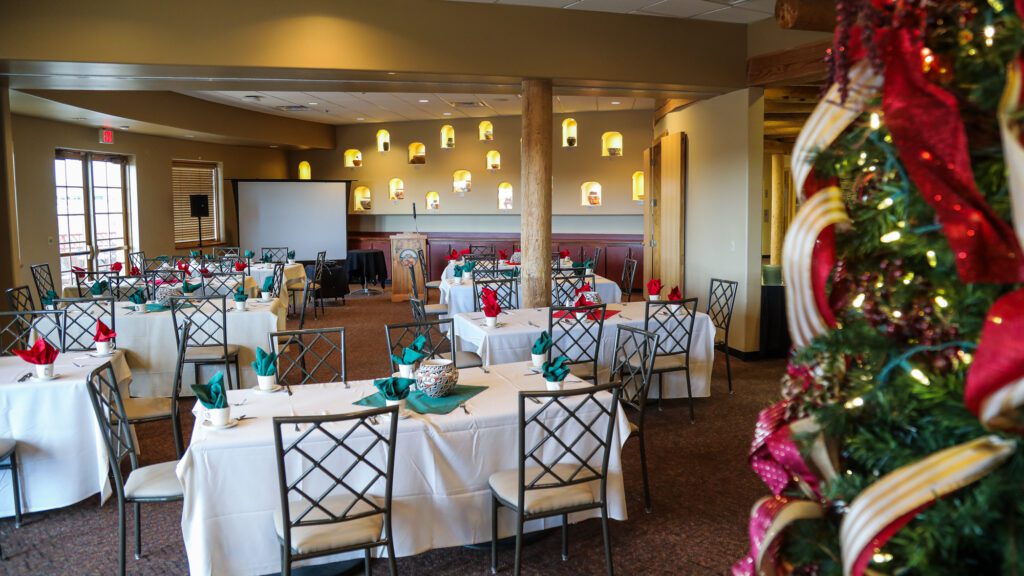
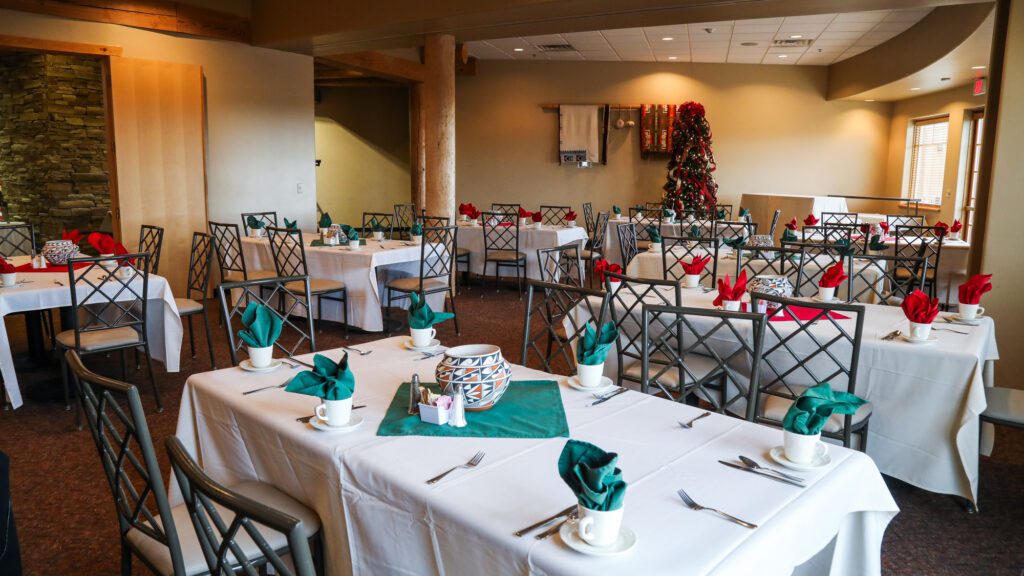
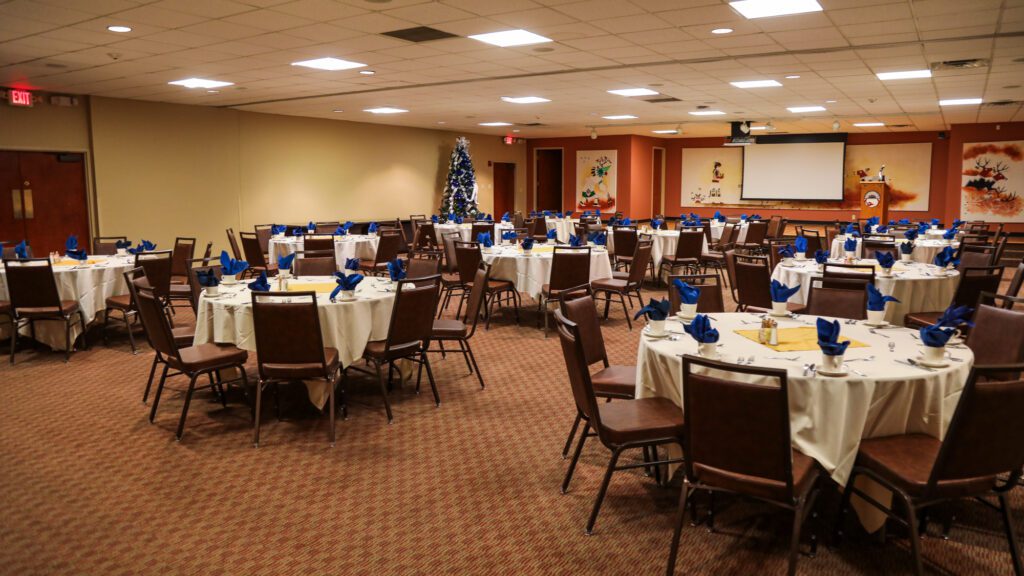
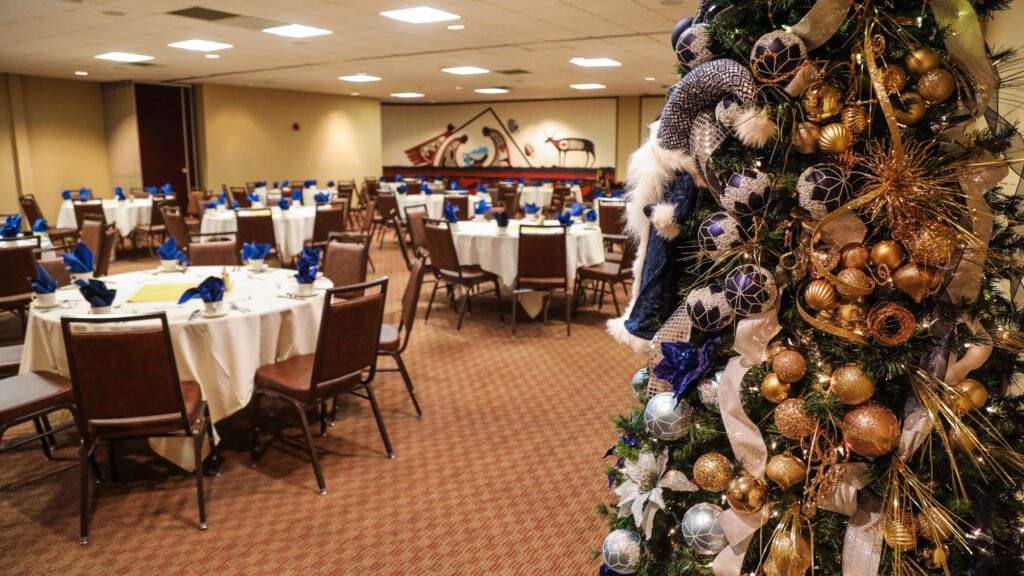
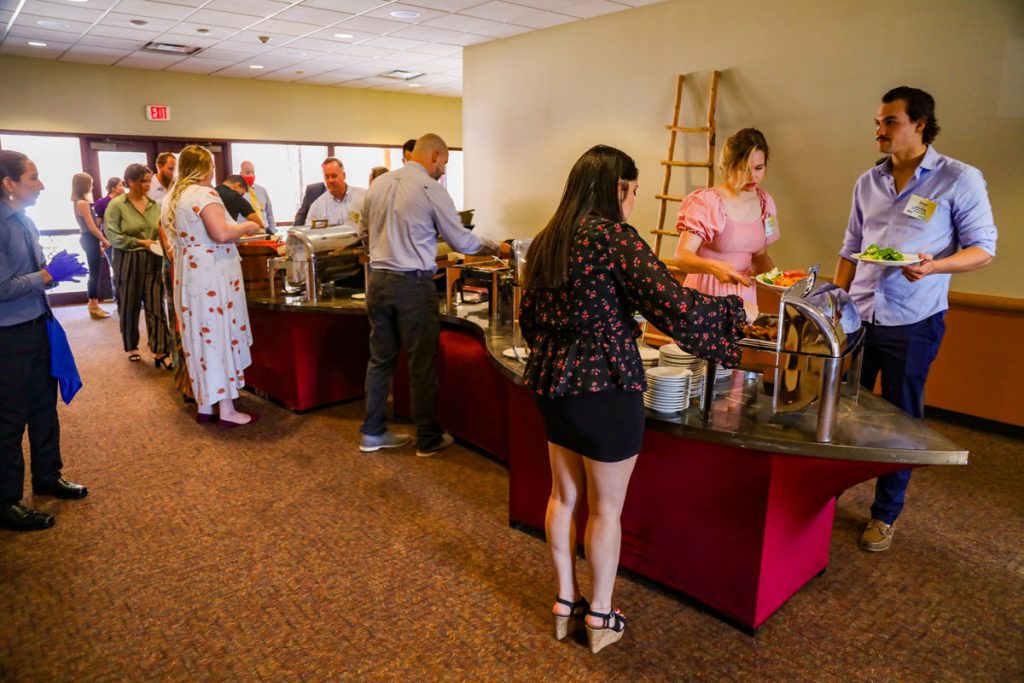
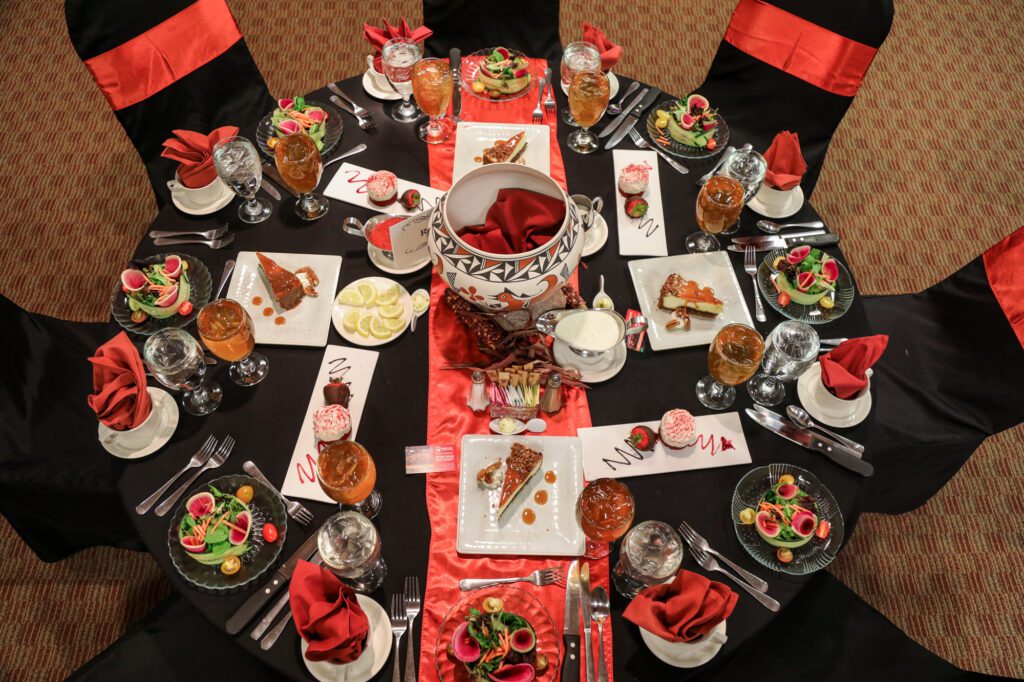
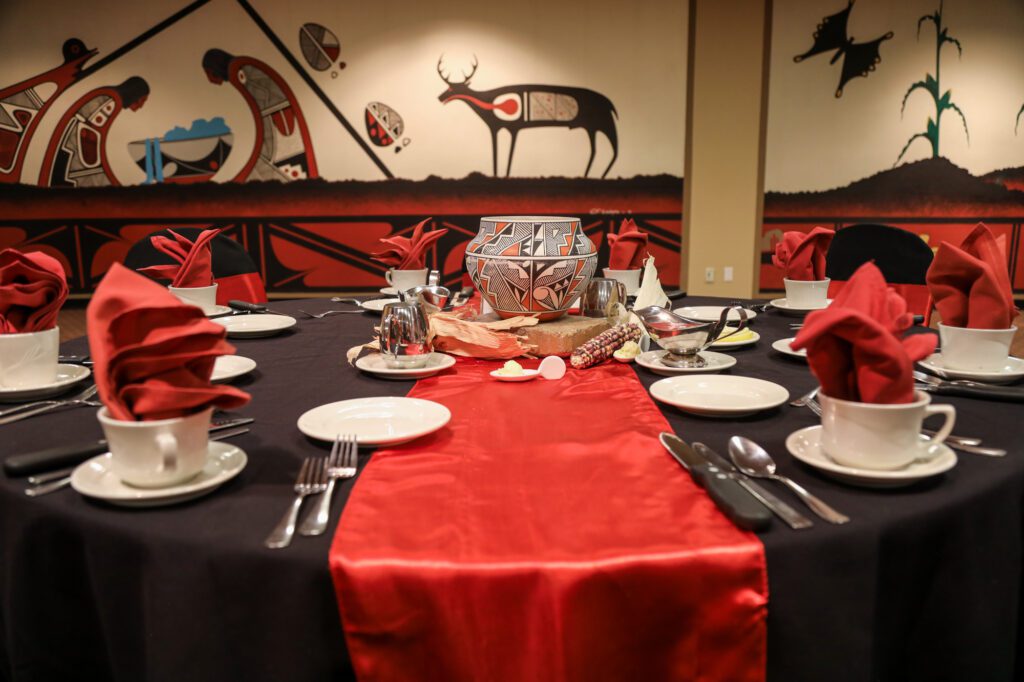
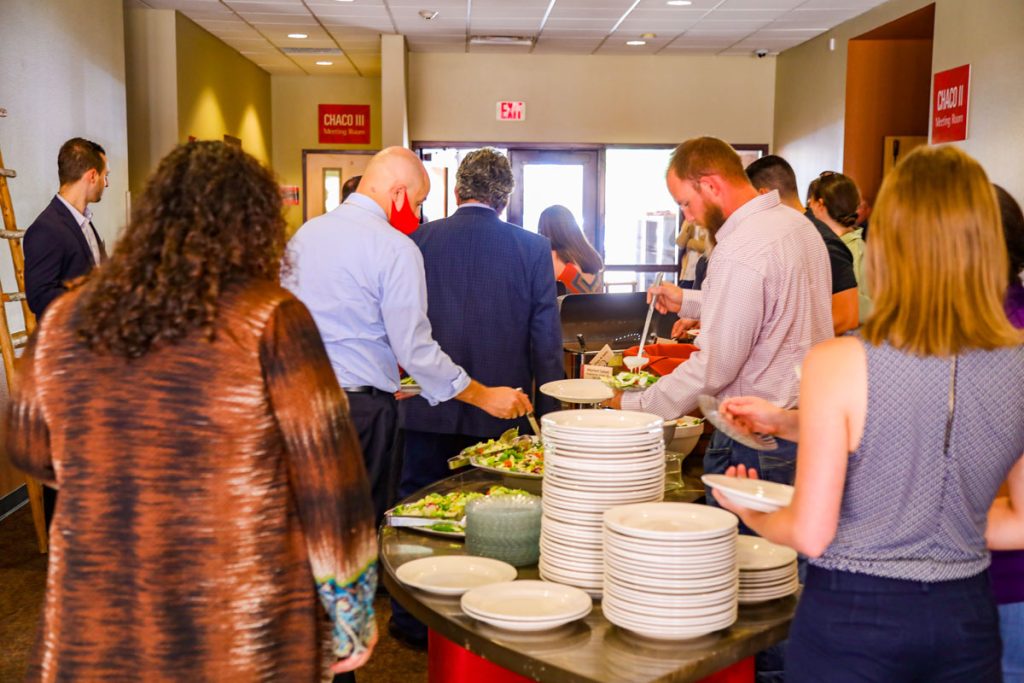
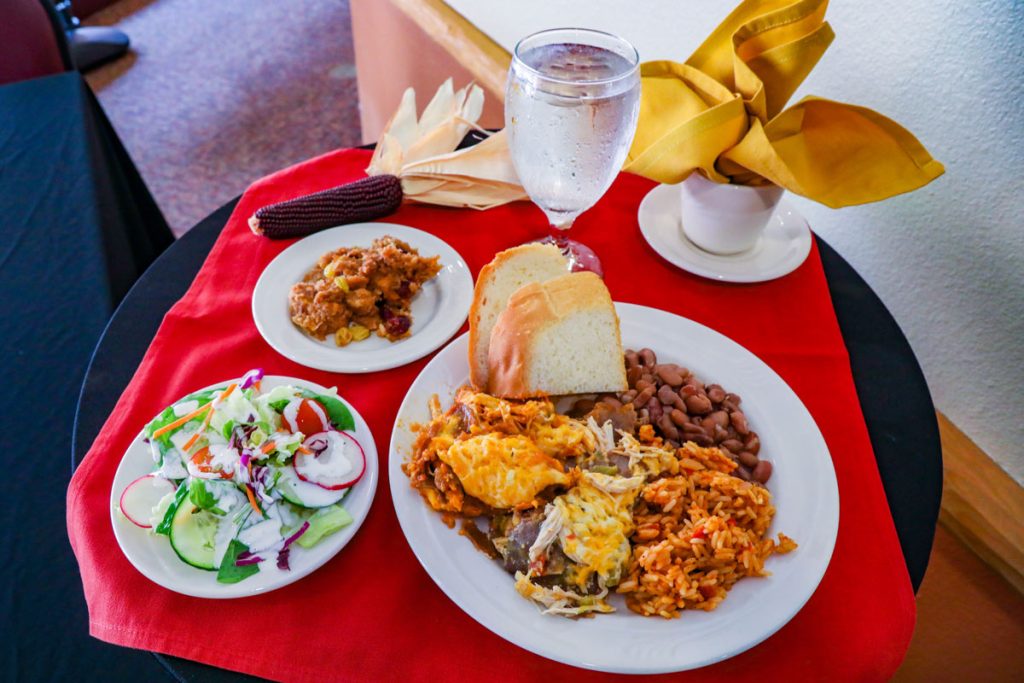

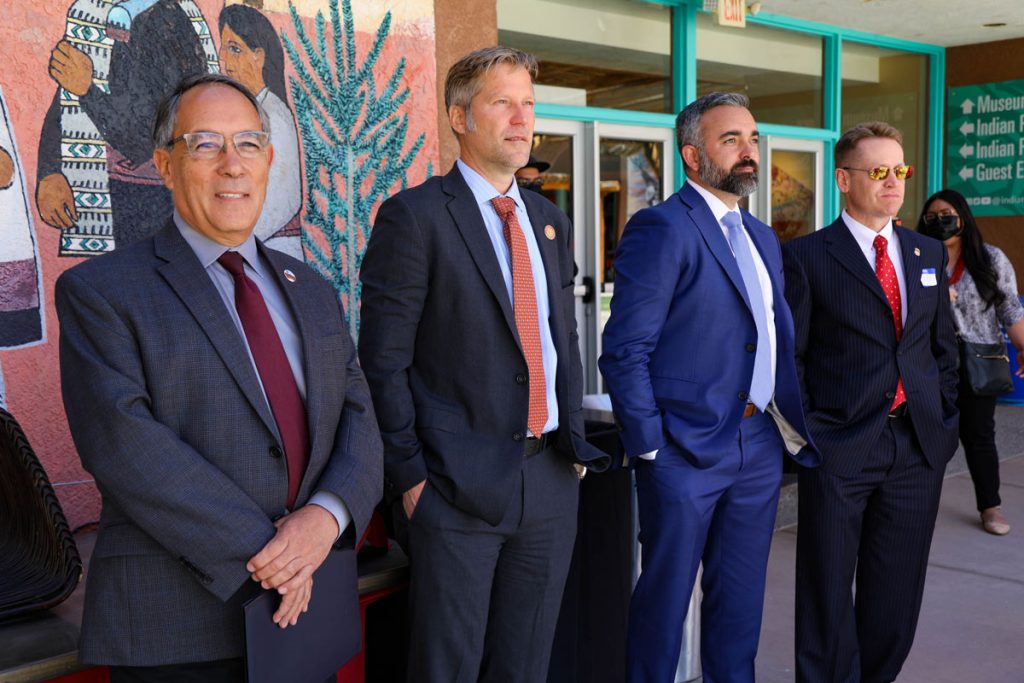
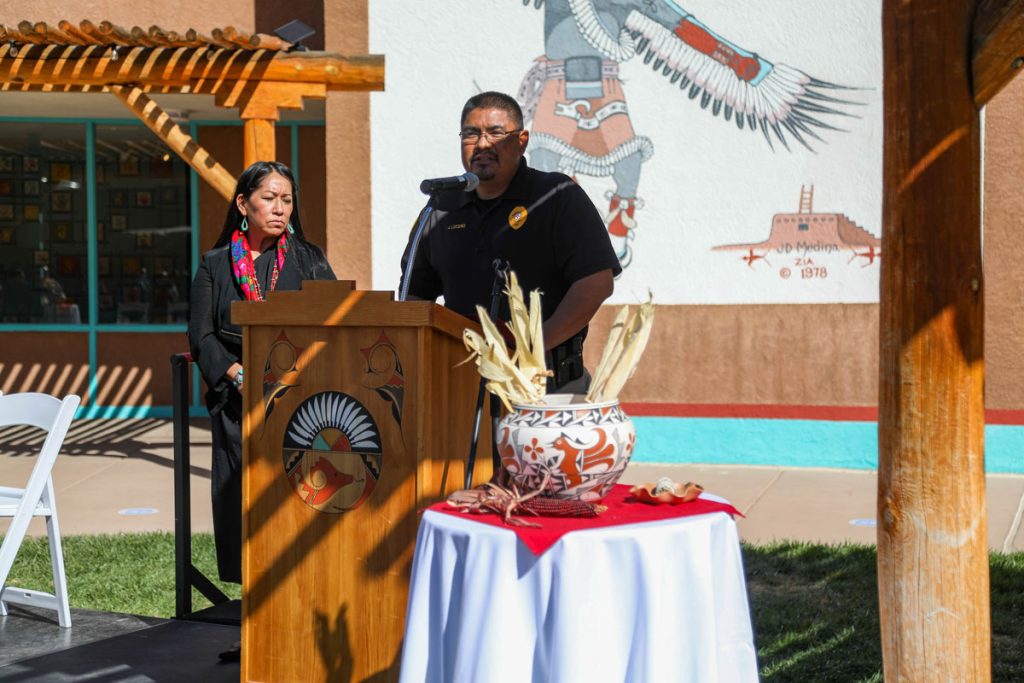
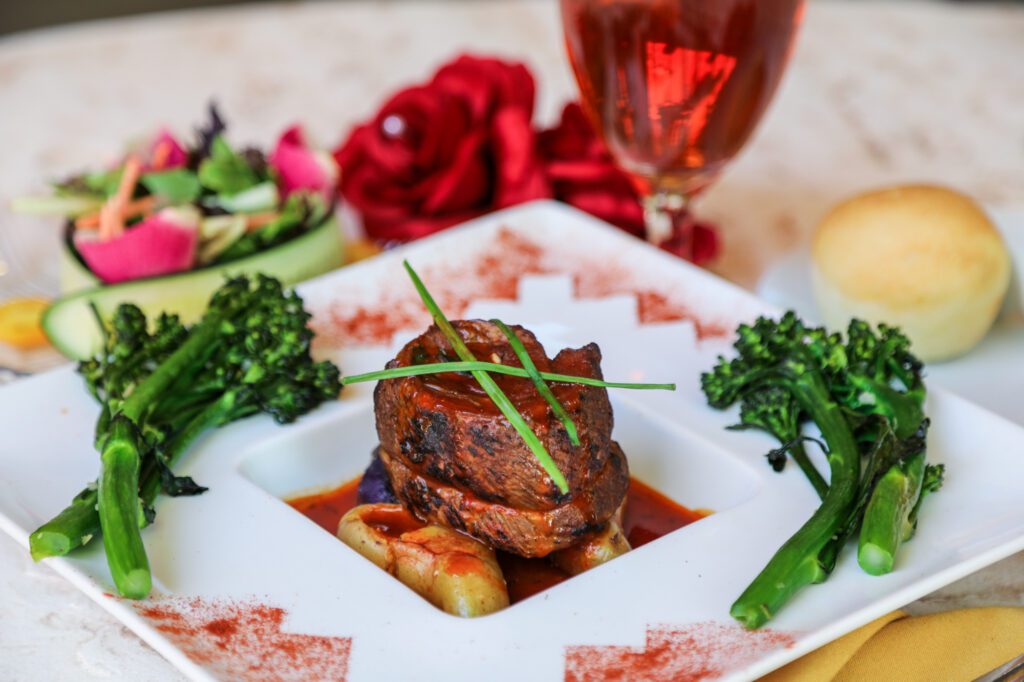
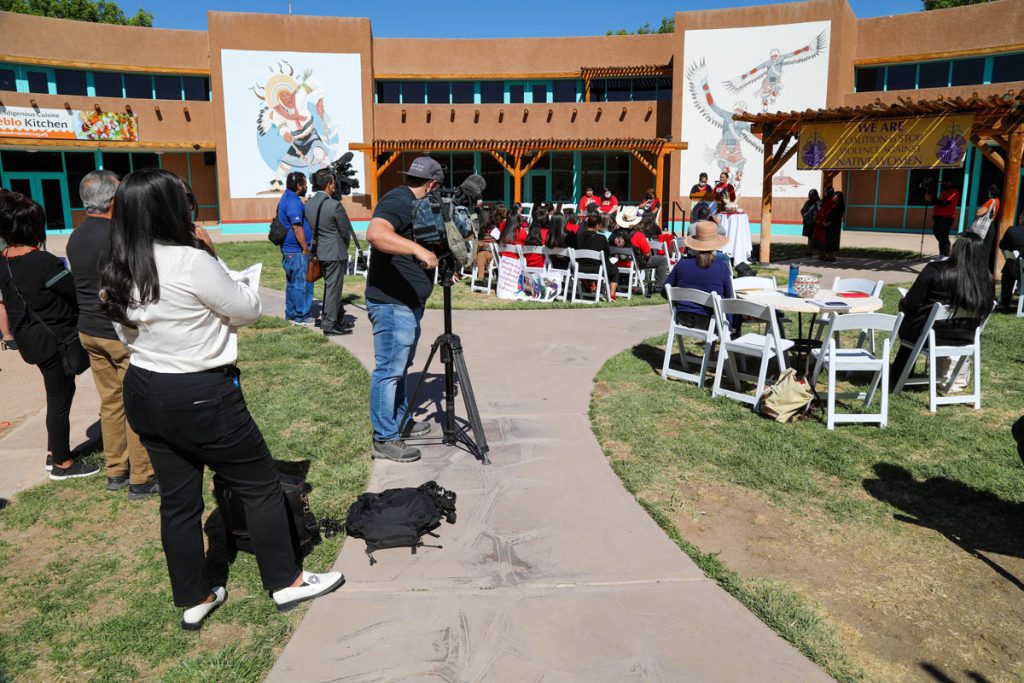
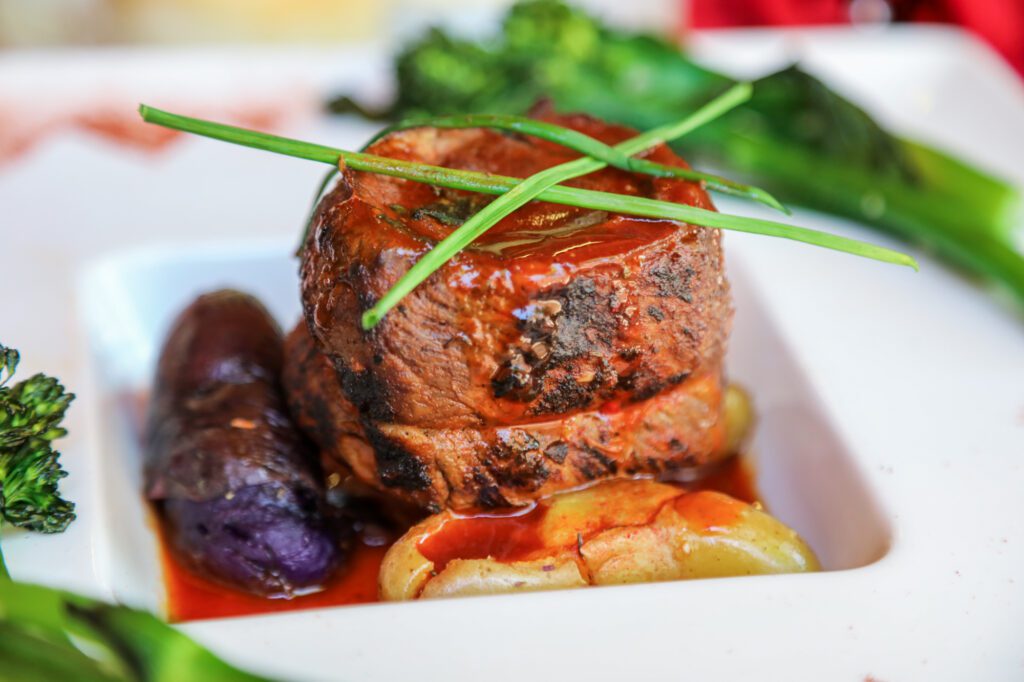
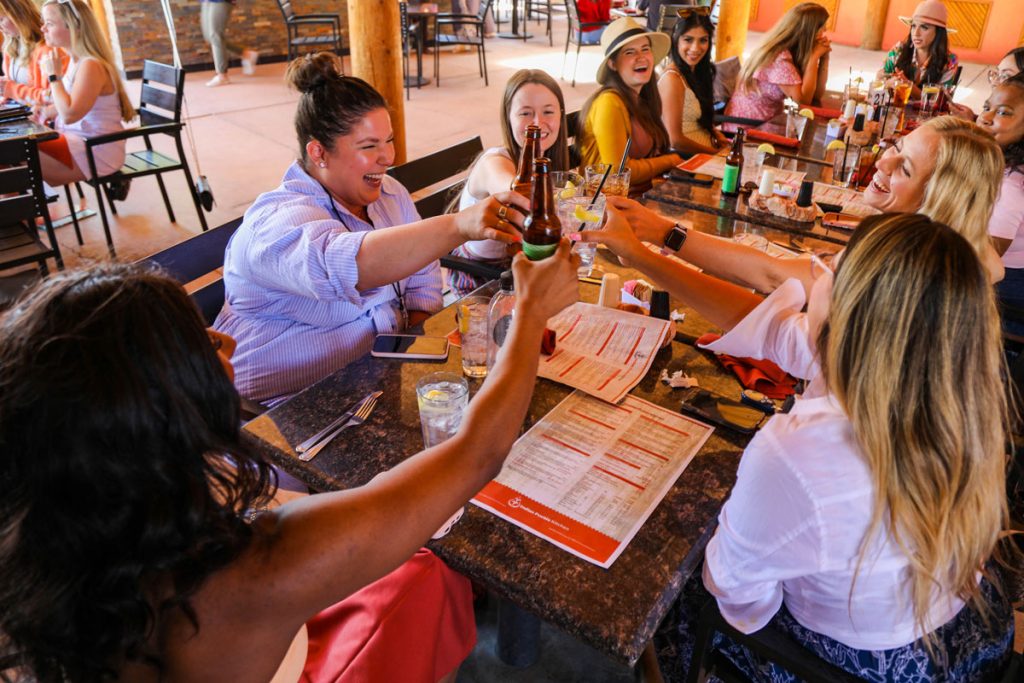
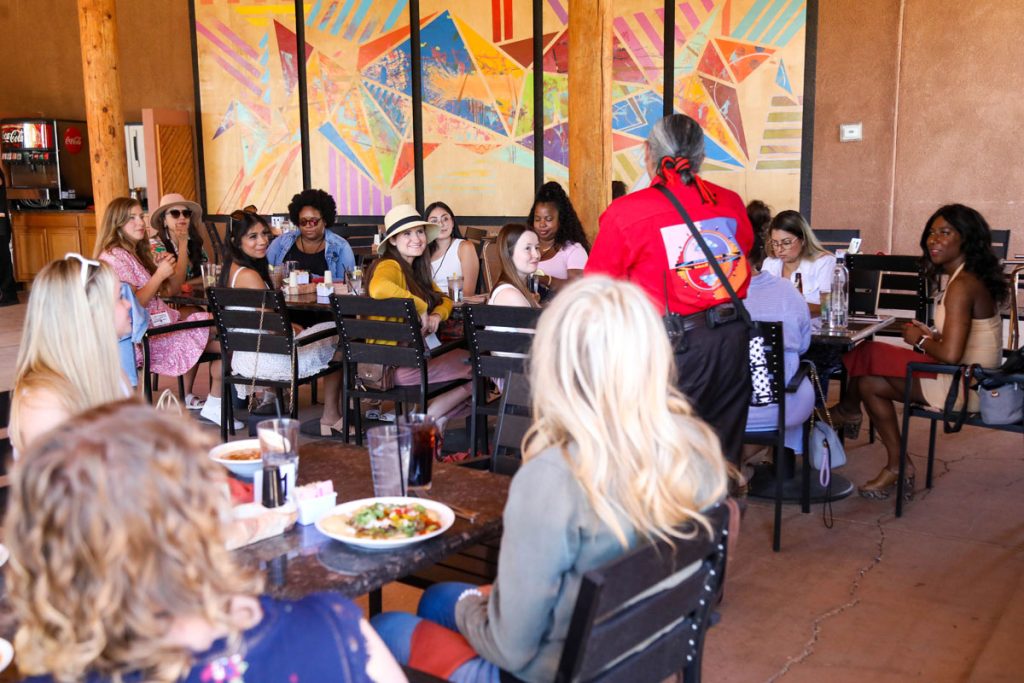
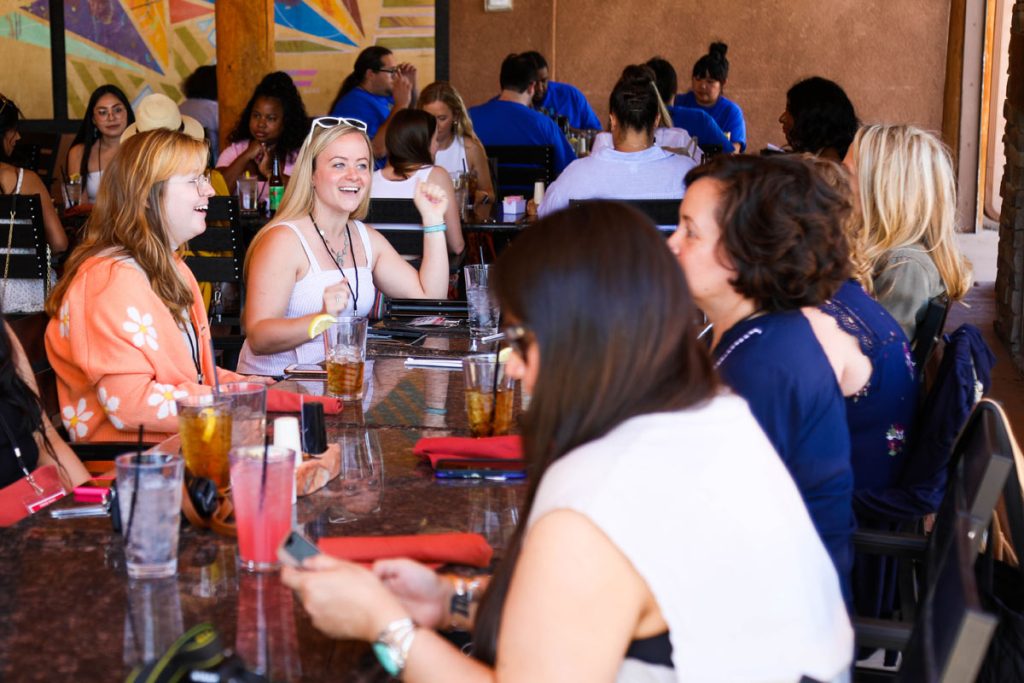
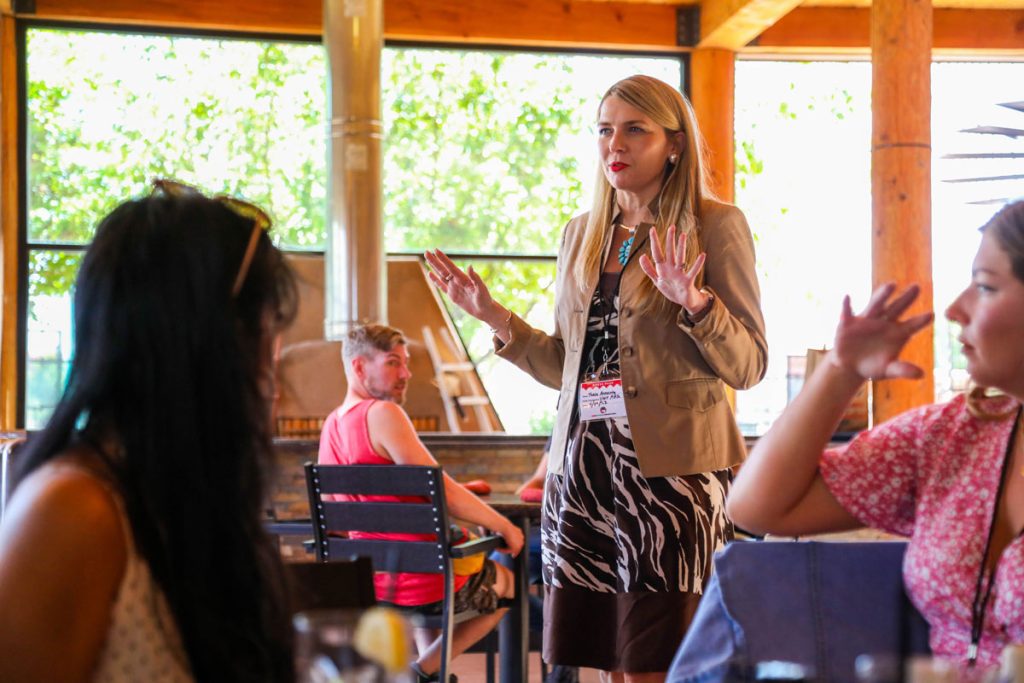
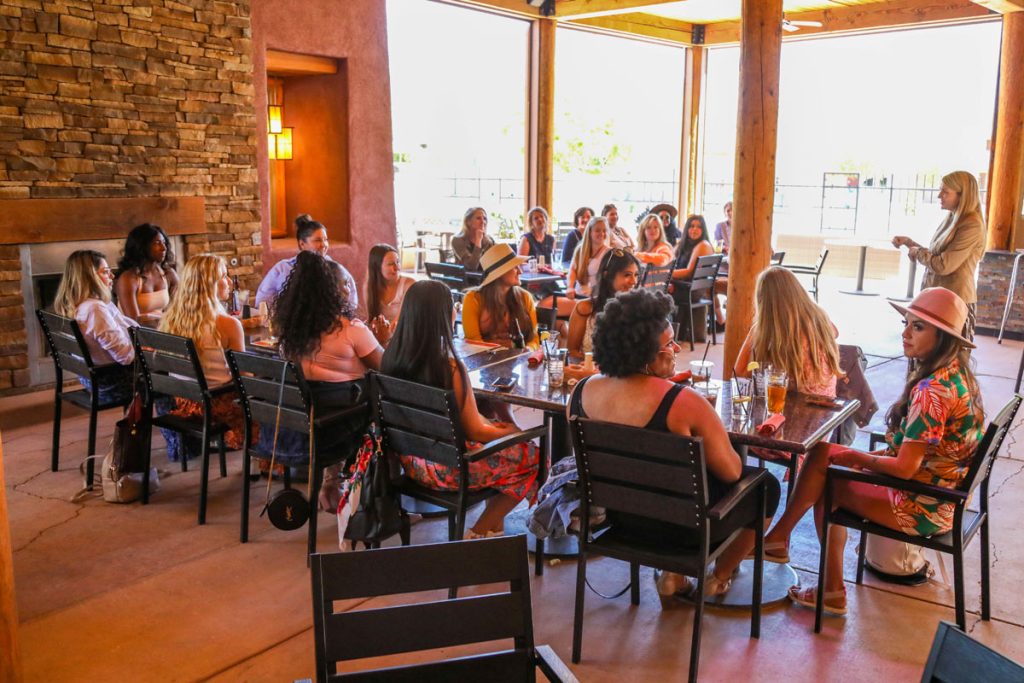

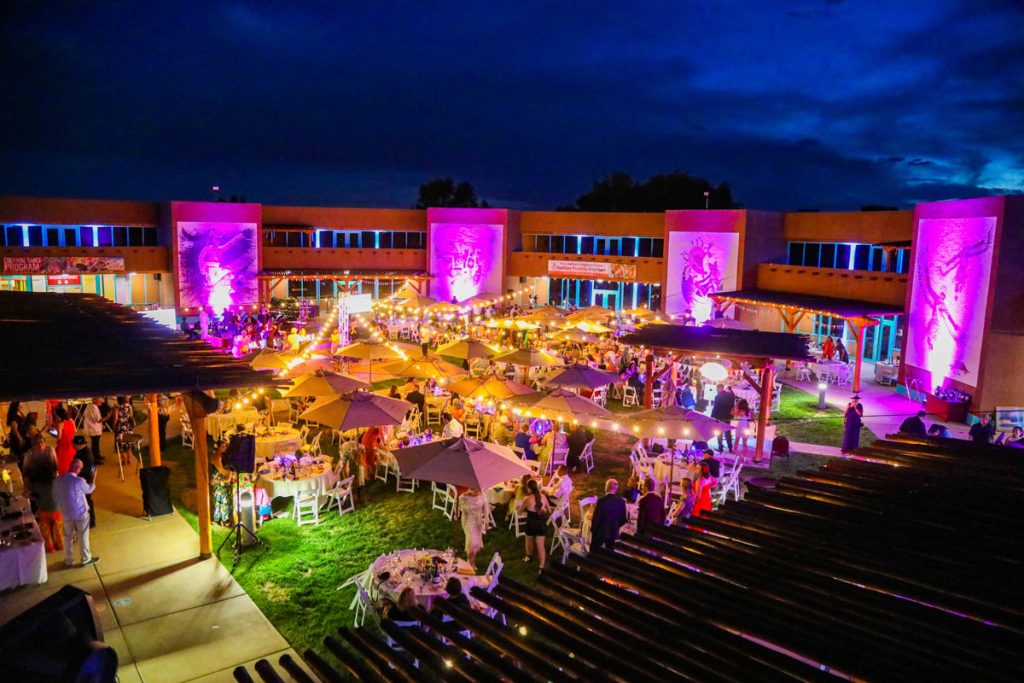
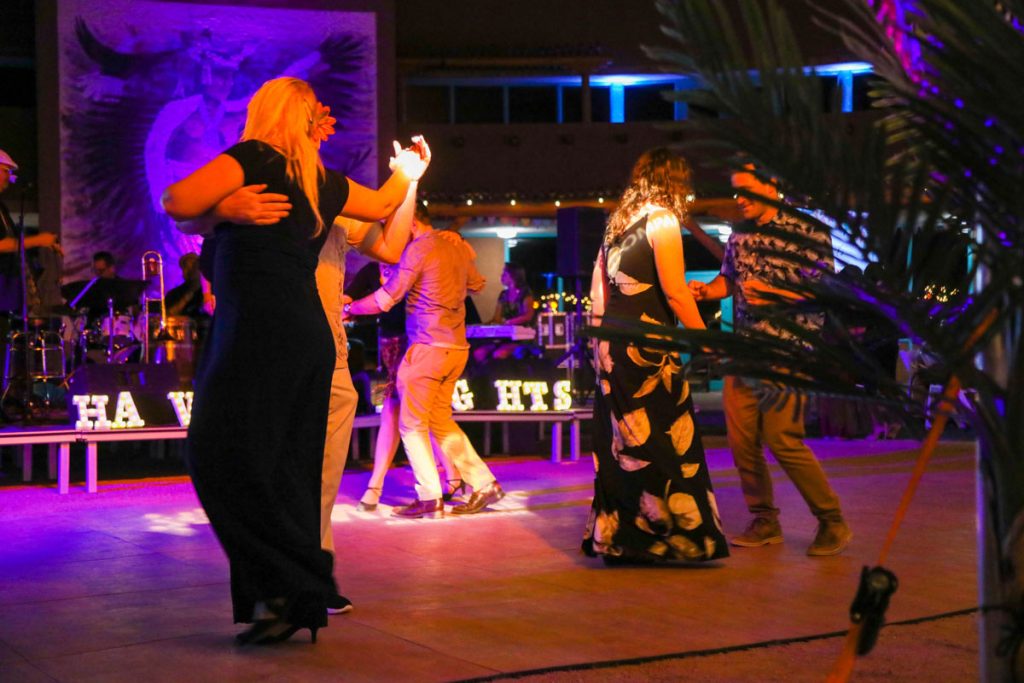
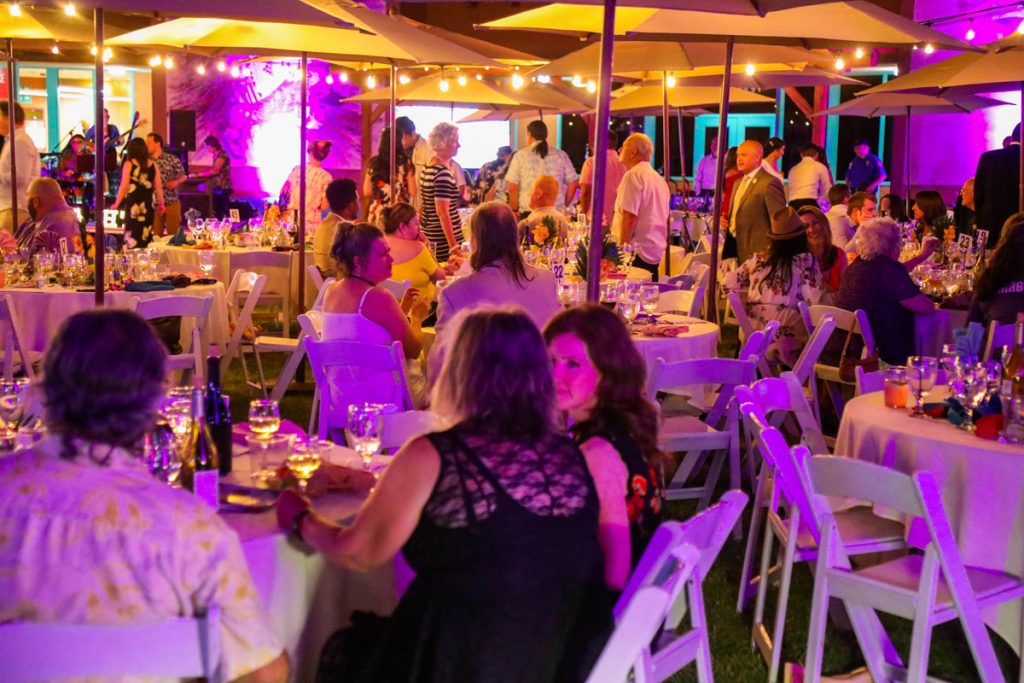
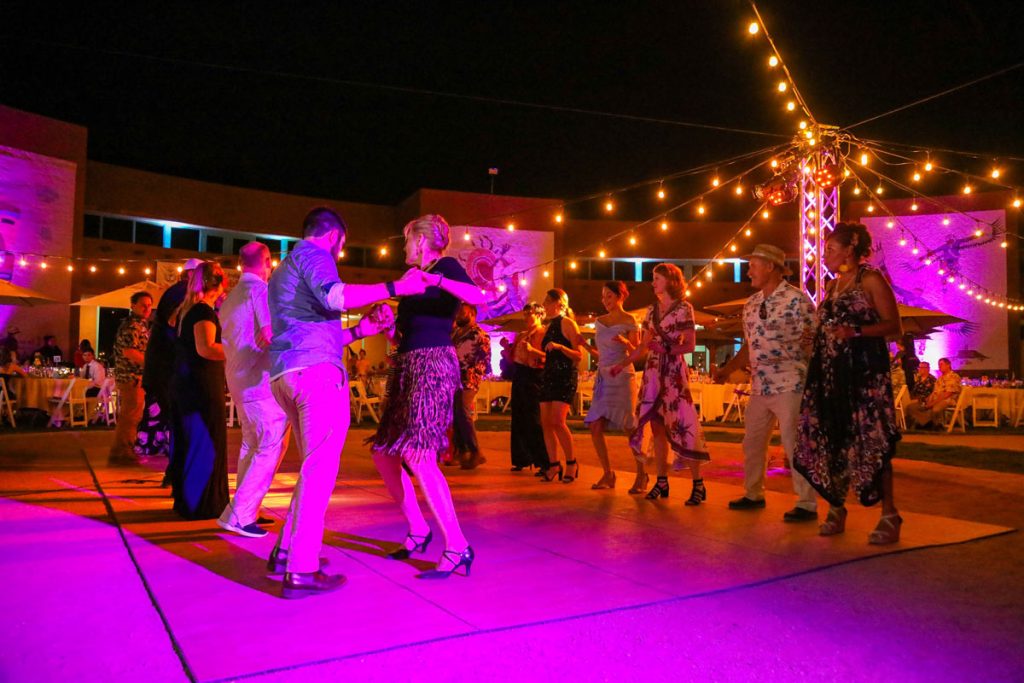
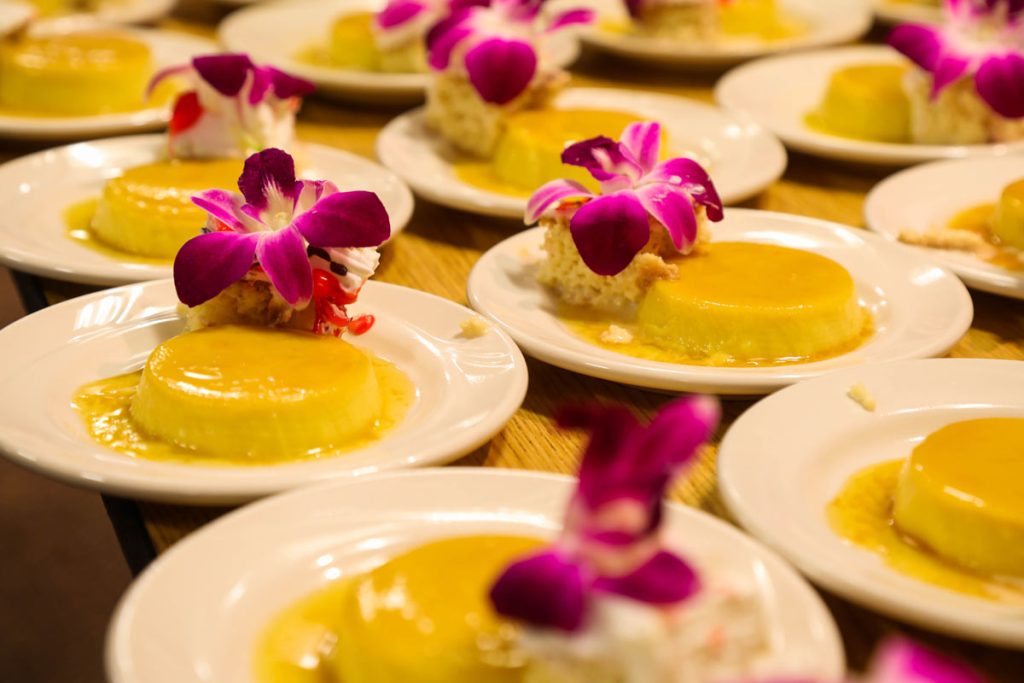
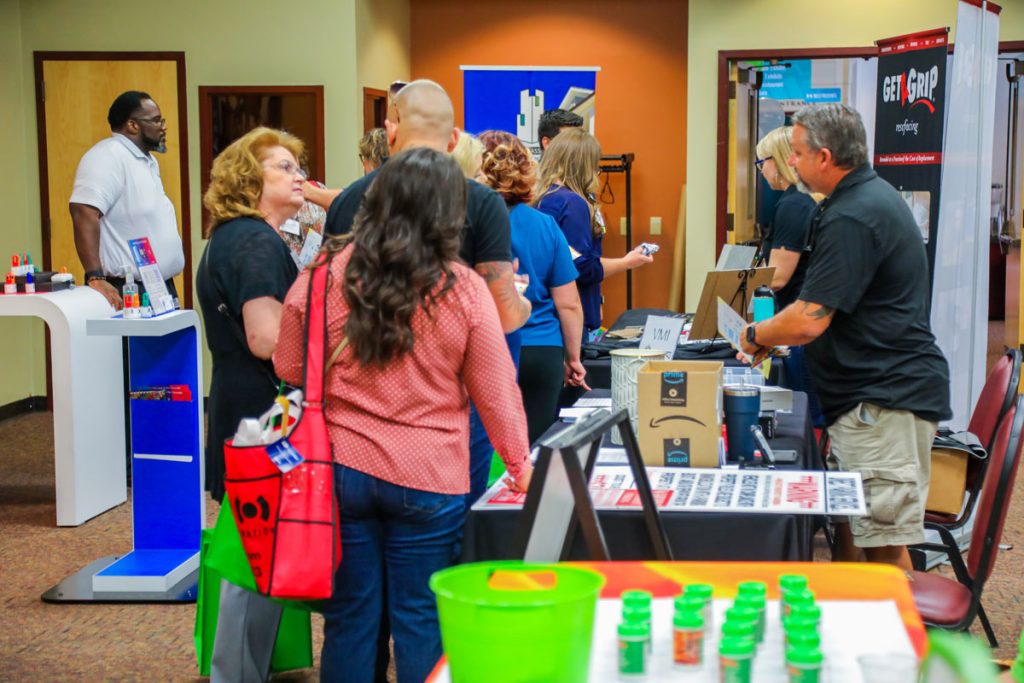

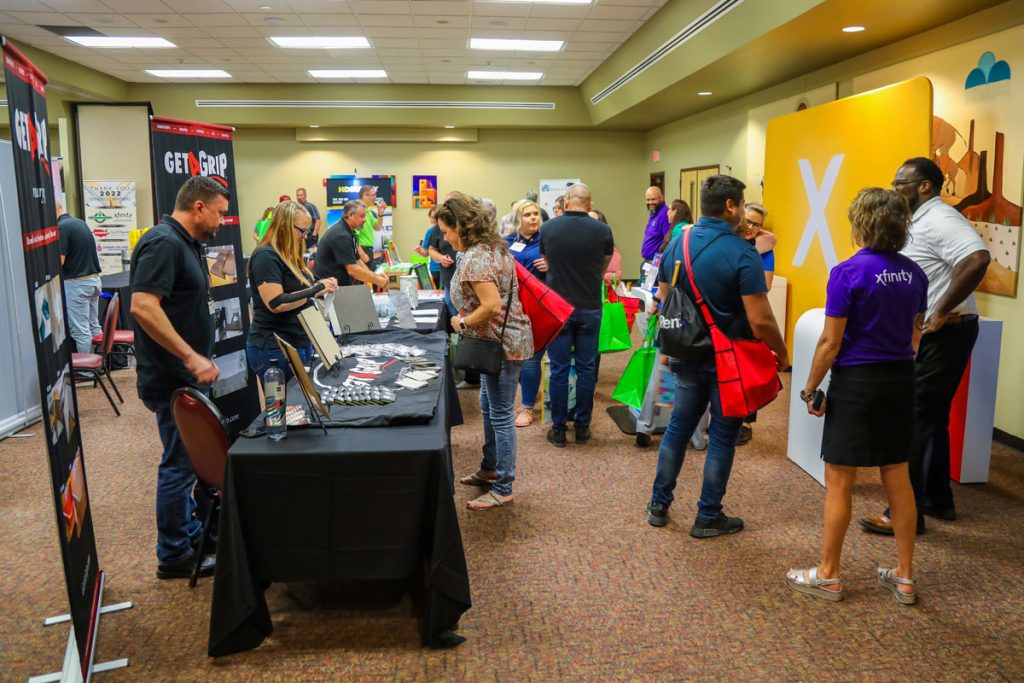
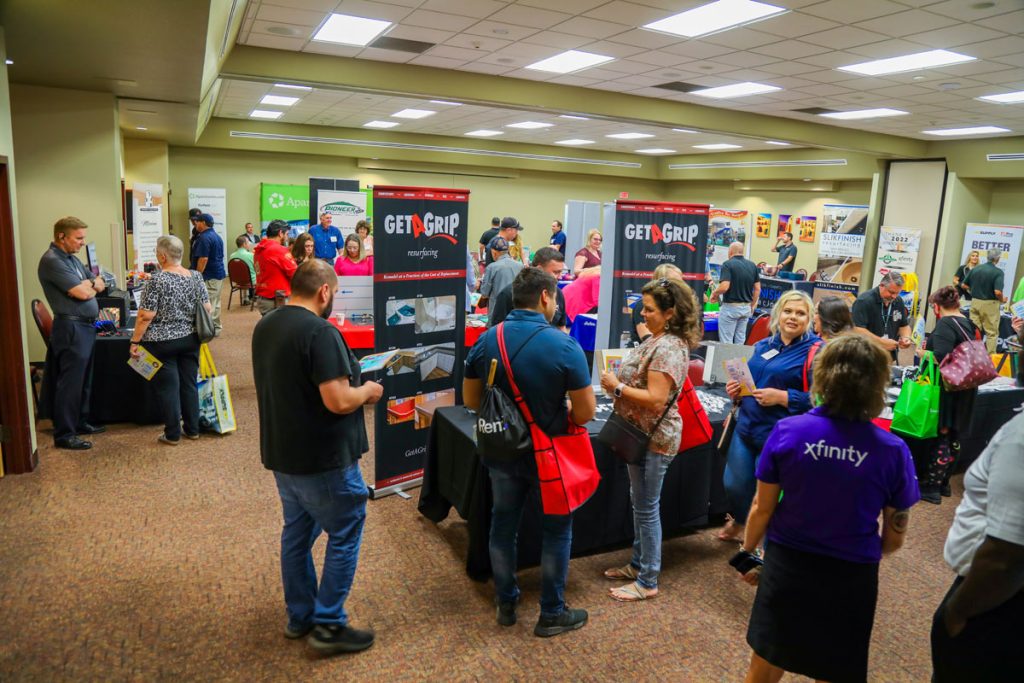
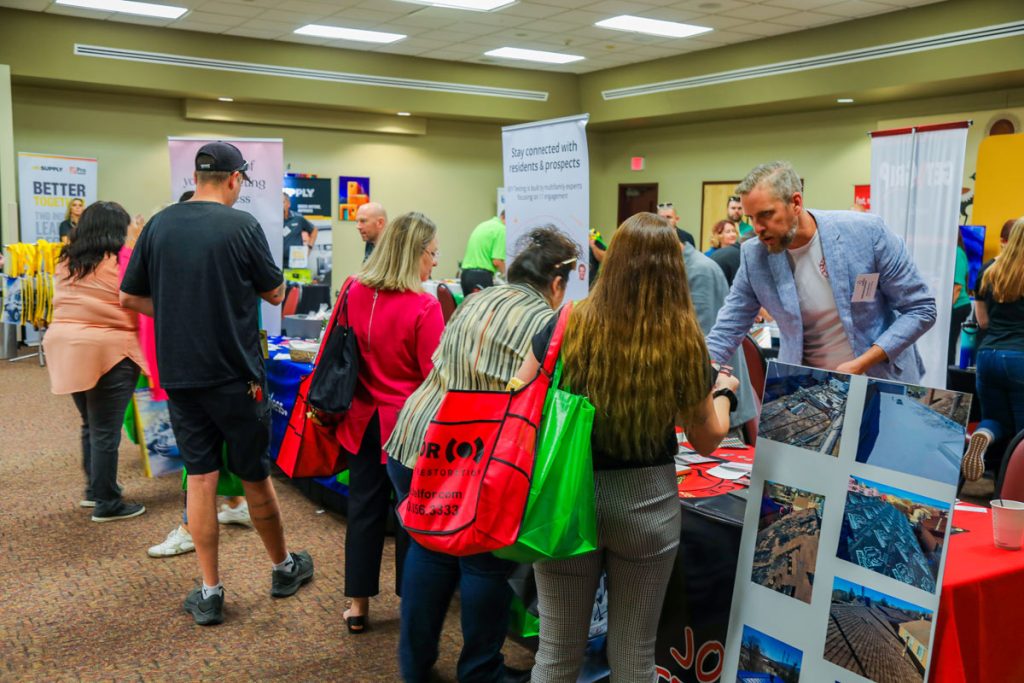
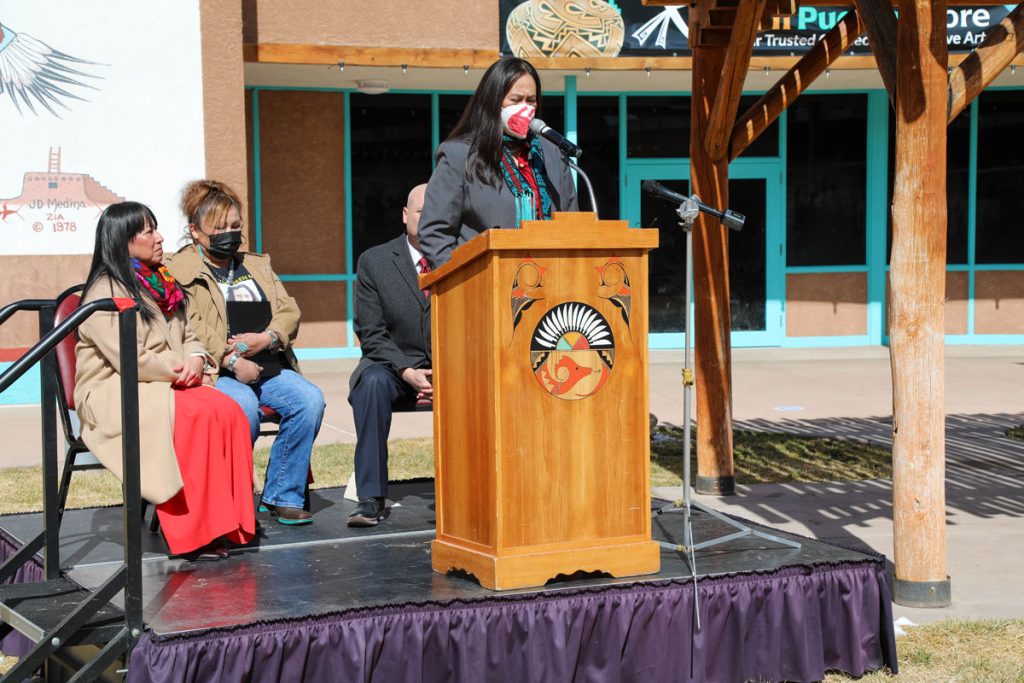
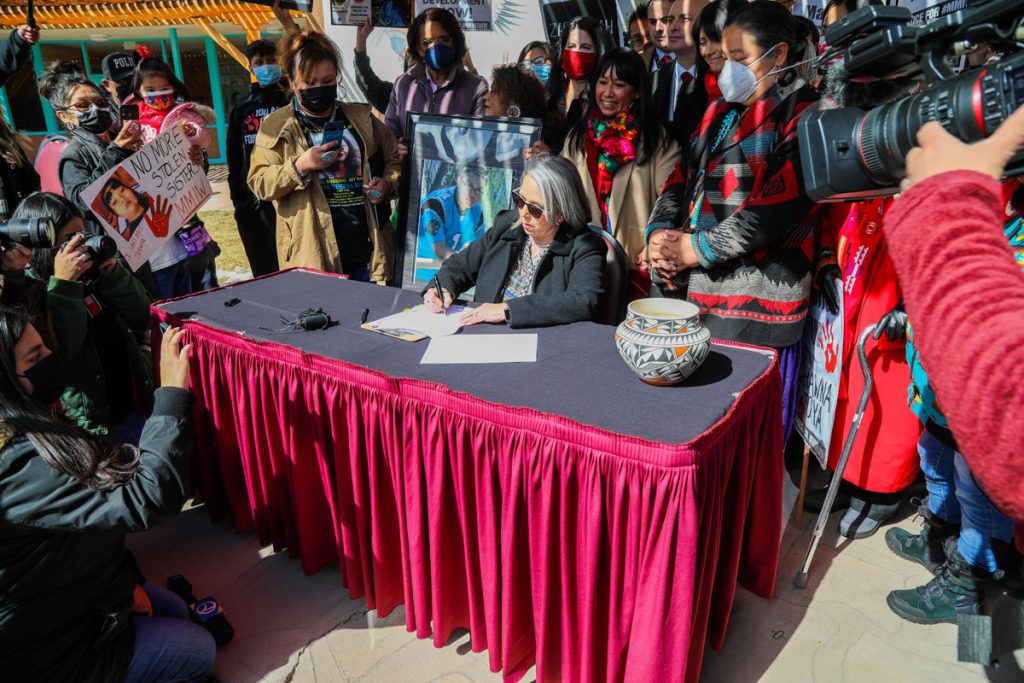
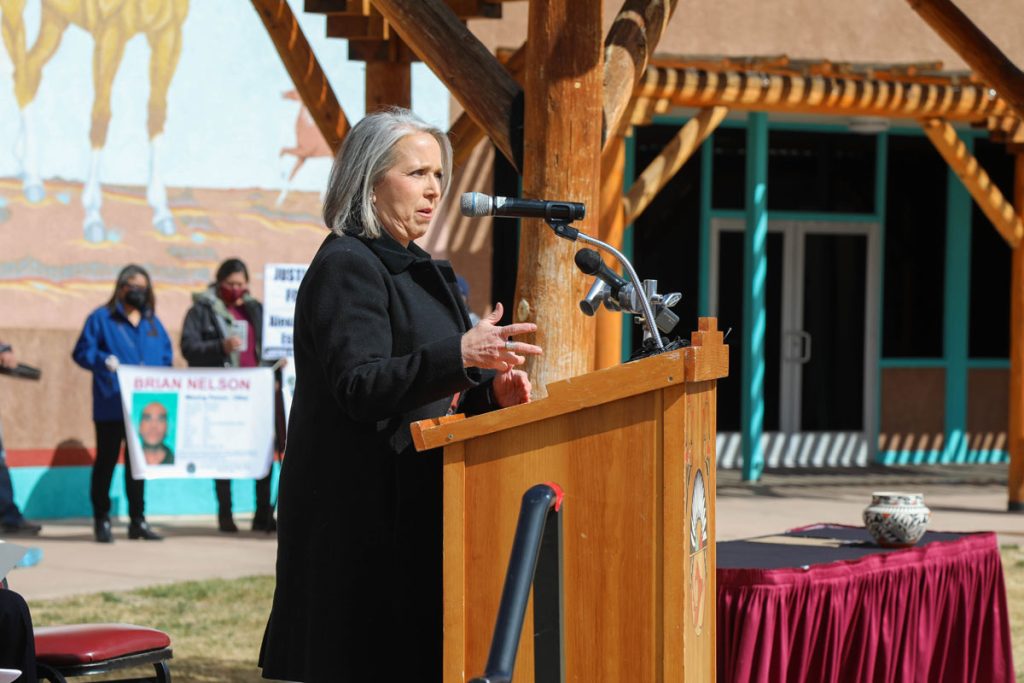
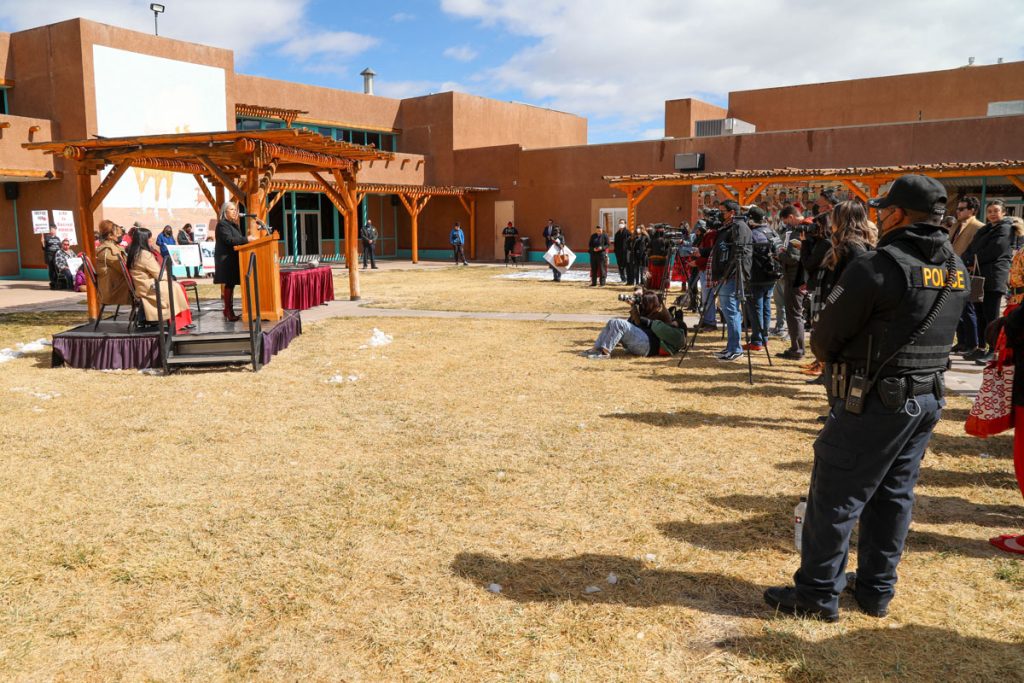
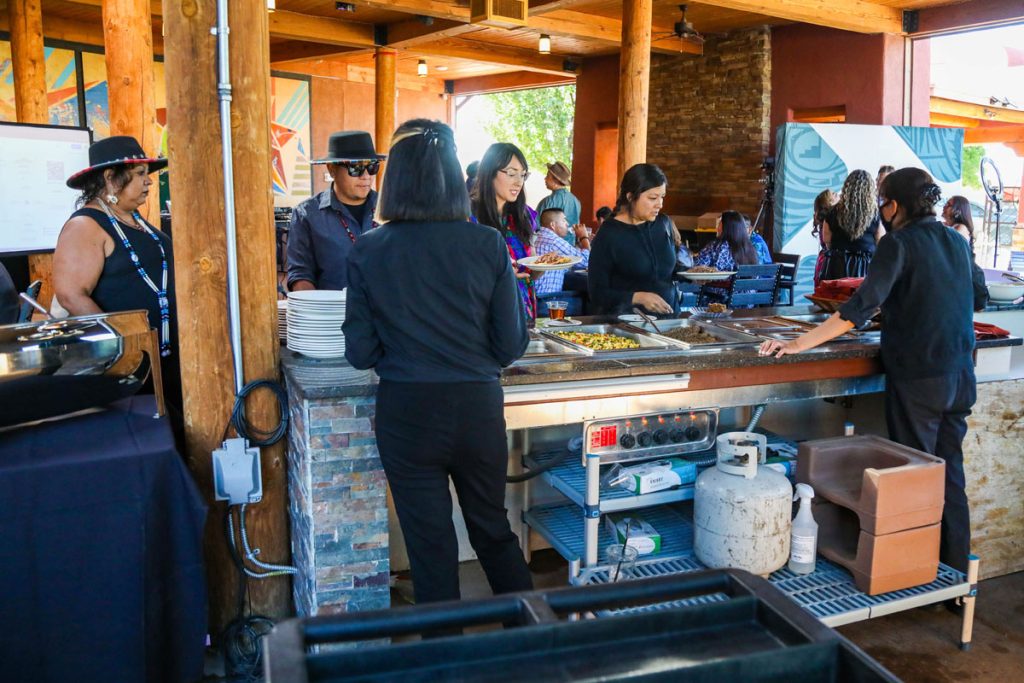
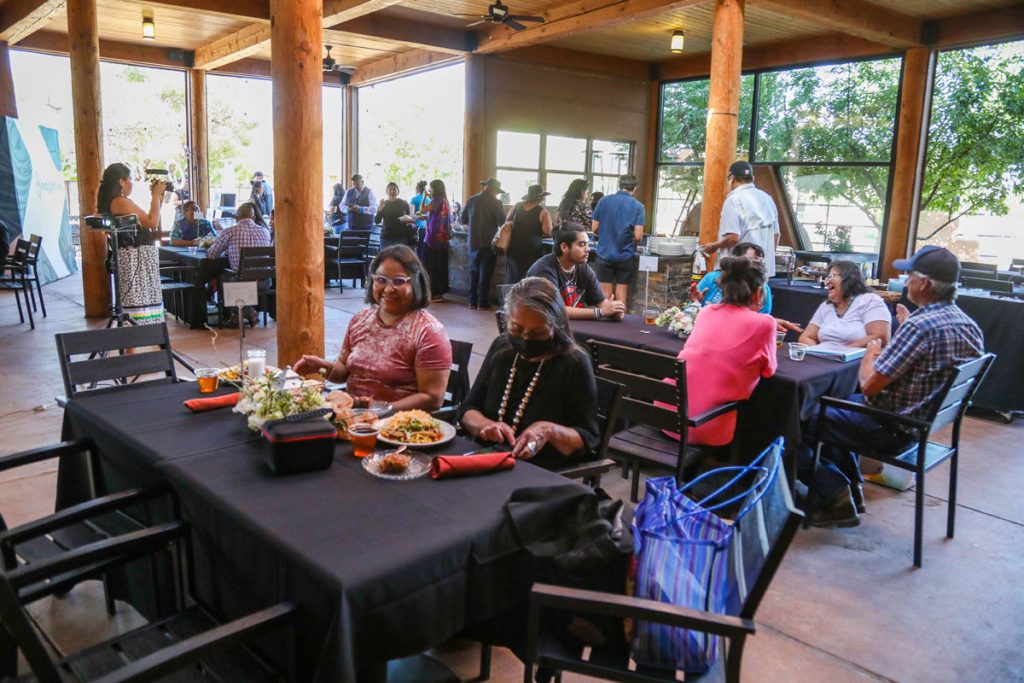
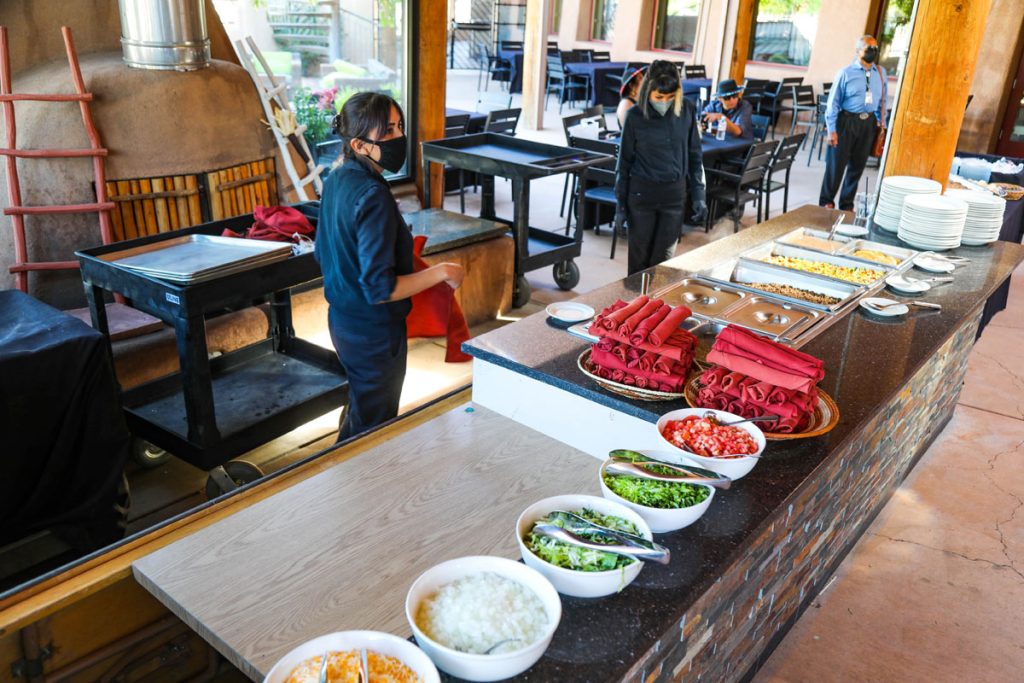
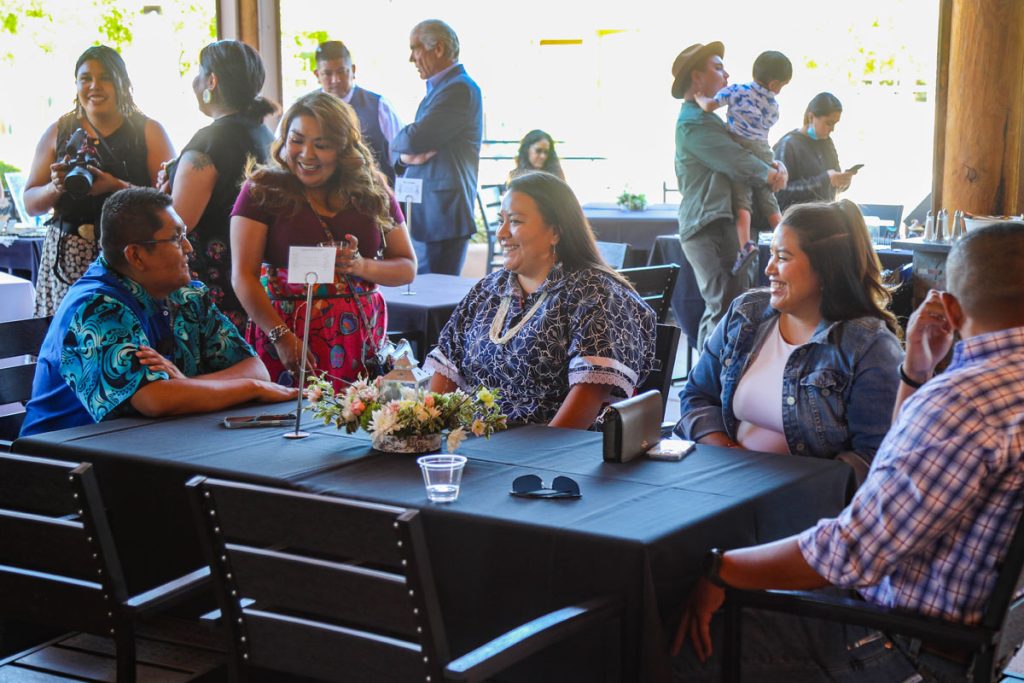


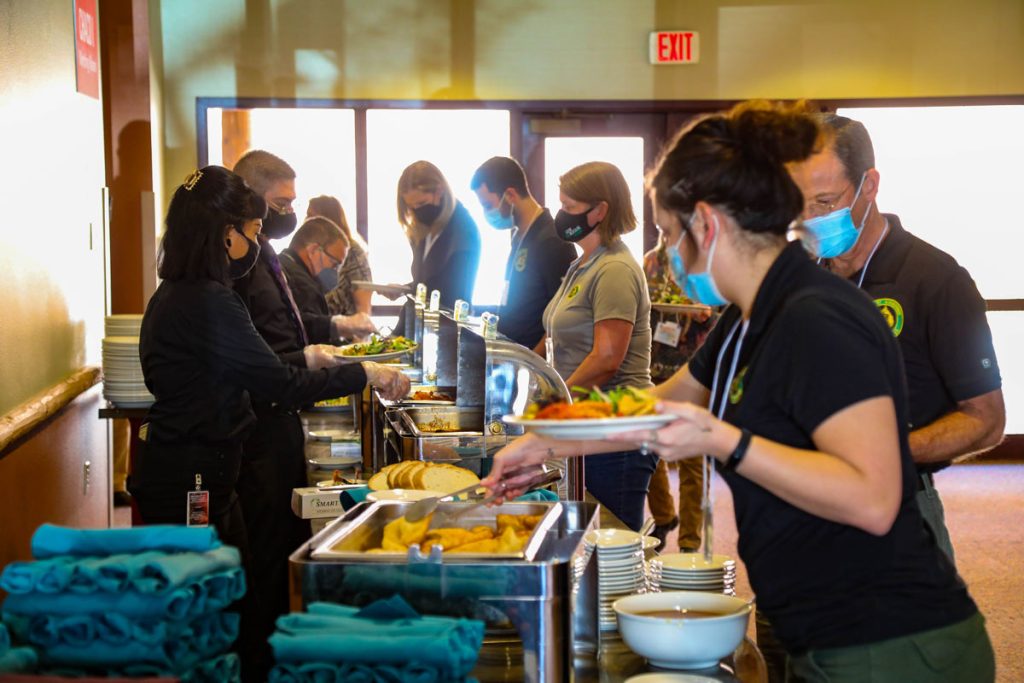
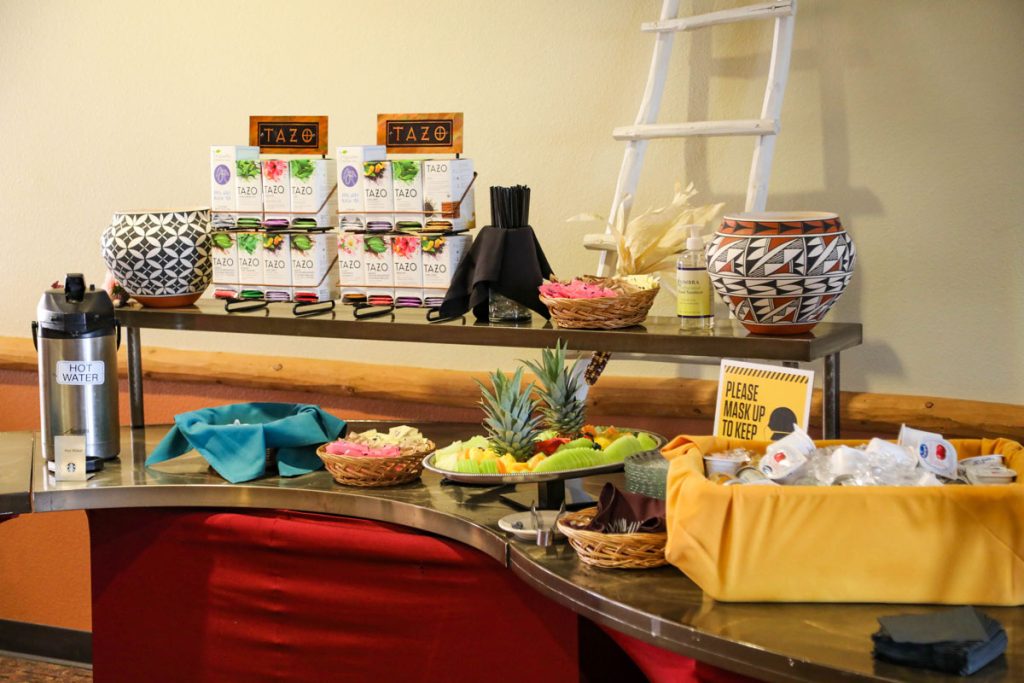
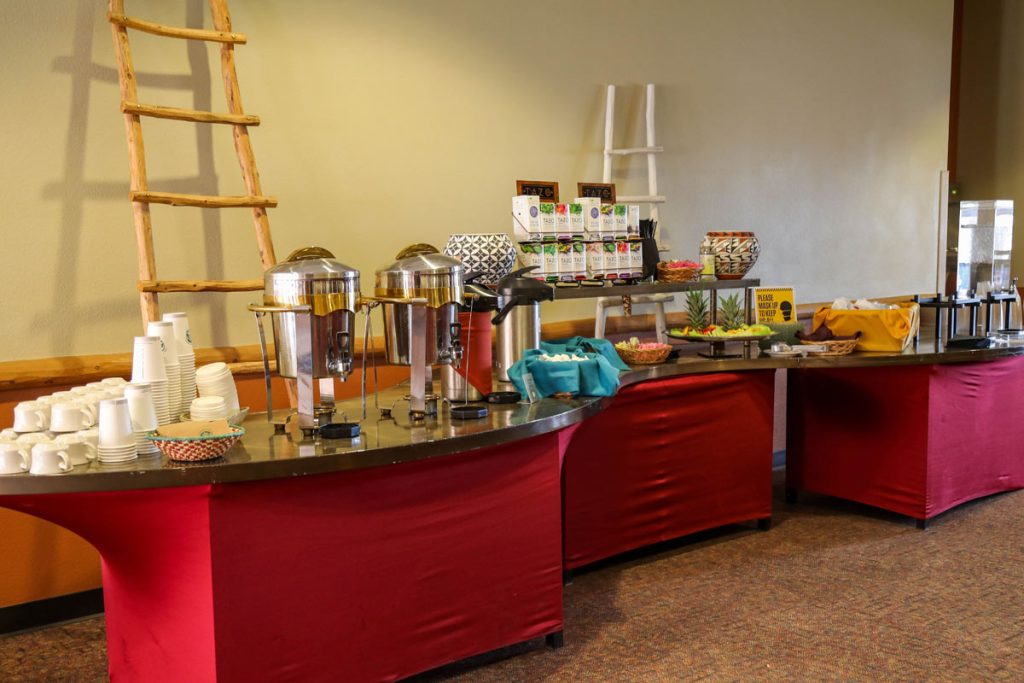
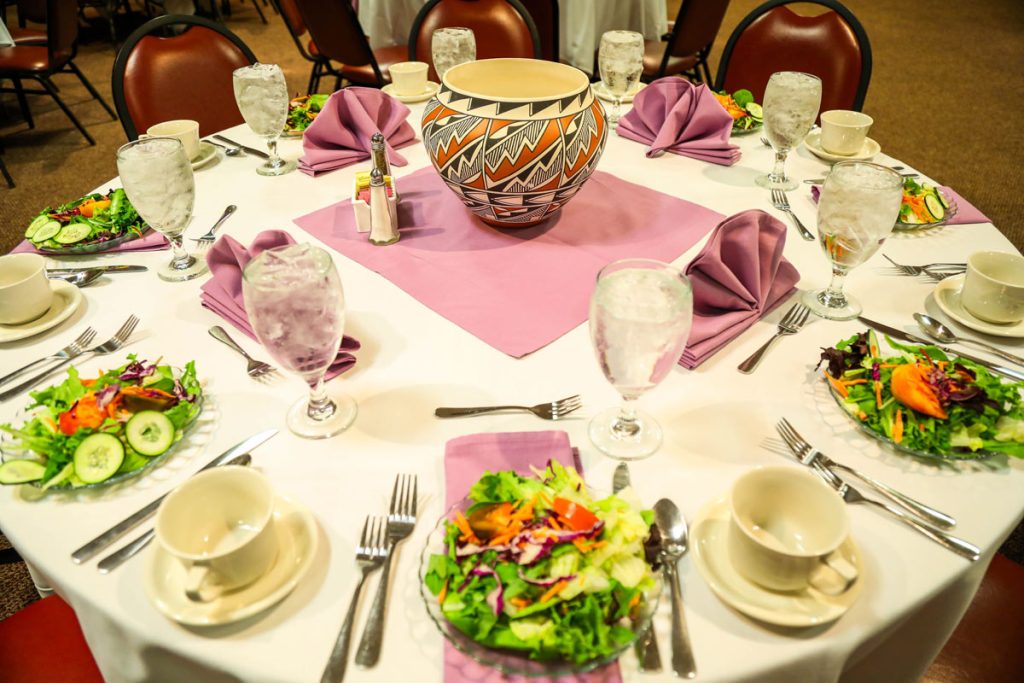
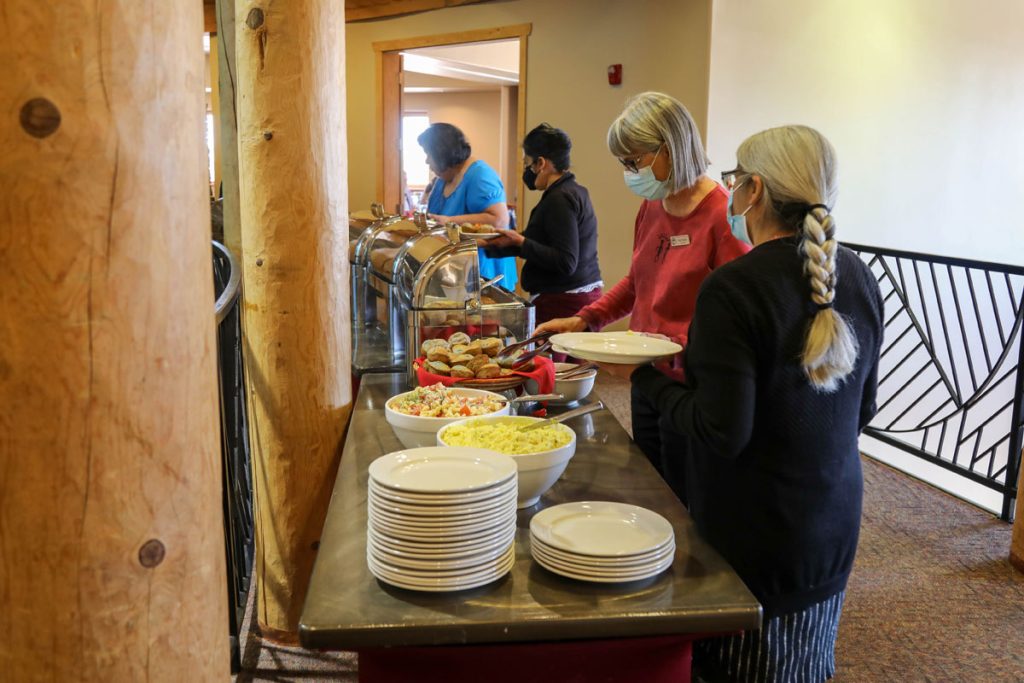
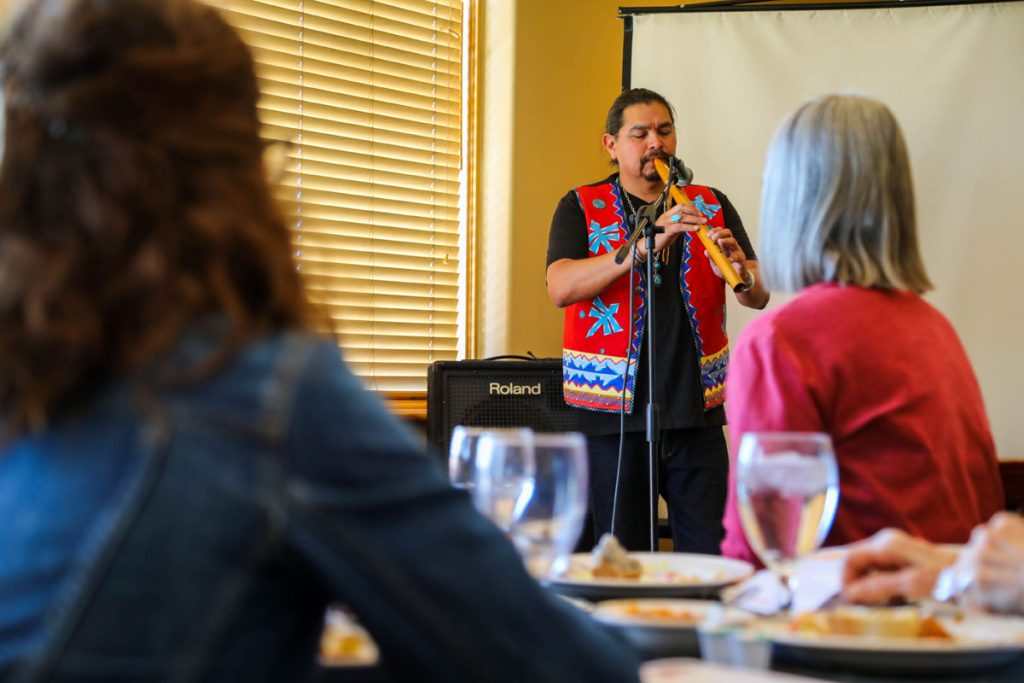
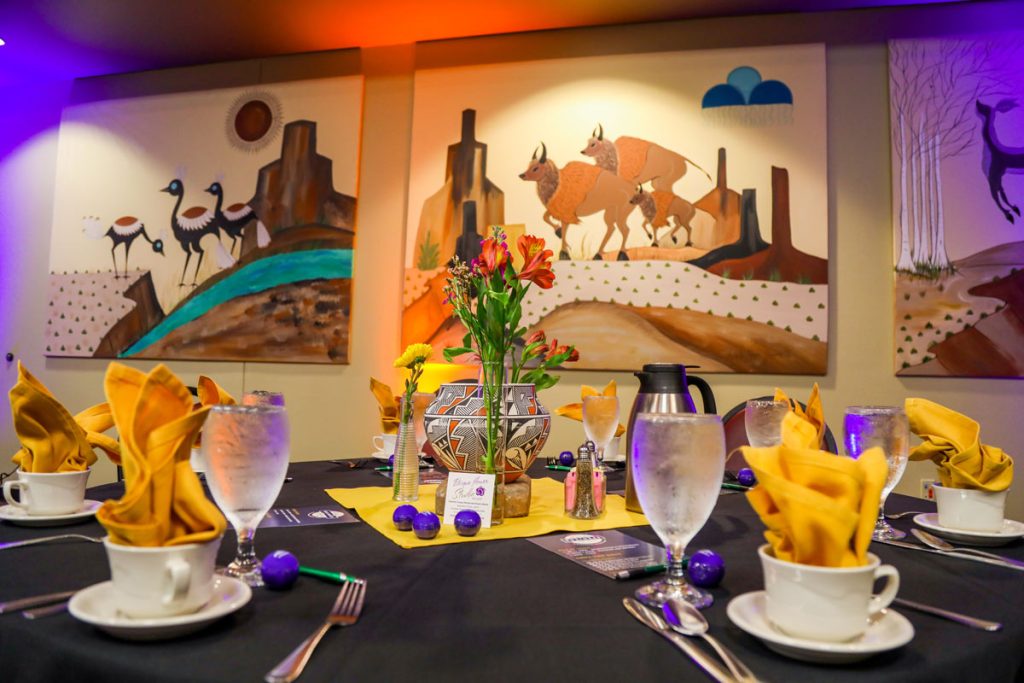
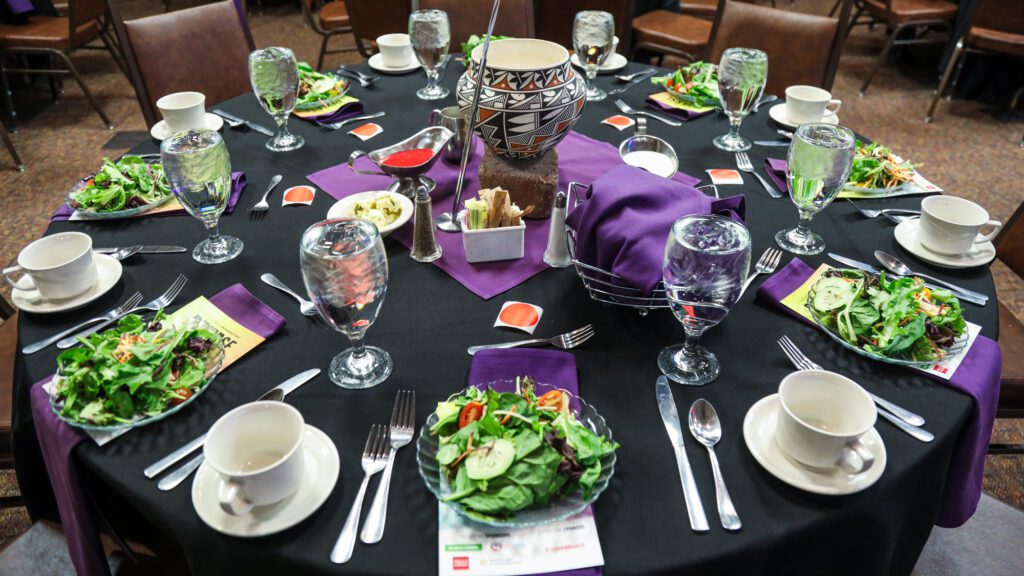
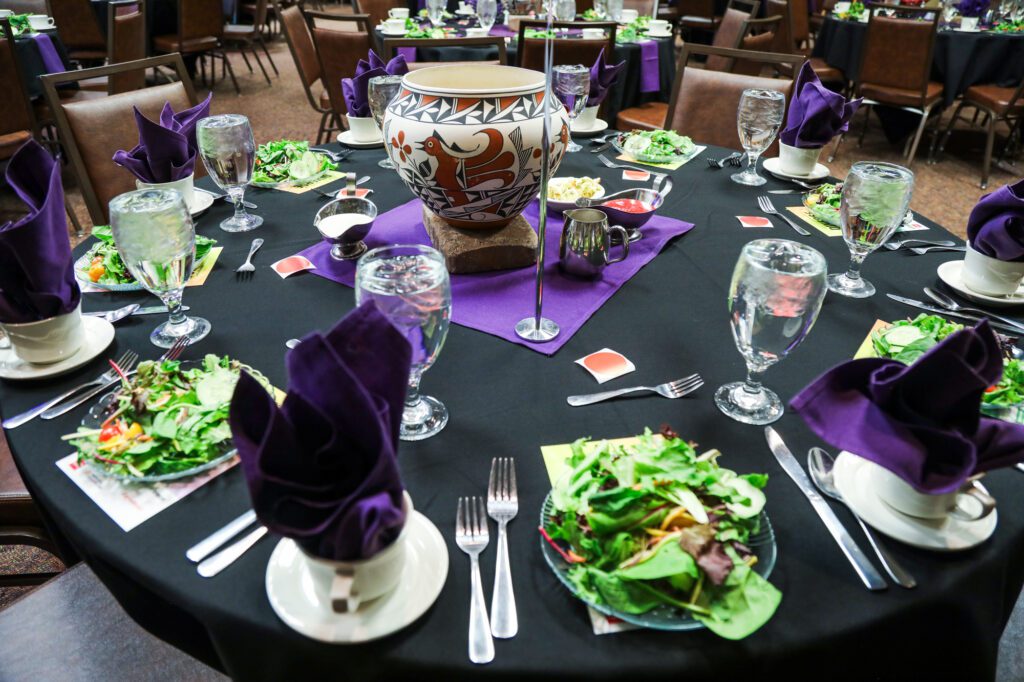
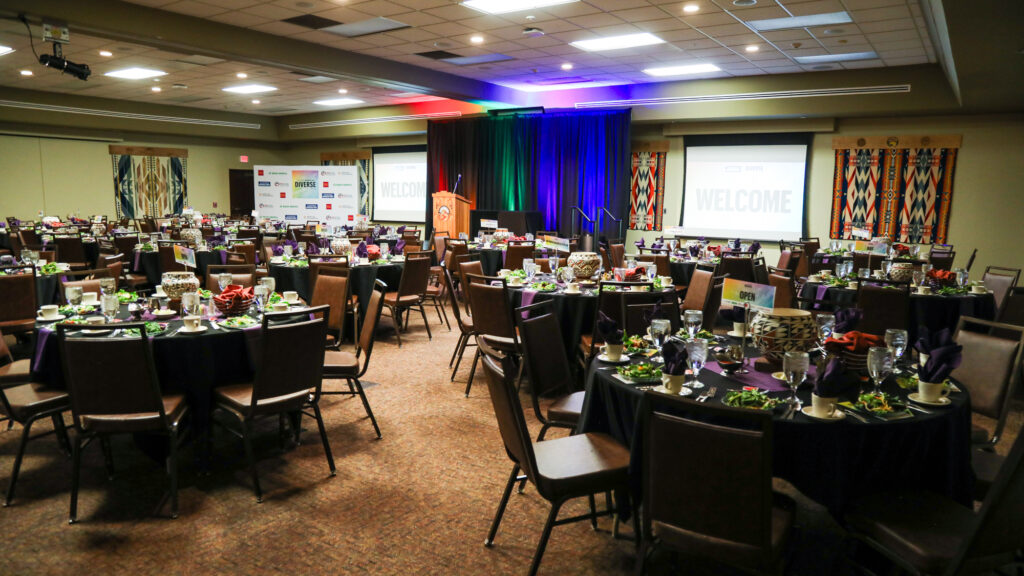
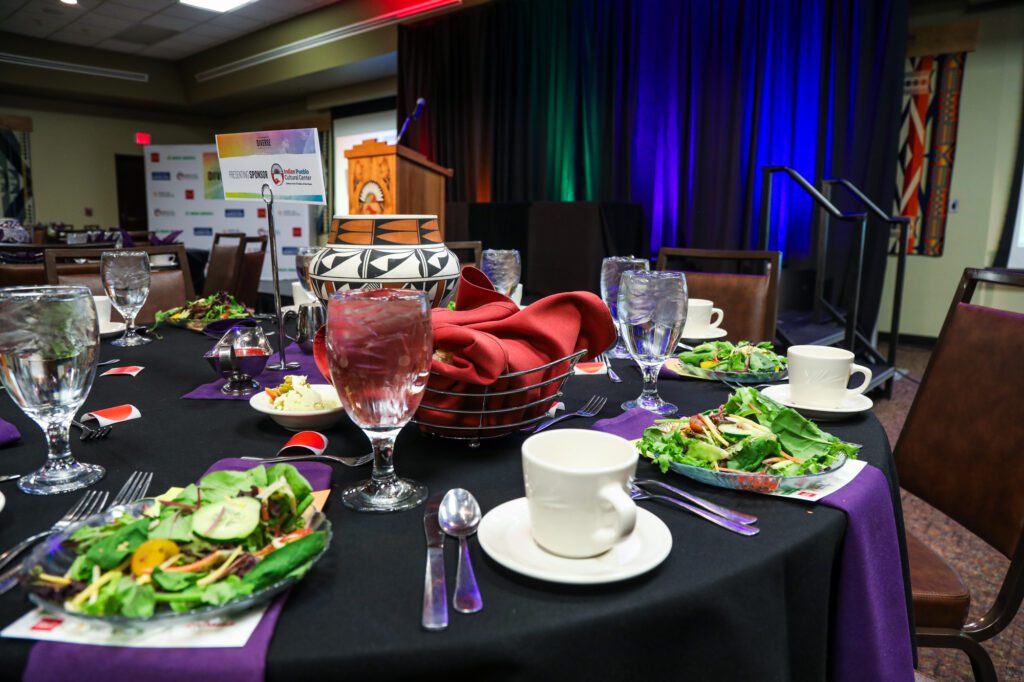
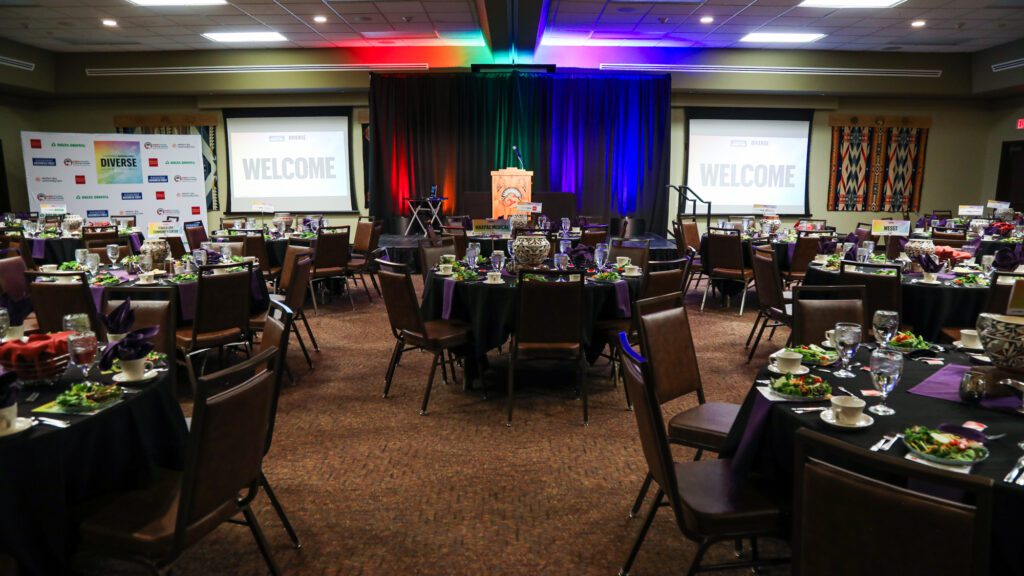
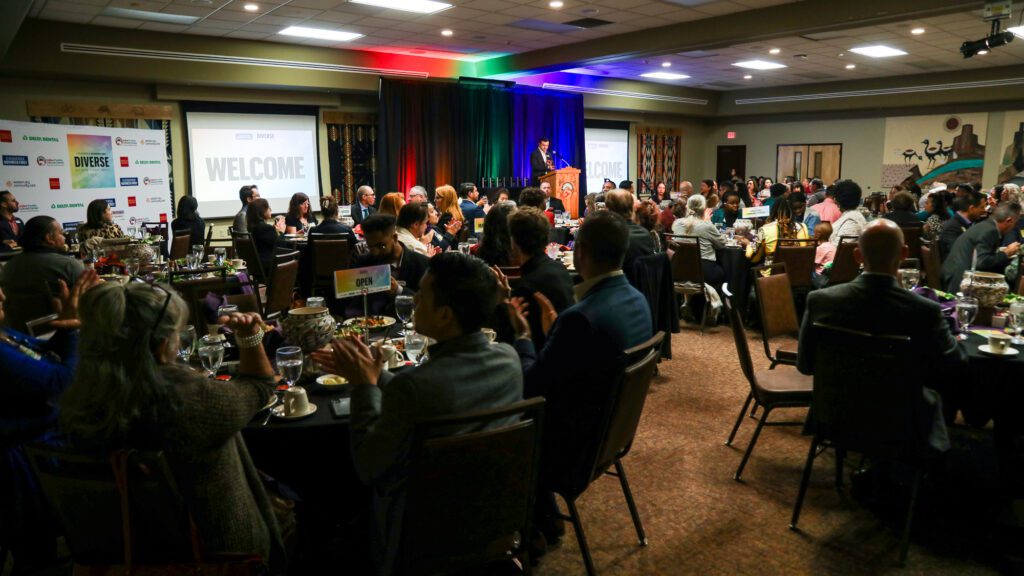
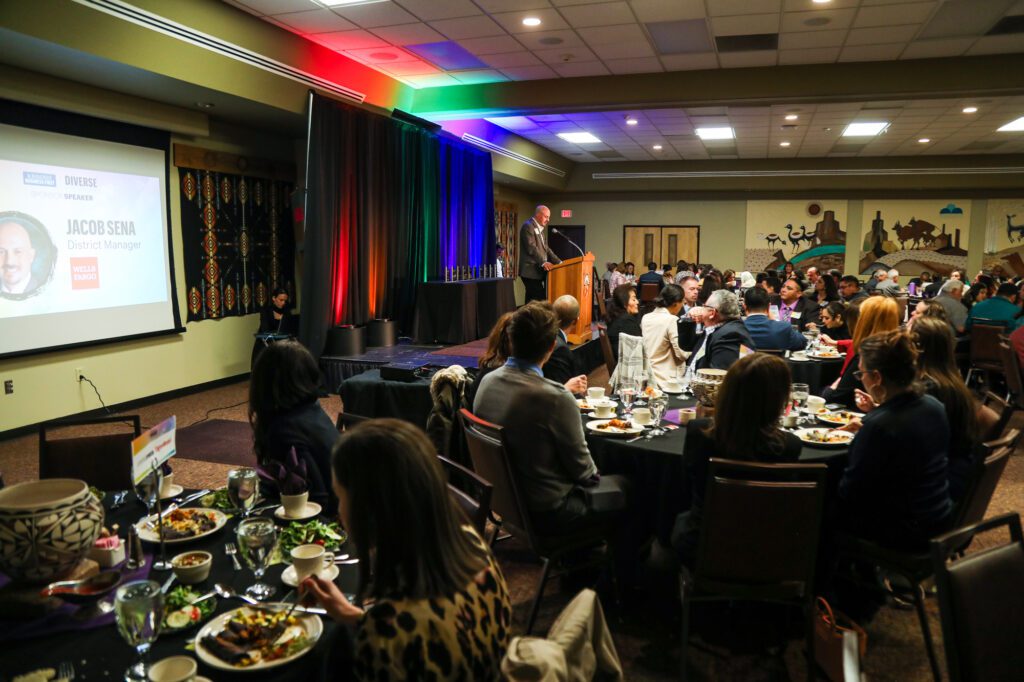
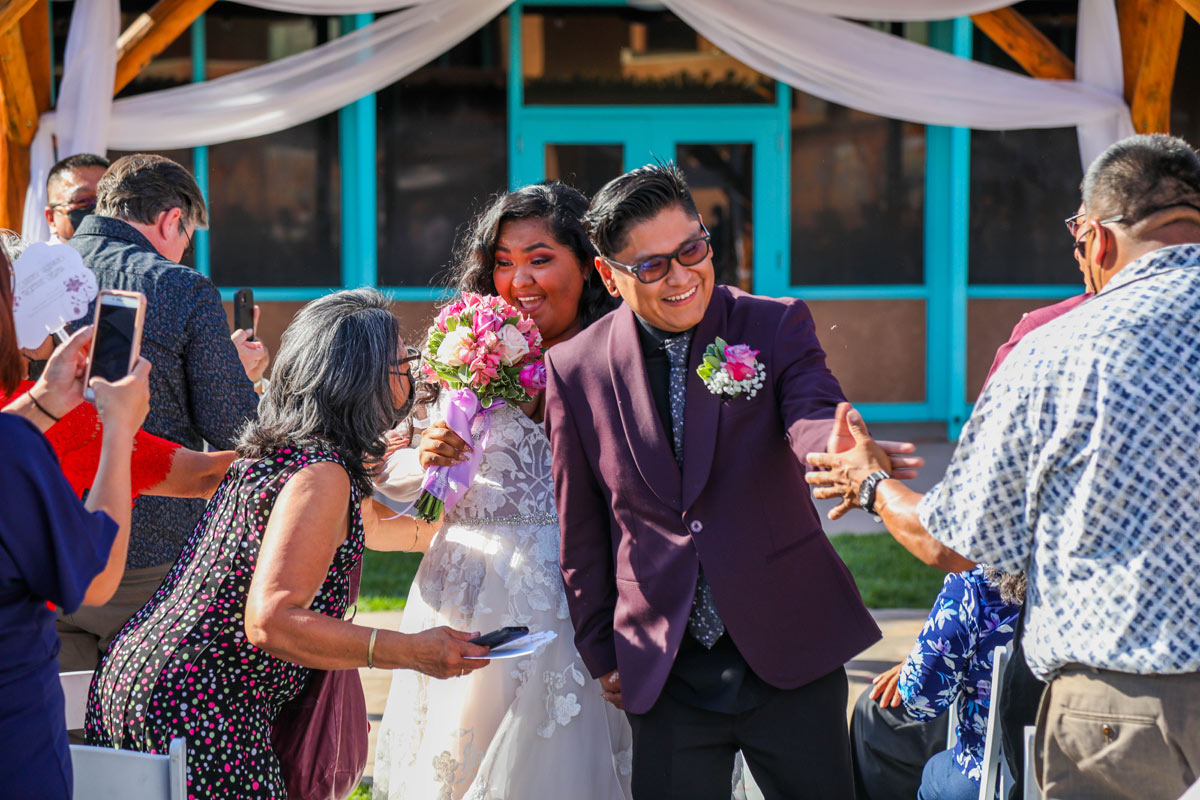
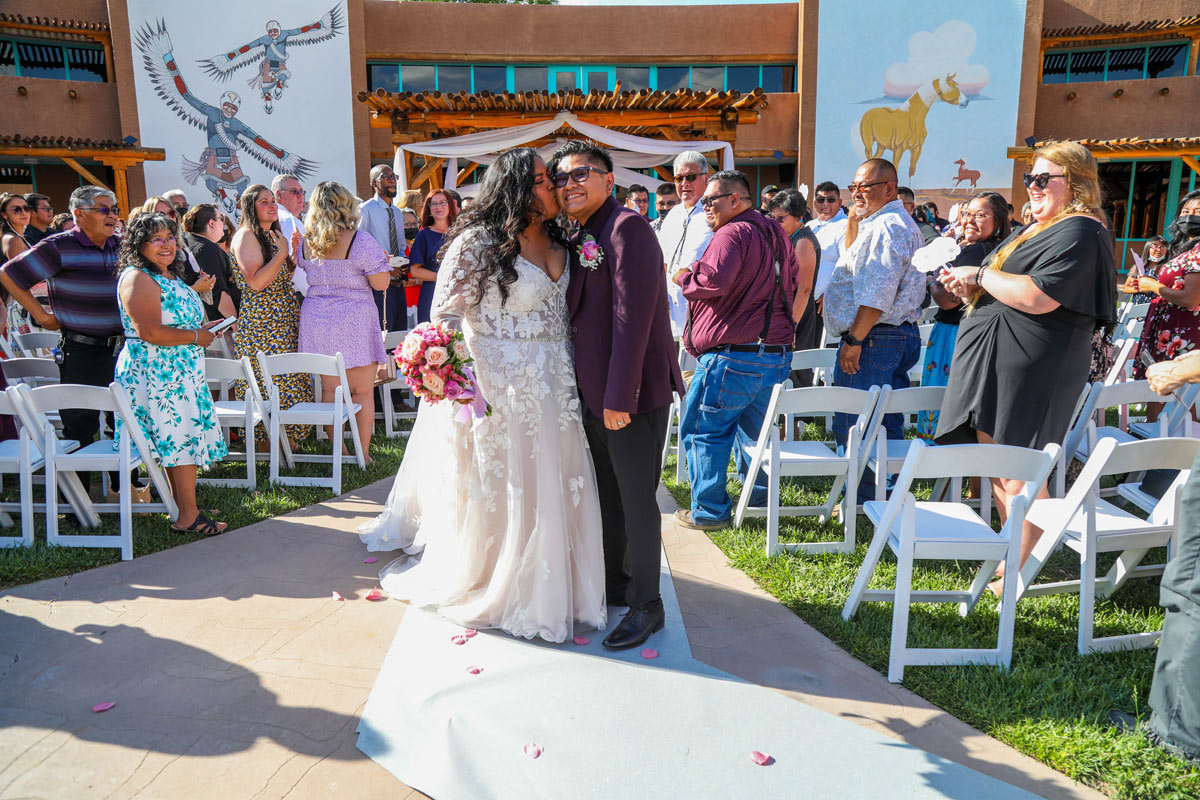
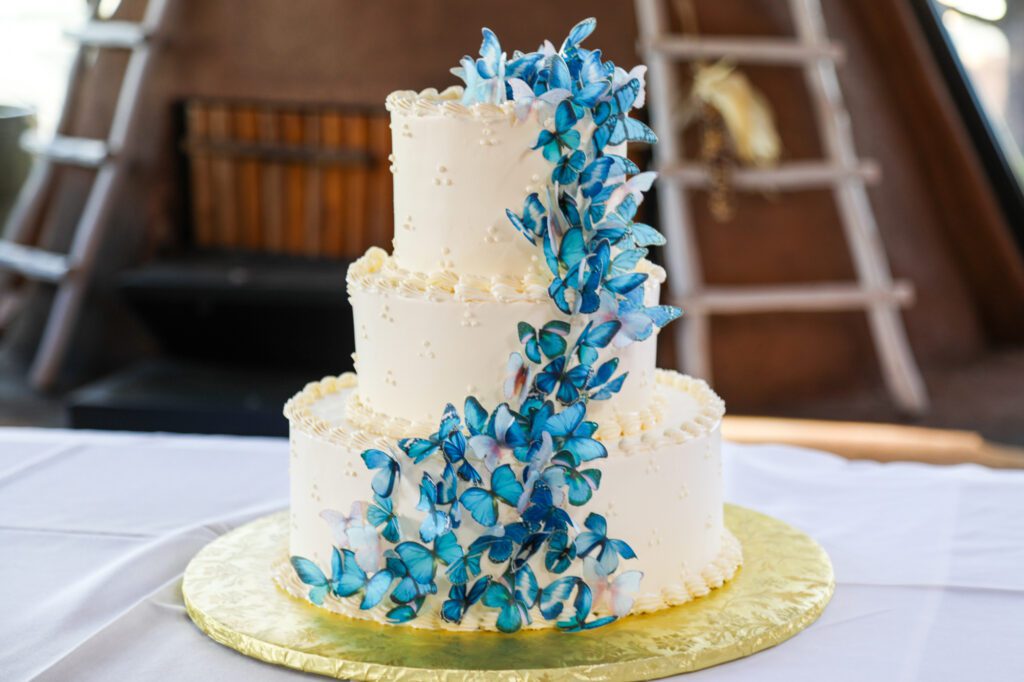
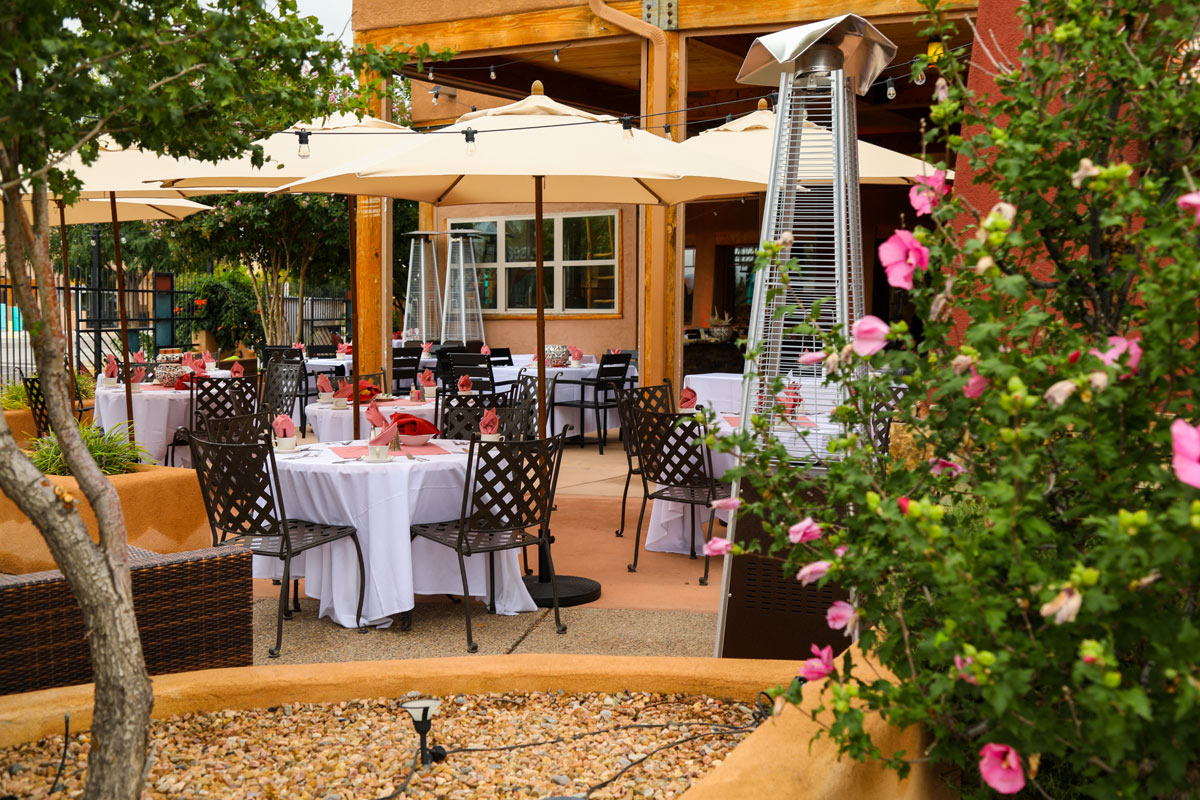
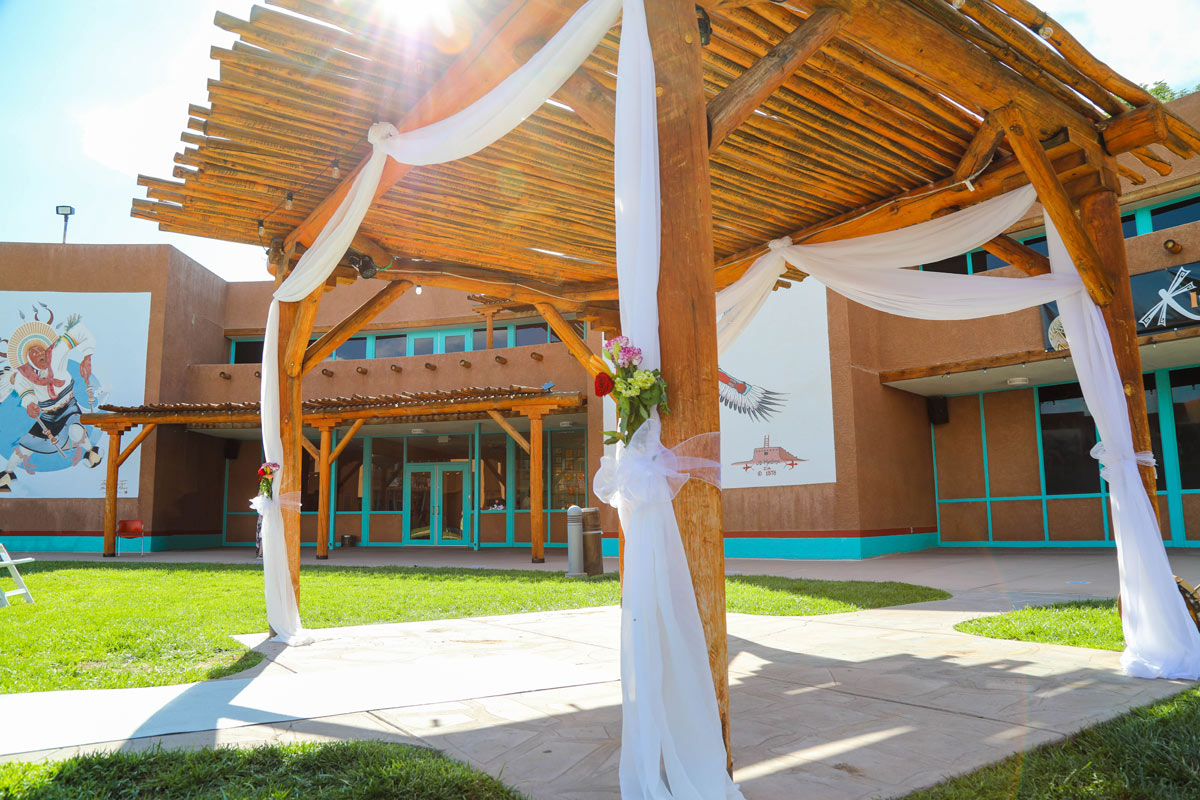
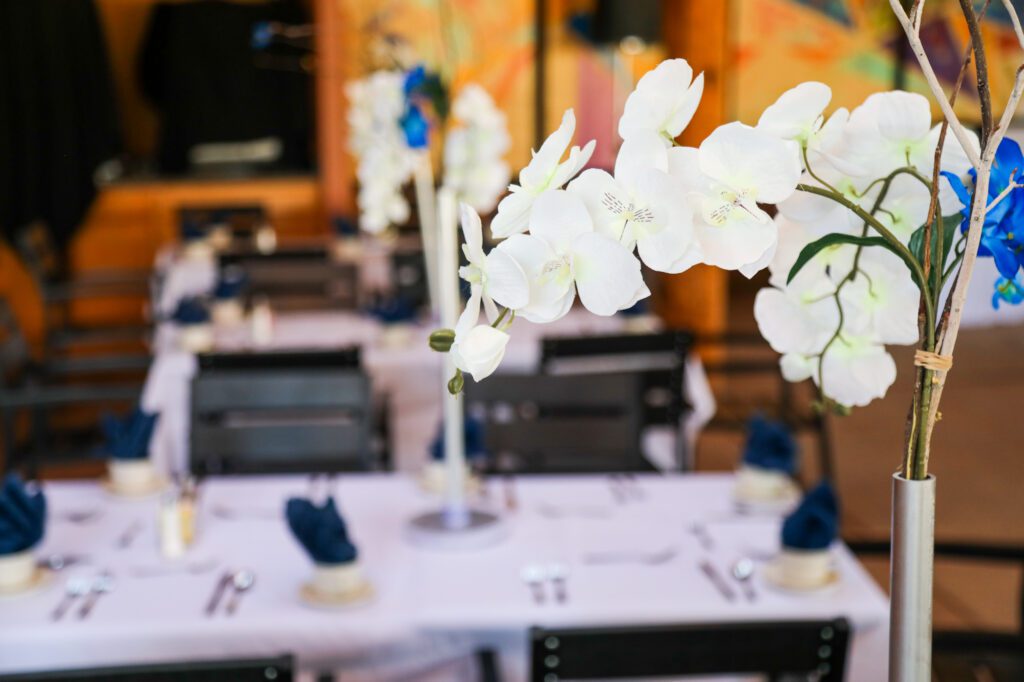
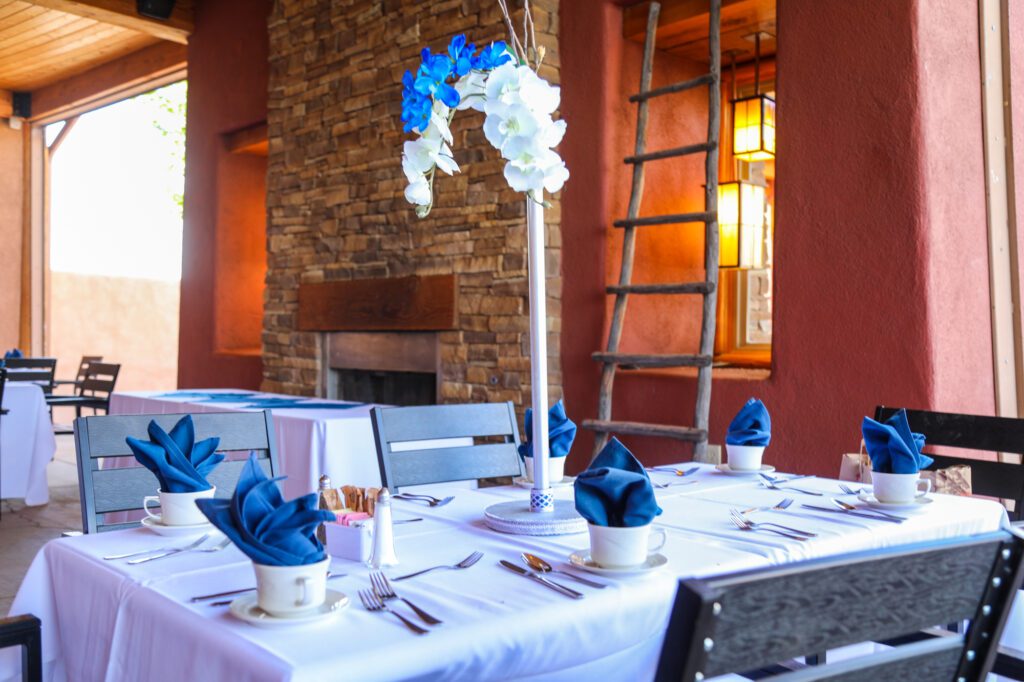
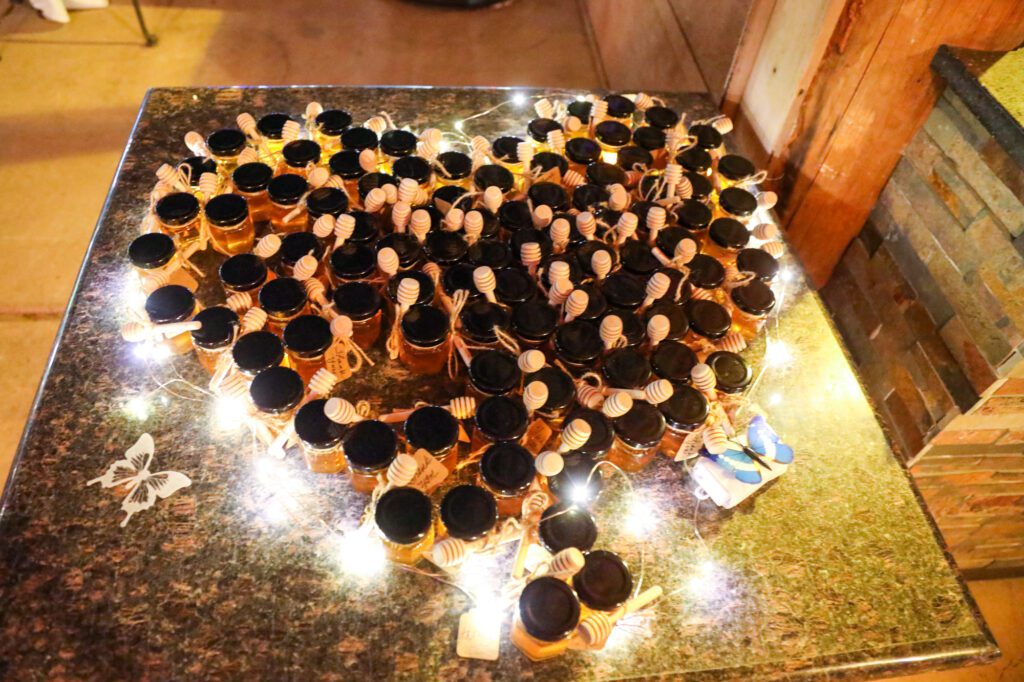


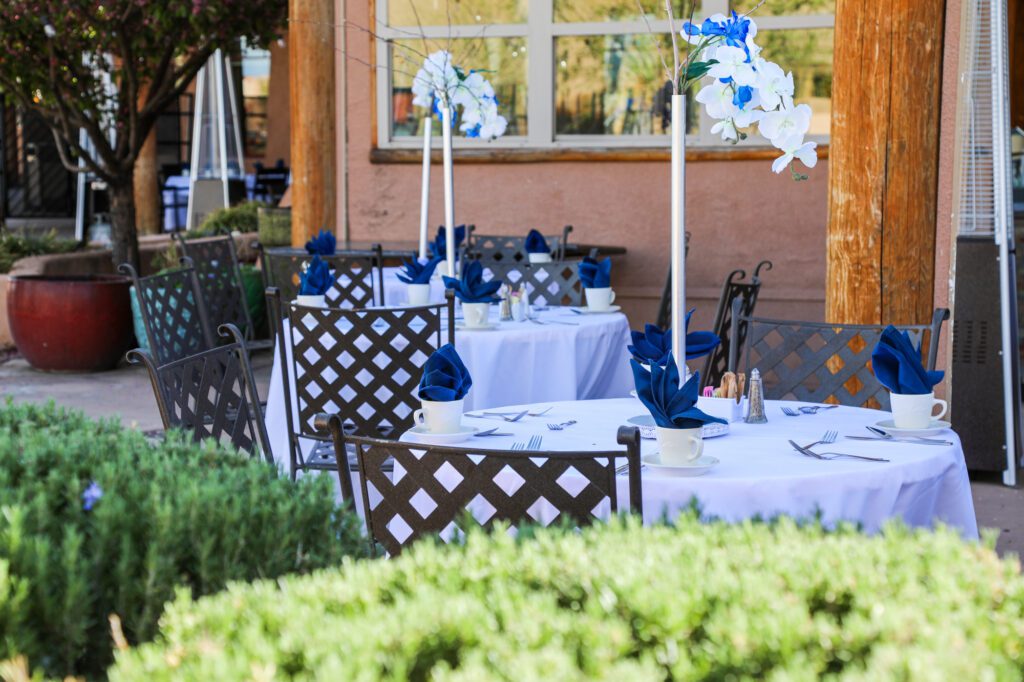
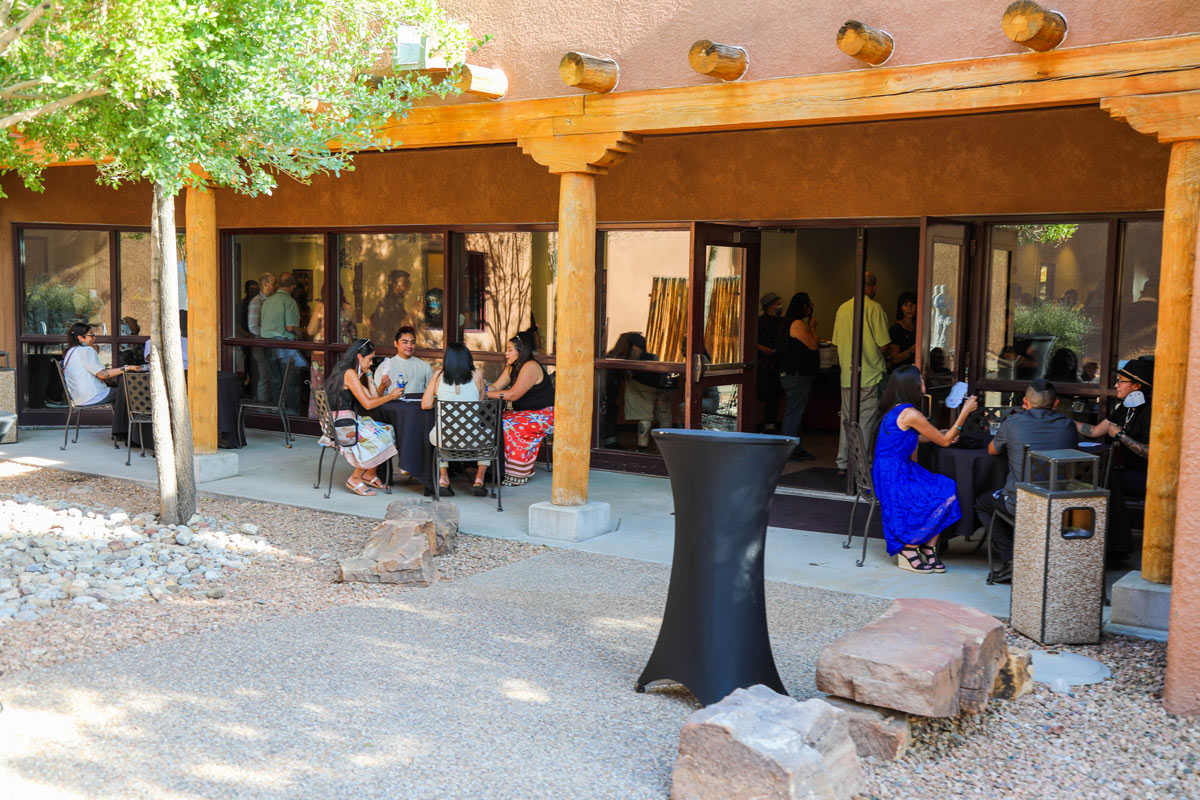
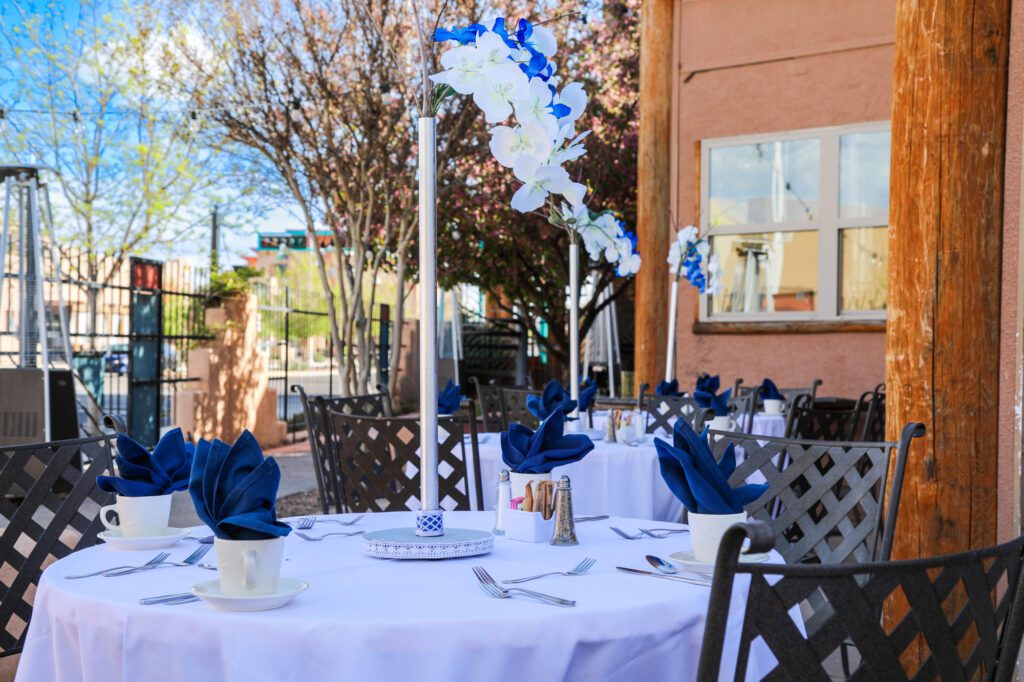
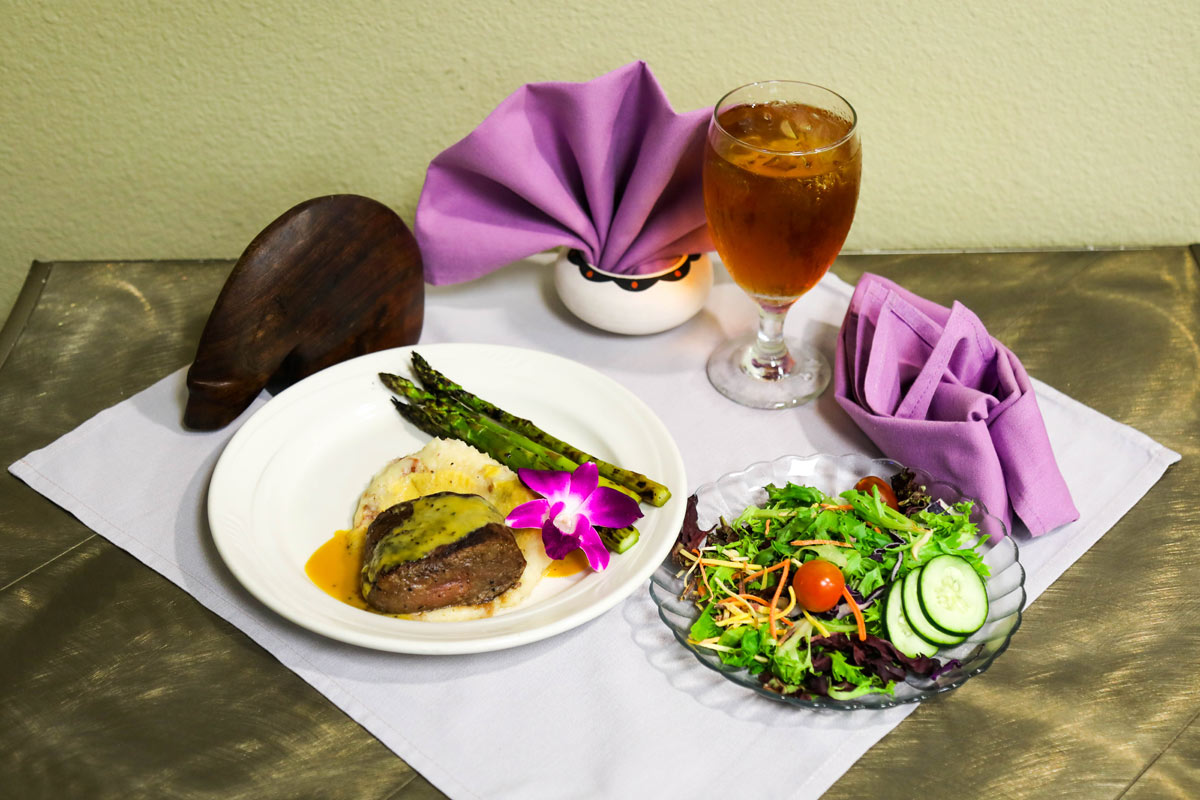
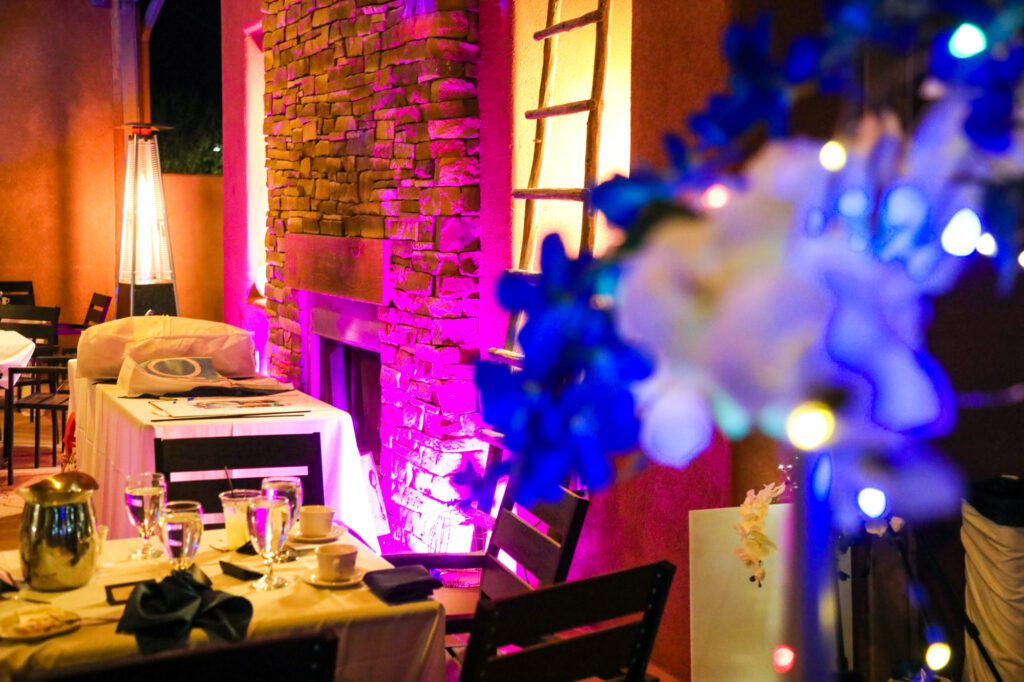

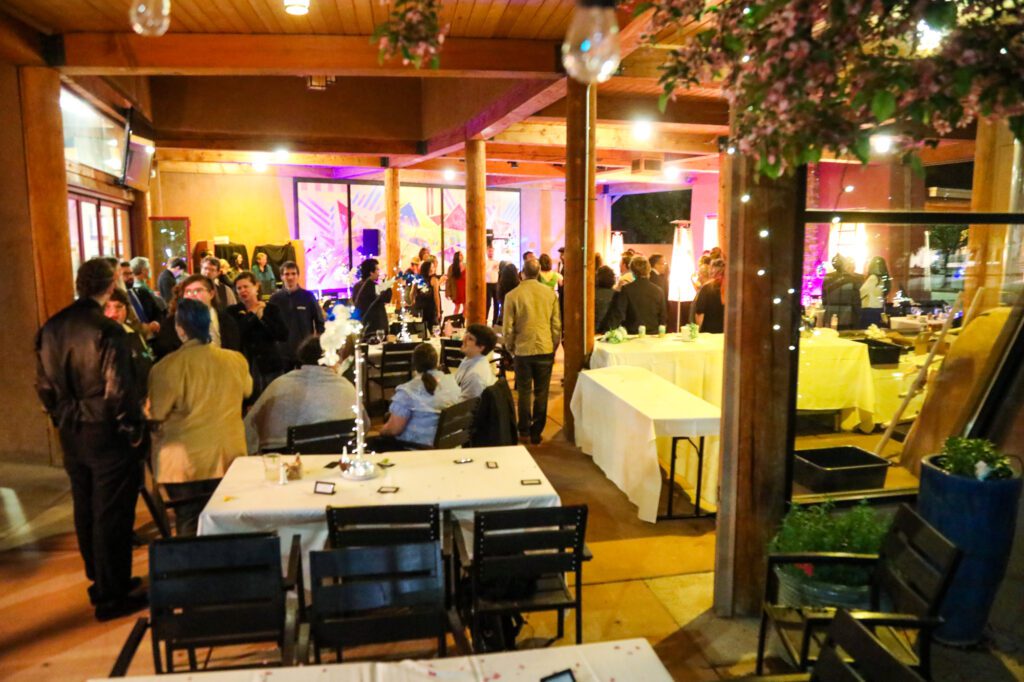
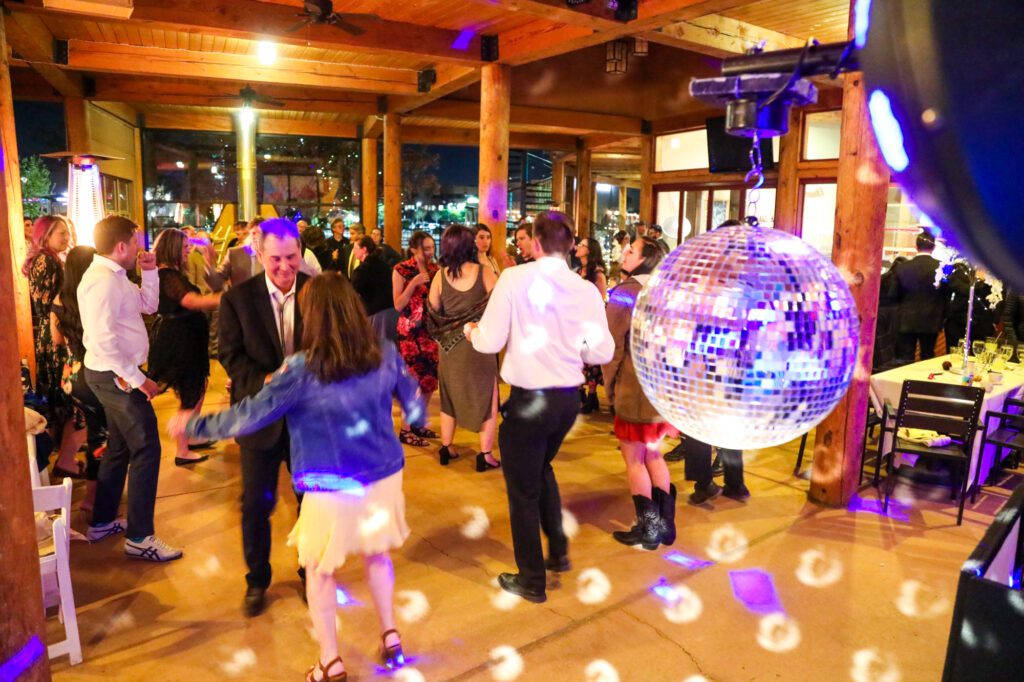
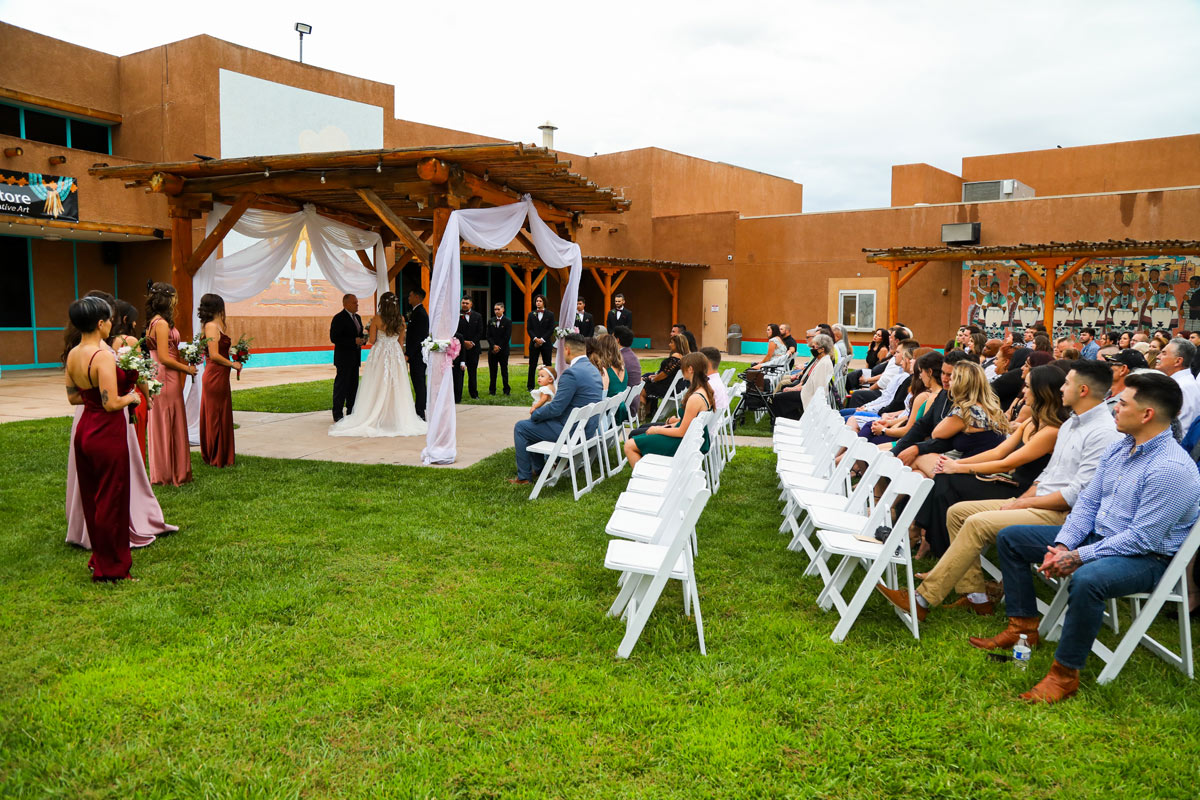
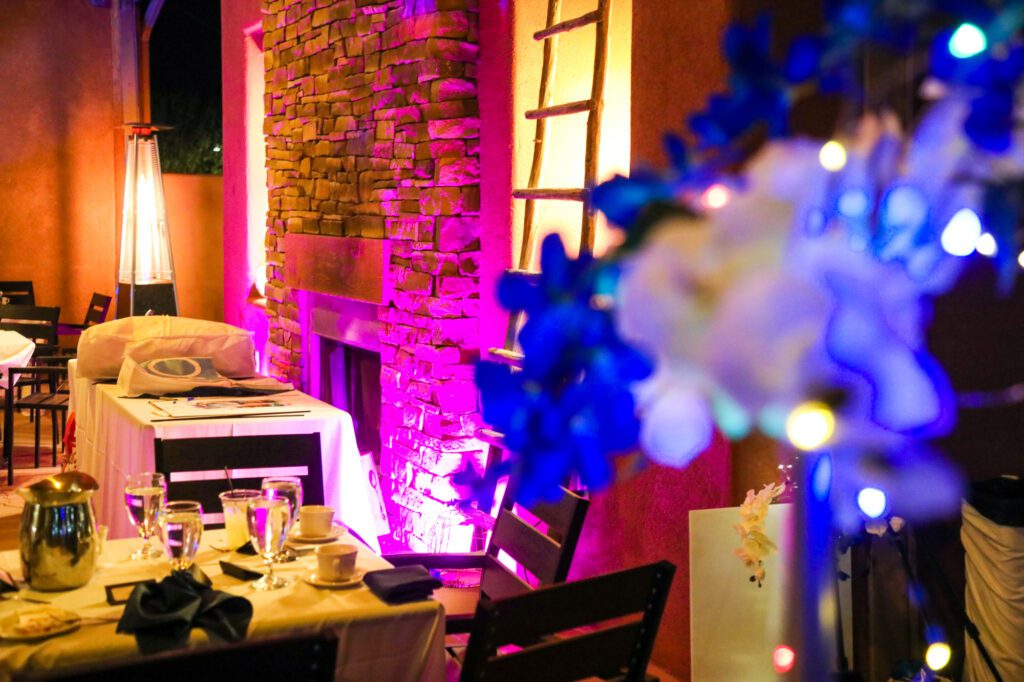
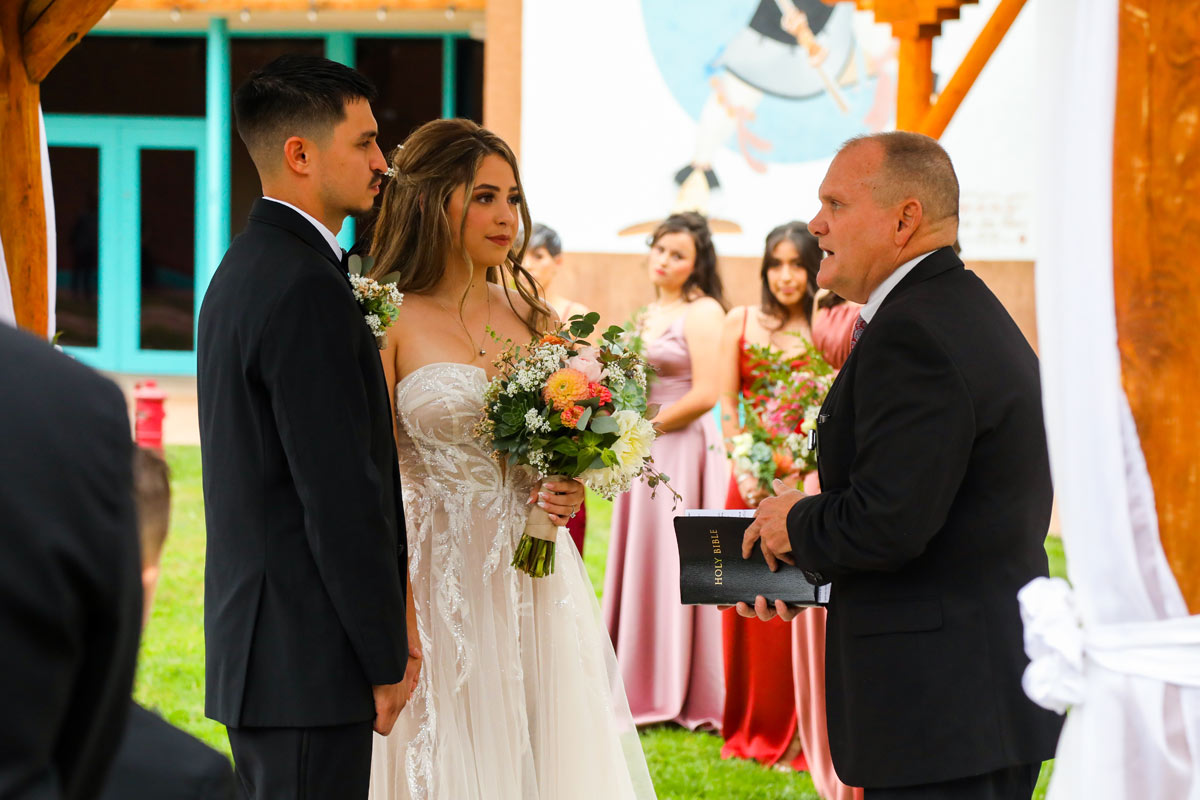
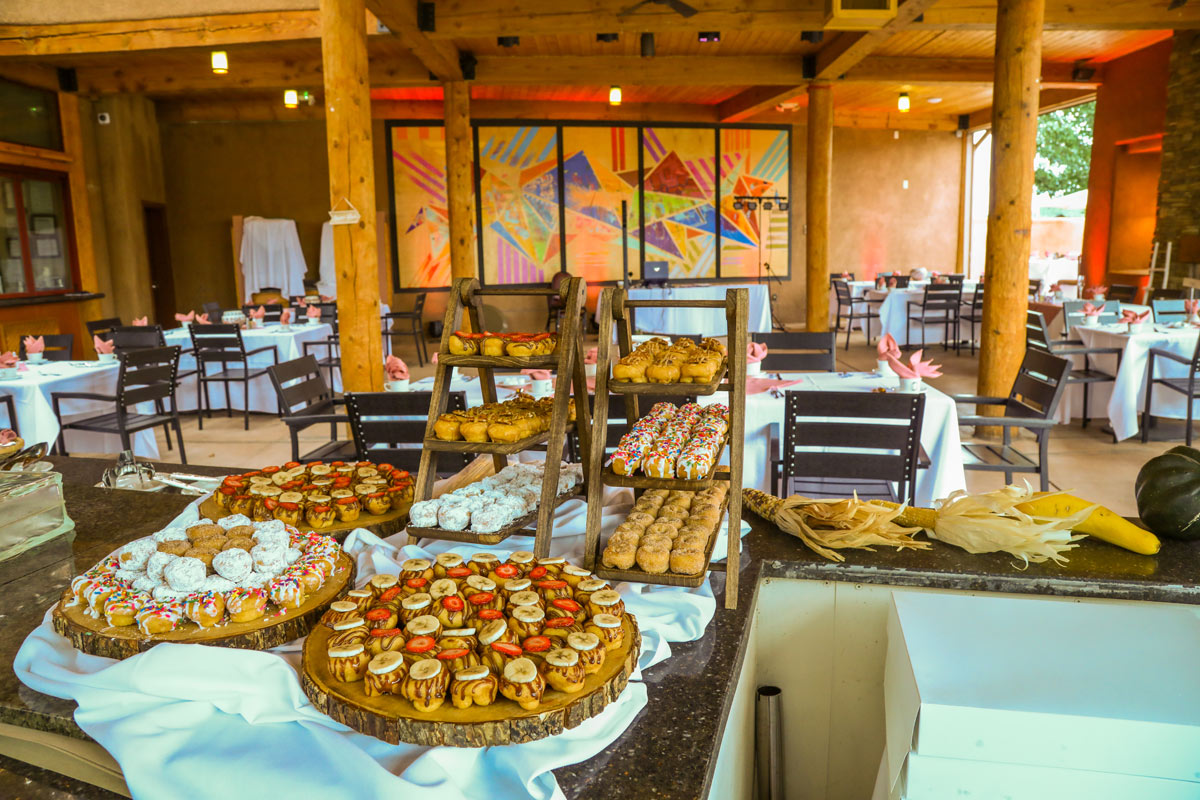
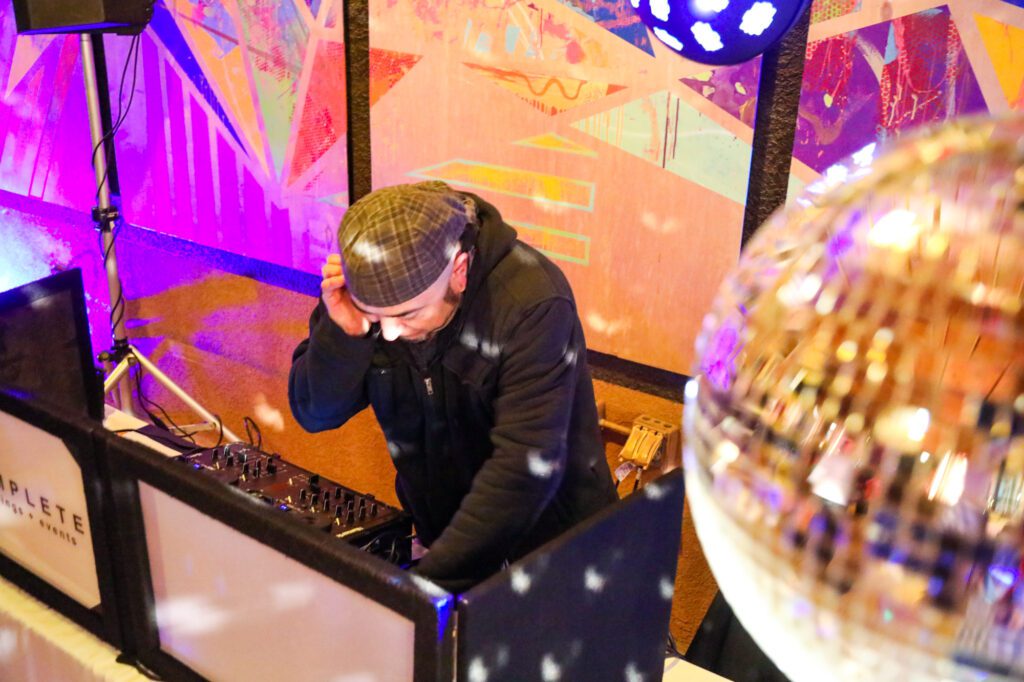
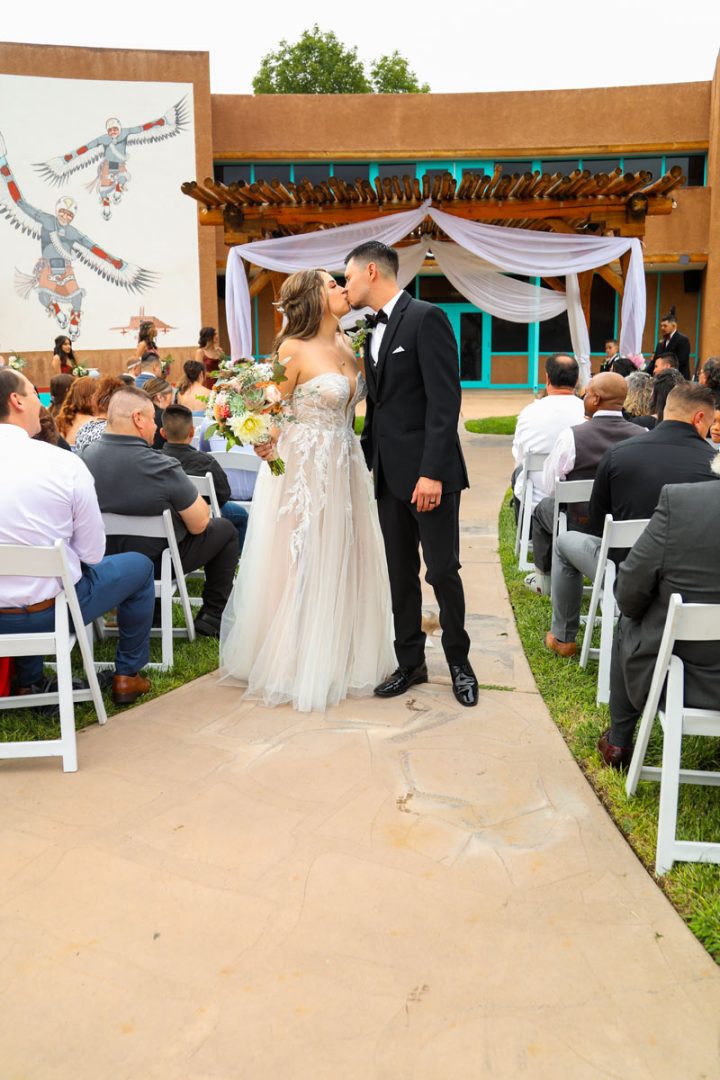
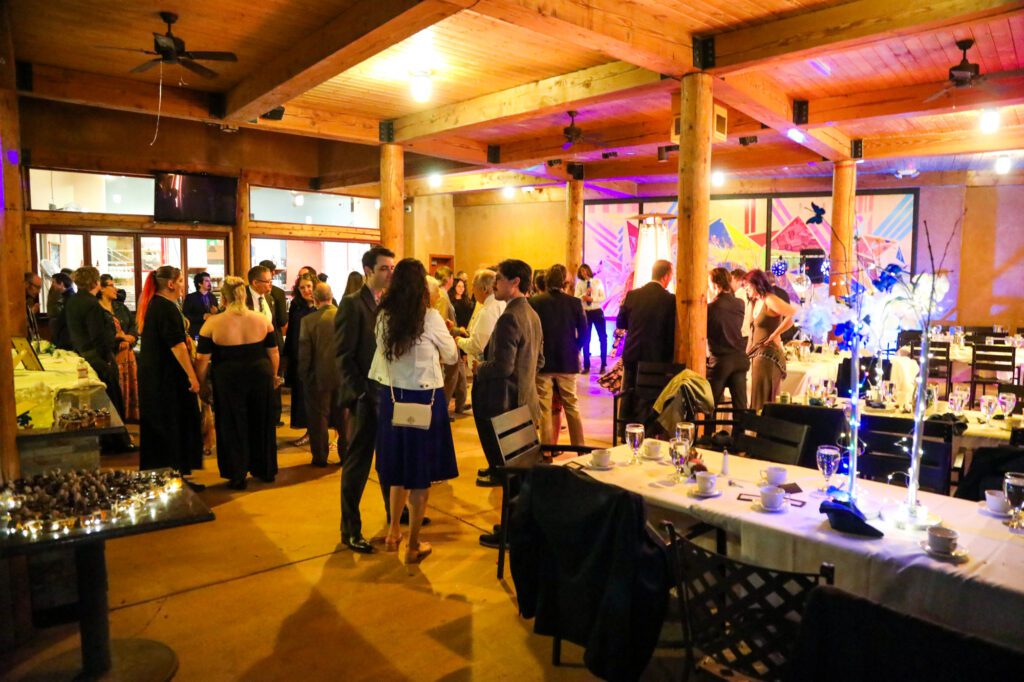
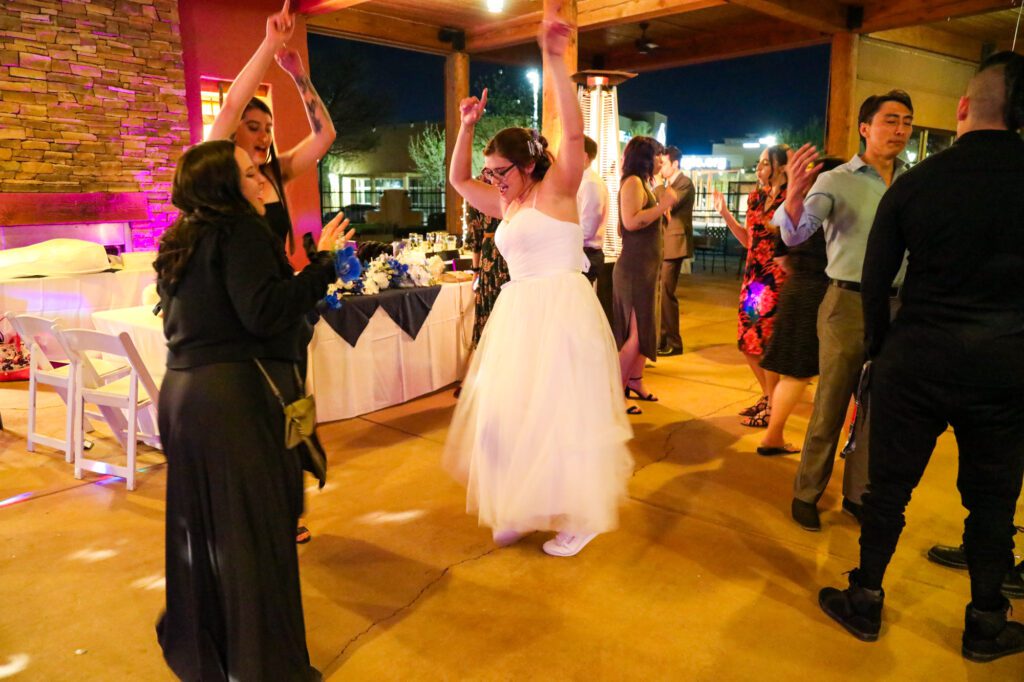
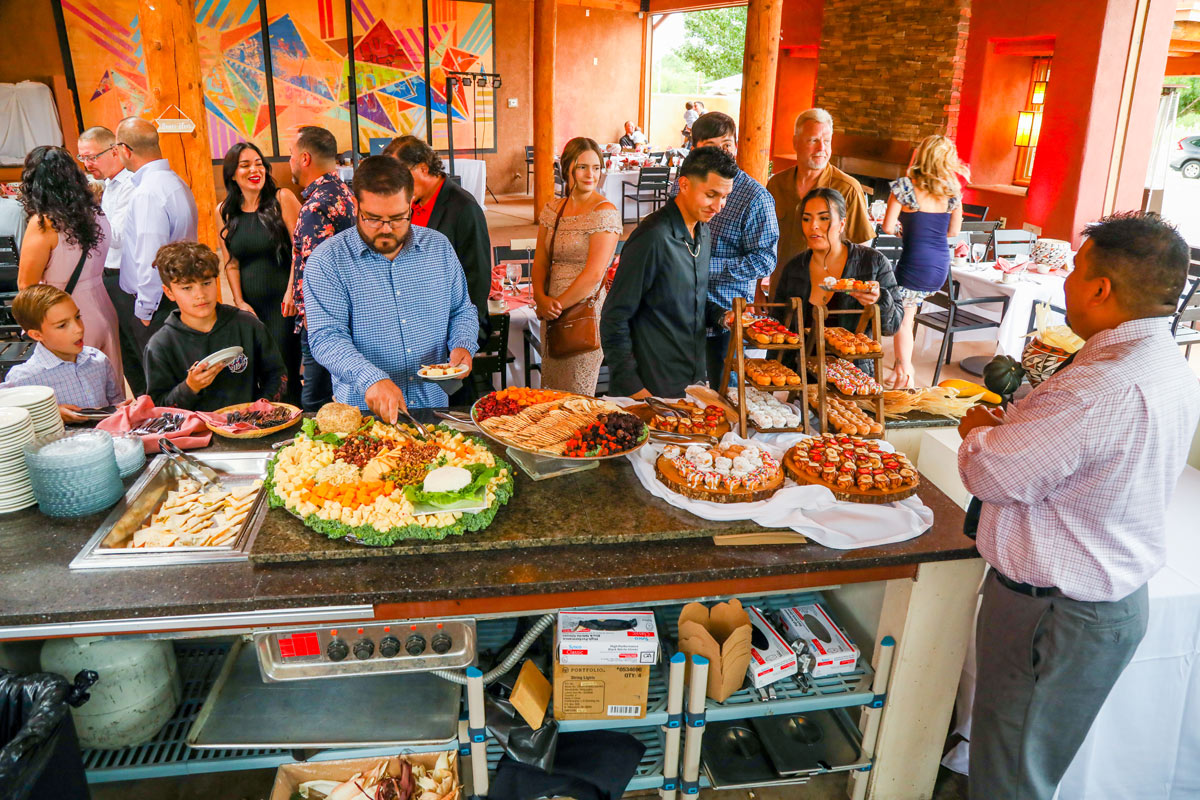
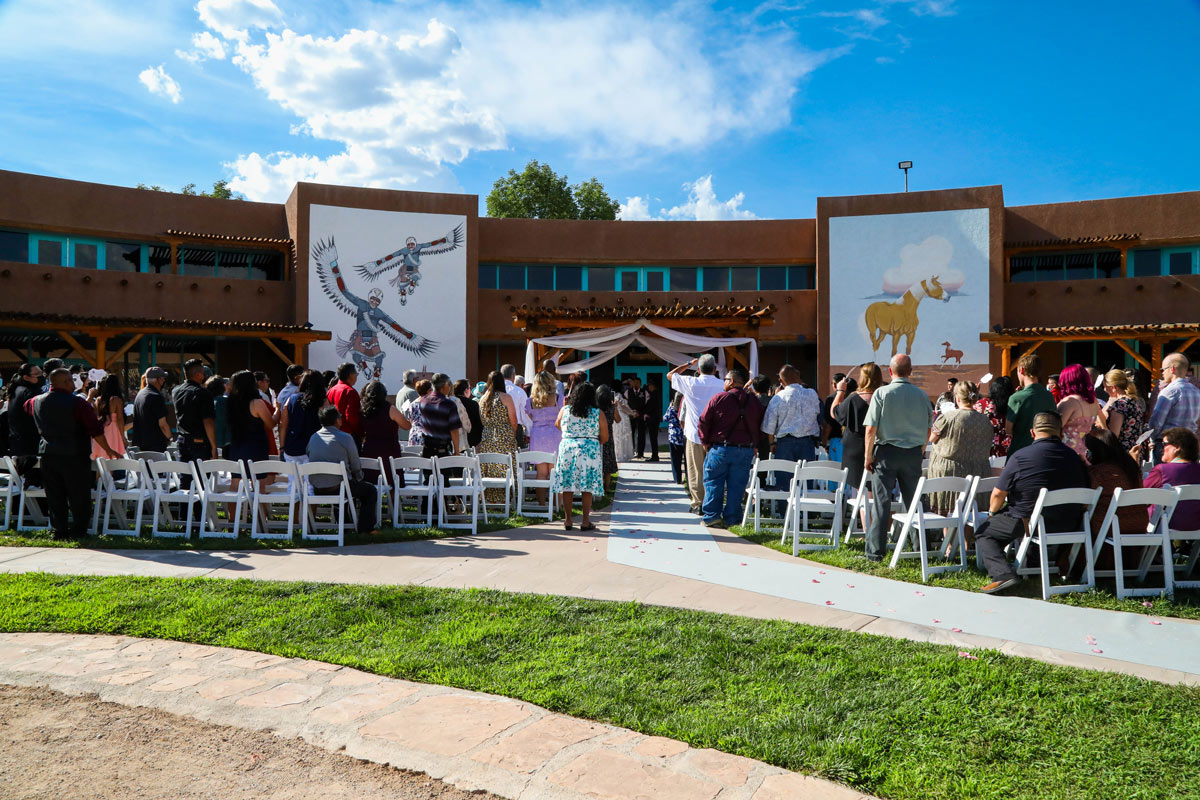
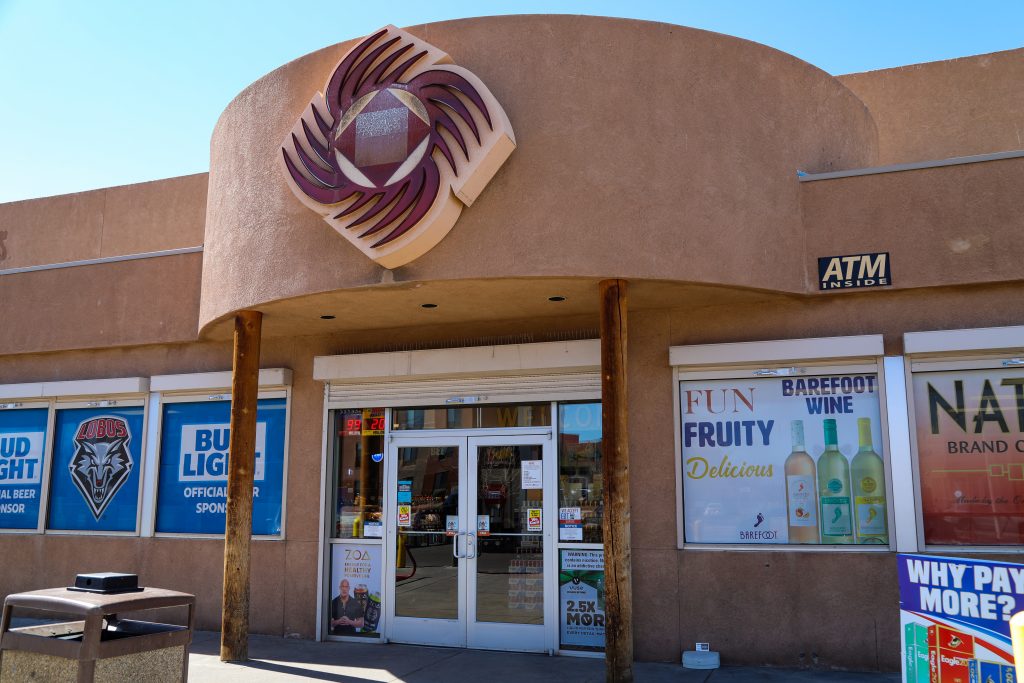
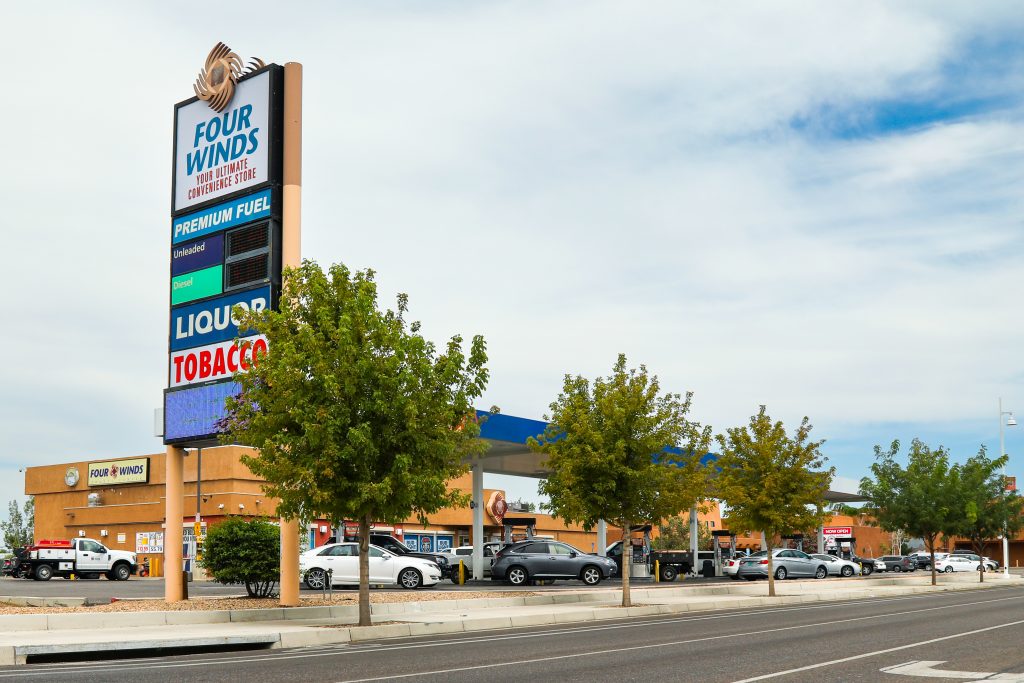
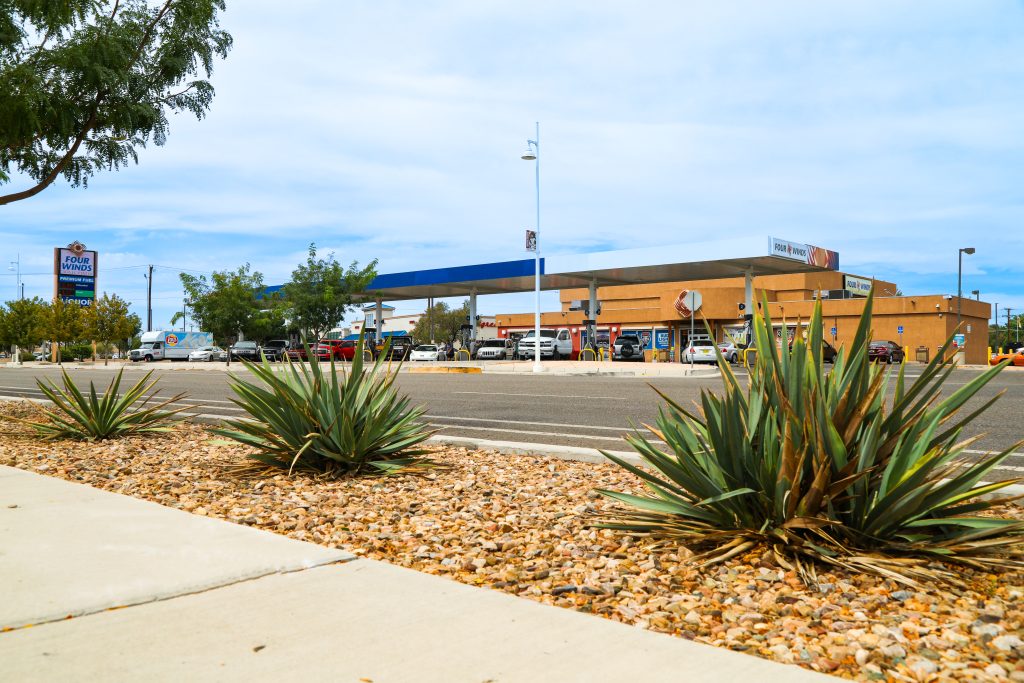
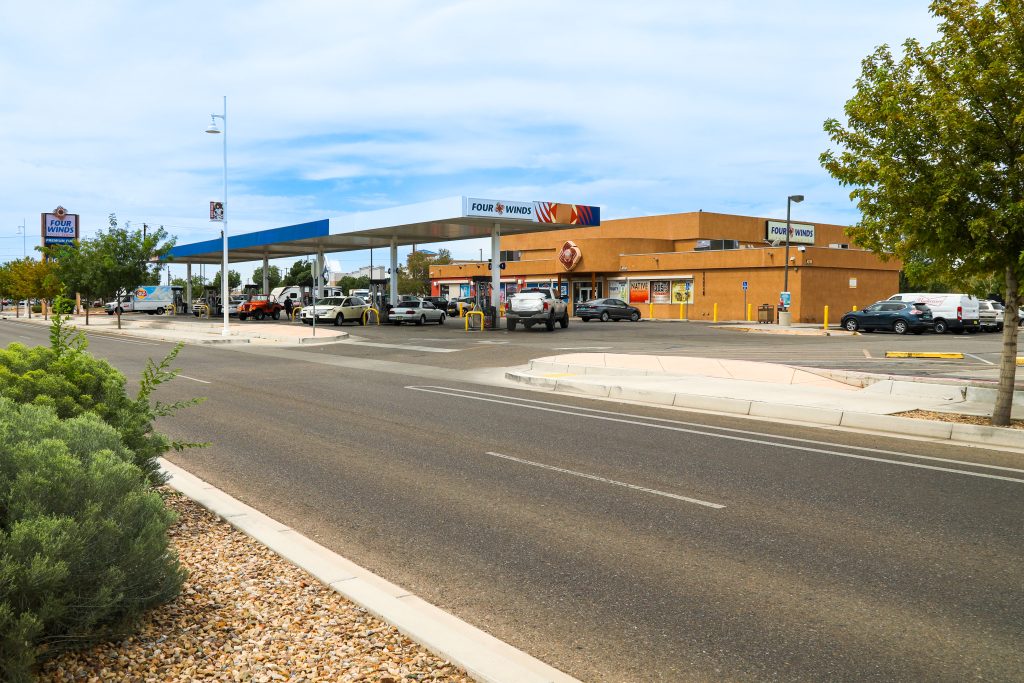
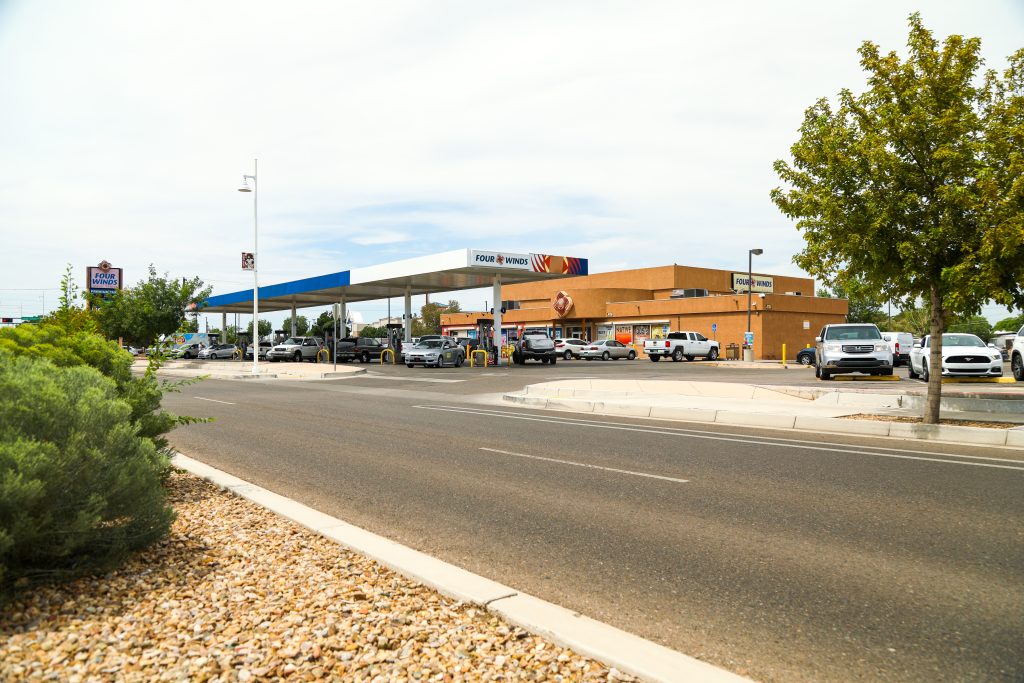
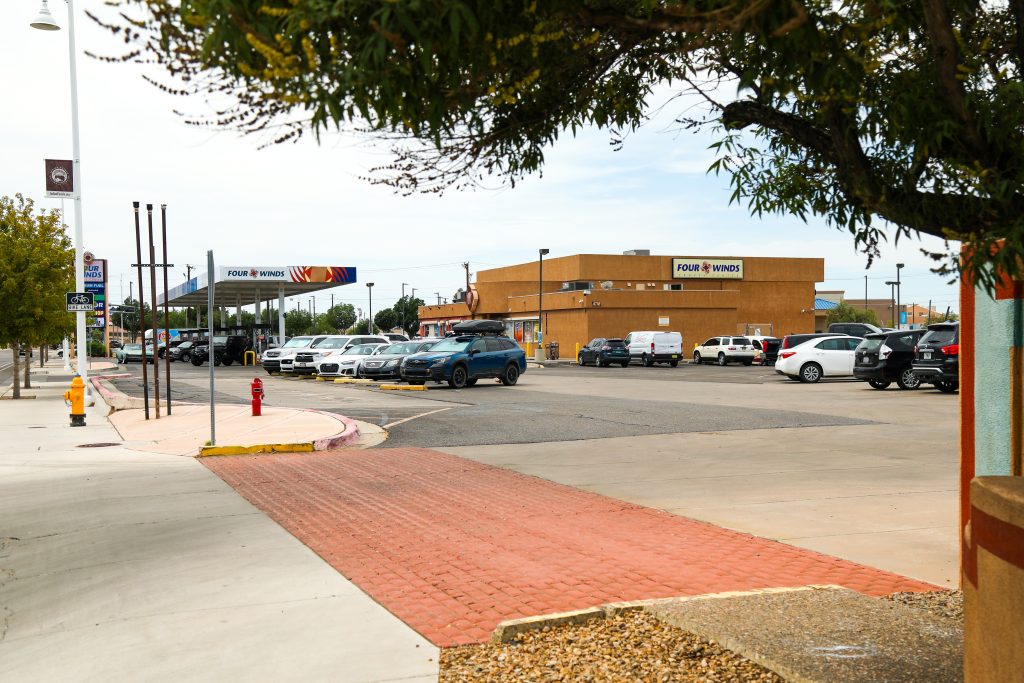
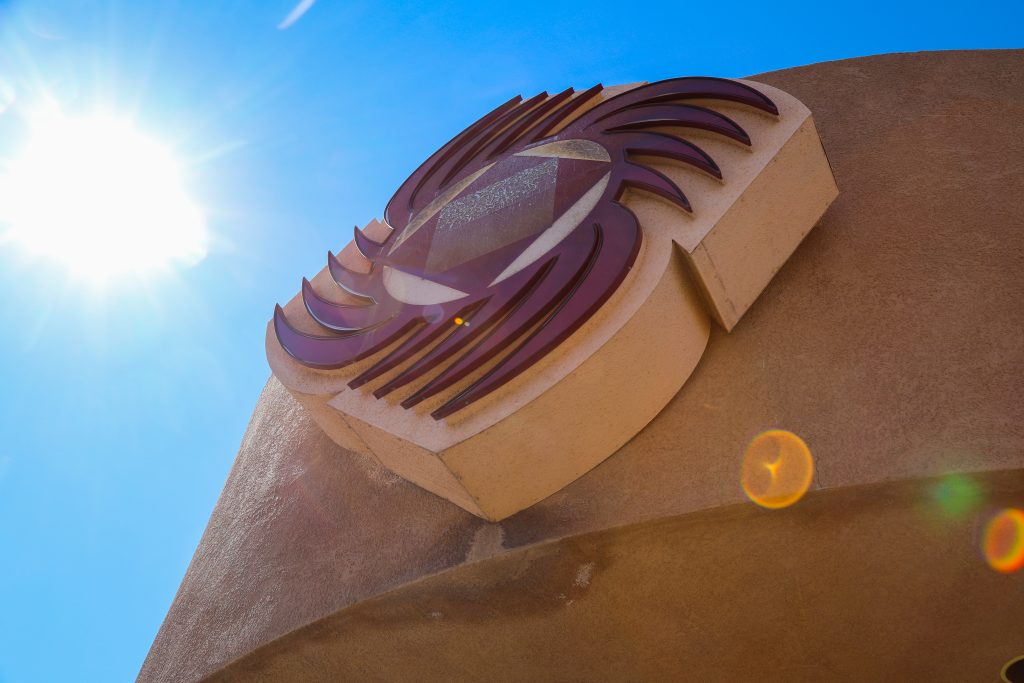
THANK YOU! I was a teacher, years ago, and the text that was part of our social studies curriculum, called the people the Anasazi, and said it meant ancient enemy. I told my “kids” that it must have been a term used by other Native Americans who, obviously, didn’t like them. Who else would called others by that term?
I have tremendous respect for Native Americans. So, I’m very glad to read the truth here. I have seen, and heard, from different sources, different meaning of the word, and I was concerned that I had misinformed my “kids.”
I pray that you and yours stay healthy during this pandemic! Stay safe.
Again, thank you. I love learning about all Native Americans.
My grandma is Evelyn Peggy Candler she was Cherokee and I am researching Our Family ROOTS
Thank you very much for the accurate historical explanation of the name Anasazi! I sincerely appreciate an open, truthful account of a name’s origin, and the reasons it is being changed, rather than just “erasing” history! One question: When (date) was this decision made by IPCC? I hope you will continue to tell the story of the original name as well as changing it to the more respectful term. – That story itself represents a part of your people’s history as well.
We’re glad you found the blog interesting and insightful. We began implementing the change in early 2018 after discovering the term used in older content on our website, and thought it would be best to explain the change instead of just quietly making it as we do with other random updates.
Thank you for enlightening the public about the words discarded and the words used. The truth in history can only be known when perspective is understood. I grew up with great respect for the first people of this land and am grateful to learn more.
Thank you,
I am a social studies teacher. My school just upgraded our curriculum from books that are about 15 years old. The new text mentions the replacement in terms, but not why. This makes perfect sense. I will include this information in my teaching.
My wife and I are from Australia and visited the Four Corners area in 2004 with the specific purpose of visiting Mesa Verde, Canyon de Chelly and Chaco Canyon and Taos Pueblo as well as some of the other Canyons in Utah and Arizona.
I sincerely hope we didn’t offend any of the Native Americans if we used the term “Anasazi”.
Thank you for enlightening me on the change of name an, more importantly, the reasons for doing so,
This is so good to know! I am just now beginning a unit with my 4th graders about Early Inhabitants of Utah. I am glad I can change my material and teach them accurate information!
Im very interested in this, my grandmothers maden name was Mesa, she said her ancestry was from Aztec I believe also puebloen ancestry I’m 23percent native American. And very proud of my grandmother history she lived to be 102 and was a loving spirit.
I worked as an engineering geologist in the Four Corners and Santa Fe regions in the 1980s and 1990s, visited the major public ruins and had the opportunity to examine some non-public sites with working archeologists. I understood the term Anasazi to mean “ancient ones” and I used that term with reverence in my reports. Thank you for setting me straight.
Thank you for educating me, it is appreciated!
I am happy to know the correct term and why. Shoot you could be shortening it to AP for ease and not showing disrespect i think? I look forward to returning to the area with a renewed sense of respect and awe for Those Who Came Before. Thank you.
Alicia Catherynne
I’m very pleased to have come upon this historical correction. I’m one of a great many Americans who respect and recognize the dignity of the first people and the terrible wrongs that were done to them by the United States. I applaud the clarity with which you explain the use and importance of the term Ancestral Pueblos. Many thanks.
I visited NM and The IPCC on Feb 2020. Such a high quality, fantastic work by the IPCC team!
Here in Greece where i live many people consider Anasazi (the ancient ones) linked to the Hopi culture, influenced by the Ancient Hellenes (Greeks) who travelled there thousands of years ago.
I have known about this for over 10 years now, and have had to educate many people on this and made comments on many different internet forums whenever such terms come up.
What I would hope is that the IPCC can contact and work with the residents of various subdivisions throughout the state and Southwest that use the term to name their various home subdivisions as such.
It has even been a topic of conversation when JK Rowling wrote her stories on the Skinwalkers. Having to make various statements to folks in the United Kingdom and other internationally read web sites, this has been a sore spot when folks out of ignorance makes these statements. I hope that the IPCC can further the reach of this point as time progresses.
Without knowing the meaning, I though it was a beautiful word. I am so glad I researched and obtaine the true meaning. Thank you
I’m sorta lost here, but I have some understanding. Strangely I live on a road which bares this name. When I first acquired my property, I was told that the meaning was for the ancestral people who once lived in the area. I found it to become a motivational tool as I settled and became one with my surroundings. Today 08/09/2021 that all changed. My grandfather being Blackfoot and my grandmother being Seminole, knowing I follow the Tribe of the woman my mother being Seminole/Blackfoot. I found comfort in living among other Tribal Nations. This new knowledge will always question my mindset because I will see it on my journeys away and back home.
Maybe if someone could explain why they became enemies.?
Thanks for the information. Always interested in the “ancient Pueblo peoples”. Never realized the Zuni and Hopi are descended from the Chaco canyon peoples. So much to learn;glad you have illuminated this history.
Many thanks,
Diane Griffin
This is amazing , thank you so much for posting this info as it happens” Anasazi “is the title of a piece of music i discovered composed by. A.Gomez, it is a very nice meditative piece and i enjoy playing it, but i really wanted to know about the meaning of the title and how it connected to the music
Hello! Thank you for this insightful information. As a teacher, I always try to ensure that I am using the proper names and terminology with my students. Our text tells us that the term Pueblo was given to them by Coronado when he came in the 16th century and that was not their true name. Would you be able to add any information to this/ lead me down the right path of correct information? Thank you!
Thank you very much for taking the time to accurately explain both what the term truly means and why you’re replacing it. I was lucky enough to find this site, as many others report an incorrect translation of Anasazi.
This has been so helpful in understanding the respectful way to describe some of the First Nation People. I an Welsh and play many Native American Flutes, I am in the process of buying what is described as an Anastazi flute. I run workshops of early traditional wind instruments so will now refer to the flute as Ancestral Puebloan.
Thanks for the understanding
Play in Peace
As a teaching assistant several years ago, I was privileged to attend 7th grade social studies with a student. I moved to NM from Ohio and as a history lover and descendent of Cherokee I learned about the origins of Anasazi from a wonderful teacher. The book we used was still using the term but she explained, corrected and provided the actual history not to cancel anything but to return respect and honor to the Pueblo People. I now correct those who still use it and those 7th graders who are on the verge of adulthood also know truth.
perhaps Anasazi should be called by their rightful name too AZTECs, and the word altogether be left in history…
As a retired educator from the Pueblo of Zuni I have always wondered about the term “Anasazi” applied to Puebloan ruins. If Weatherill is the individual that applied the term while working with the Navajos, it is likely he used a term from the Zunis. A:łashhi meaning the ancient or old ones. Just my observation.
I was born and raised on the Navajo Reservation, Navajo is my first language. Ana’- could mean enemy, it is also mean foreigner or not from our clans. Example, today if there is a none Navajo that is an inlaw, they r called “ana’ ” affectionately. Or referring to a friend who are none Navajo the word is used. Zází-is an old word meaning Ancestors, the ancient grandmothers and grandfathers. Today when we speak in a formal setting we use that word for those elders of ancient times.
Unfortunately there is much animosity between tribes from the past and there are those that would like to see our peoples divide and hate. Just my observation and thought.
Thanks so much for this highly logical explanation!! When I first heard that the term ‘Anasazi’ was no longer used, I was disappointed because it’s such a cool sounding word, but now that you’ve explained why, I get it. However, can it really be that no ancestoral term has come down through oral tradition that was used by ancient pueblos people to refer to themselves? Also, how about renaming Capitol Reef National Park as Pueblo Dome National Park?
When I first visited New Mexico in 1999, I was very confused about who actually made the cliff dwellings. I got the sense they were made by the Anasazi people who then disappeared for some mysterious reason. The term Ancestral Pueblo makes the historical connection much clearer.
Hi, I wanted to know if people can use the term “Hisatsinom” instead? I saw in another article that it was preferred by Ancestral Pueblos more than “Anasazi.” I was wondering just in case only “Ancestral Pueblo/Puebloan” can be used.
Guu Wahd Dzee/Keshshi/Greetings…Myrah [if I may]…I hope this finds you well.
I am Jon Ghahate, I am the Cultural Educator here at the Indian Pueblo Cultural
Center here Albuquerque, New Mexico.
Your email, your inquiry was forwarded to me and I am certainly glad to assist
you with the question you submitted on the IPCC website.
Before I respond to your inquiry, do you mind if I ask of you a few questions?
First, thank you again for reaching out to the IPCC for your inquiry.
I would like to ask how you came across and then chose to reach out
to the IPCC as a resource to address you inquiry?
Secondly, what prompted you to seek information or clarification
related to the use of these particular terms, as it relates to the pre-
contact civilizations who/that inhabited what is now referred to as
the US Southwest?
We appreciate you reaching out to the IPCC as a way to assist you with your
edification/inquiry.
[Full disclosure: I could provide a lengthy presentation on this particular topic
as I have a PowerPoint presentation to accompany, however, I will provide
some bullet points to be concise.] To begin with;
What terms the scientific communities use to designate/identify the
multitude of diverse, uniquely different human civilizations who
inhabited the US Southwest, i.e., Hohokam, Sinagua, Paleo-Indians,
Mimbres, and even Pueblo, etc., are simply imposed upon these
Indigenous groups.
For those Indigenous civilizations who inhabited this area that had long
migrated to other areas, blended/appropriated with other civilizations,
their languages were lost, and what term they use to identify what they
called themselves, was lost. And so we, science did not know that.
The scientific community has, through the Pecos Conference, collectively
have agreed to use the terms [some of which I’ve provided above] to
differentiate one from another, based on housing structures, human-
made items, i.e., pottery, baskets, textiles, etc., and art/designs.
Prior to the Pecos Conference, pre-1930’s, different anthropologists,
archeologists, etc., came up with their own identifying term. The Pecos
Conference worked to have a uniform, consensus of identification of the
diverse Indigenous civilizations.
One must be mindful that these previous civilization languages and self-
generated information is nowhere to be found. What knowledge, acquired
knowledge, wisdom, passed along with these civilizations. Today, many
in the scientific community agree with the statement, “What we know
about the human civilizations of the US Southwest of which we see the
structures they built, the items they made, and the evidence of their very
existence, is minuscule to what we don’t know. We can only hypothesize
as to what their lives consisted of.”
With this in mind, the term ‘Anasazi’ falls under this mentality. Richard
Weatherill, one of the earliest to excavate Chaco Canyon [a term given by
a military office in the 1800’s…however we don’t know what the people
who in habited Chaco call this place, let alone what they called themselves.
We can assume they had a language which we don’t know, as they did not
leave us with any indication as to what that was.] had hired local Navajo
residents [who science helps us know that our neighbors didn’t come into
the area until after 1300]. Assuming our Diné [the name our neighbors
call themselves in their language. Navajo originates from what the Spanish
ended up call our neighbors. Another story which I could tangent off of.] were
the descendants of the inhabitants of Chaco. They used a term in the Diné
language to describe a civilization of the past. Weatherill assumed this was
what was to be use and so the term ‘Anasazi’ took root.
However, science [after continued evidence and accumulated information]
accepted [associated to societal constructs, architecture, language, and other
science-based hypothesis] moved away from accepting that the permanent
agrarian civilizations that representatives of the Spanish Crown encountered
along the Rio Grande [now referred to because that is what the Spanish called
it, but our Pueblo communities have had their own term they used for this river]
which are now referred to as ‘Pueblo’, which is also another imposed term.
However, each of the 19 Pueblo of New Mexico have a term, in their own
language which they use to identify themselves, as an individual and as a
collective.
This then leads to your question about the term, ‘Hisat’sinom’ is a term our
Hopi neighbors [considered ‘Pueblo’ and our ancestral neighbors]. When they
speak of the inhabitants of Chaco, Wupatki, and other sites of human communities
that had been established/existed in the US Southwest, after 100 CE and had
by 1000 CE abandoned their communities, and formed those communities that
the Spanish came across in the latter part of 1500. This Indigenous communities
are now referred to as Pueblos, Hopi, Apaches, Navajo, Yaqui, etc.
‘Hisat’sinom’ is a Hopi word. Perhaps some anthropologists use the term, if they
are aware of it’s origin and respectfully use the term. However, for the remainder
of the scientific community, the acceptable term used to identify those peoples
who build and inhabited the multitude of structures which many are now national/
historic site, located predominately in the US Southwest, is ‘Ancestral Puebloan’.
The term ‘Ancestral Puebloan’ is used now, because:
The scientific community has agreed collectively that their previous
perception was with limited information and not entirely inclusive of who
is accepted as the descendants for those who built and inhabited the
communities noted.
Because of the efforts of the leadership of those US Southwest Indigenous
communities [backed by science-based evidence], they have promoted and
encouraged the scientific community to discontinue the use of ‘Anasazi’
[which by the way, even though it comes from the Diné language and even
has differing interpretations, from ancient enemies, the old one’s, etc.],
however, the term did not/does not accurately [from the evidence that is
currently accepted] reflect who those people were and most importantly,
accurately identify, these present-day viable, thriving, distinctly different
Indigenous communities in what is now referred to as New Mexico and the
one Pueblo community in Arizona.
I guess I did ramble on. However, this subject cannot be simply condensed in a few short
Sentences, if one wants to be well-informed which many of our Pueblo academics, educators, and leaders have worked to help others understand.
This is our challenge and responsibility to those who have preceded us.
I invite you to ask other questions.
I hope I’ve provide some clarification and information to your inquiry.
I look forward to hearing from you.
Until then, take care and be safe.
Respectfully,
Jon Ghahate Laguna/Zuni
Museum Cultural Educator
Indian Pueblo Cultural Center
Dear Jon Ghahate,
Thank you and the IPC for your explanation of why the term “Anasazi” is not used.
I have been reading a book by Stephen Plog called “Ancient Peoples of the American Southwest.” I think it may have been intended as a textbook, but in any case, it is quite detailed and generally good.
However, Prof. Plog uses the term “Anasazi” without reference to the language change in the scientific community. I think that since the book was copyrighted in 1997 and 2008, he may simply have published the book before the Pecos Conference that you reference, and so I am wondering in what year that conference made the change. Unfortunately, a Google search doesn’t answer my question, as there evidently have been several such conferences, all of them within the past few years.
Thank you and the IPCC for your time and kind attention in enlightening us on this matter.
Sincerely,
Hi. I understand from your lengthy explanation that “Anasazi” was an imposed and derogatory term but ” Pueblo” is an imposed and completely foreign term as well. Why don’t you use any of the terms that the natives who consist the contemporary descendants of those ancestral people know and use? I have the notion that any term would be more suitable as long as it is not derogatory and it is in any native language or dialect. As f.e the term “people” in any of the contemporary dialects regardless of the clan or tribe that is currently using it. As “ancestral +contemporary term of people in native language”. My point is that is better to name your ancestors with a native contemporary term than an old, imposed Spanish one. The ancient people of that area were not related with anything Spanish after all to be called Pueblo and its derivatives.
I had the same question as purple. To answer your question, it was just idle curiosity: My screen saver showed me a photo of Cappadocia. It made me think of the Pueblo cliff dwellings, and I googled “Hopi” and “Anastazi” as I was also curious about the relationship between the two, since I knew both are associated with the cliff dwellings. I am not sure if I knew already and forgot, but I was not surprised by the answer.
Thank you for the information about the nature of the word anasazi. And, wow. For me (a white guy), just “because it is important for all to understand the linkage between the ancient cliff dwellers and the modern Hopi” would do. Yes, you did ramble! And that rambling, perhaps as it is meant to, brought my presence (just for a few moments) into the universe where you reside. I think you approach the English language from a different perspective than I do. So I thank you for bringing me into your world, just a tiny bit.
I am old enough to remember when Anasazi was the preferred and only term employed to refer to the builders of Chaco, Mesa Verde, Bandelier, Aztec, Salmon and all of the other outliers built in the 4 corners.
I knew 40 years ago that it was a Diné word which has nothing to do linguistically with Pueblo culture. I don’t speak the language of the children of the Holy People and don’t know if it means “ancient enemy” or just “ancients,” but it is at the very least a word from a native language of this continent.
I have often wondered why any scientist or indigenous person/group would want to replace it with Ancestral Puebloans, which uses a derivative of the Spanish word for “town.”
It is unlikely we will ever uncover how the ancients actually referred to themselves, just as the name for the people who built Teotihuacán is unknown. (Teotihuacán is Nahuatl, a word of Aztec origin given to the place.)
Beyond this, why use any Spanish word to define this indigenous culture?
Example: why is the 1680 revolt (the only successful revolt against colonizing invaders in the history of the continent) usually referred to as the Pueblo Revolt as opposed to Popé’s Rebellion?
The end result was a pragmatic/lesser of 2 evils choice to agree to the Spaniards returning after the years of Apache depredation, but isn’t there another term which can be used other than “town” in Spanish?
Political correctness is generally a total bore to me, but my attitude in this matter is seemingly more hardline than the indigenous stance: the Spaniards invaded your lands. Why do you allow their word to define you?
I would never presume to propose that I have more admiration for your culture than you who live it every day, but I find it intensely irritating when a technologically dominant culture shows up (including my English ancestors) and tries to destroy an indigenous religion, culture, and language as though there is something inherently superior about their aggressive culture (which there wasn’t), with the depressing end result being that the subjugated culture adopts the invading culture’s name for their own culture.
I spent time last year at Halona of the A:shiwi people, and the majority of the residents characterize themselves as artists which is the definition of a highly civilized, cultured state of being with no need of a Spanish or English descriptor.
How about each of the members of the Governors Council choosing words of similar meaning from Tano (+Towa, Tewa, Tiwa), Keres, or Zuni to define the culture instead of the Spanish word pueblo, and flipping a coin (or something more refined) to see which native word defines this thousands-of-years-old civilization.
Anything but Spanish.
Or worse, English.
And while I’m on the soapbox, indigenous groups should have their own representatives (independent of state government) in the US House of Representatives.
There must also be senators (not just 1, either) representing nothing but native interests in the US Senate.
35th generation Laguna woman, Secretary of the Interior Deb Haaland, is a fine appointment but not enough.
And indigenous people voting in state elections falls short of appropriate representation, also.
I have no idea how the mechanics of making these ideas happen would work and tribal interests greatly differ, but this is a continent where you and others created cultures as early as 20,000 years ago.
And it is well past time that your voices are heard in the halls of power.
With the votes to make a difference.